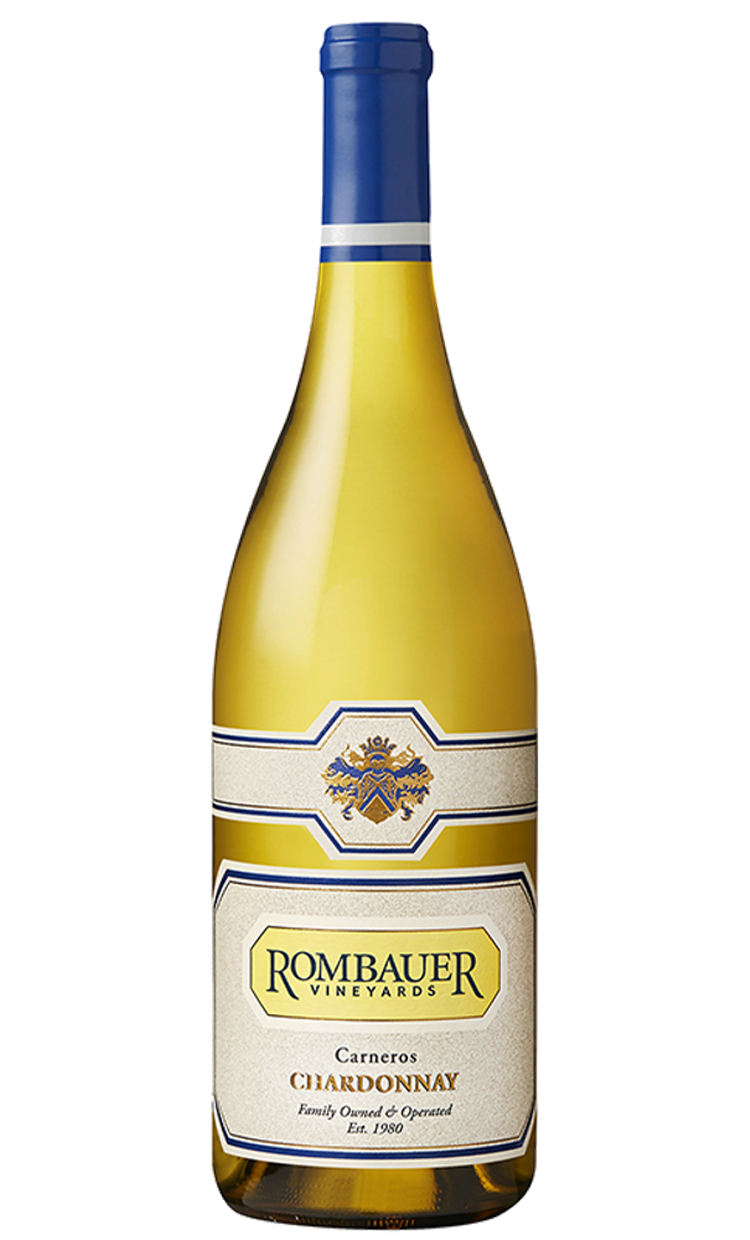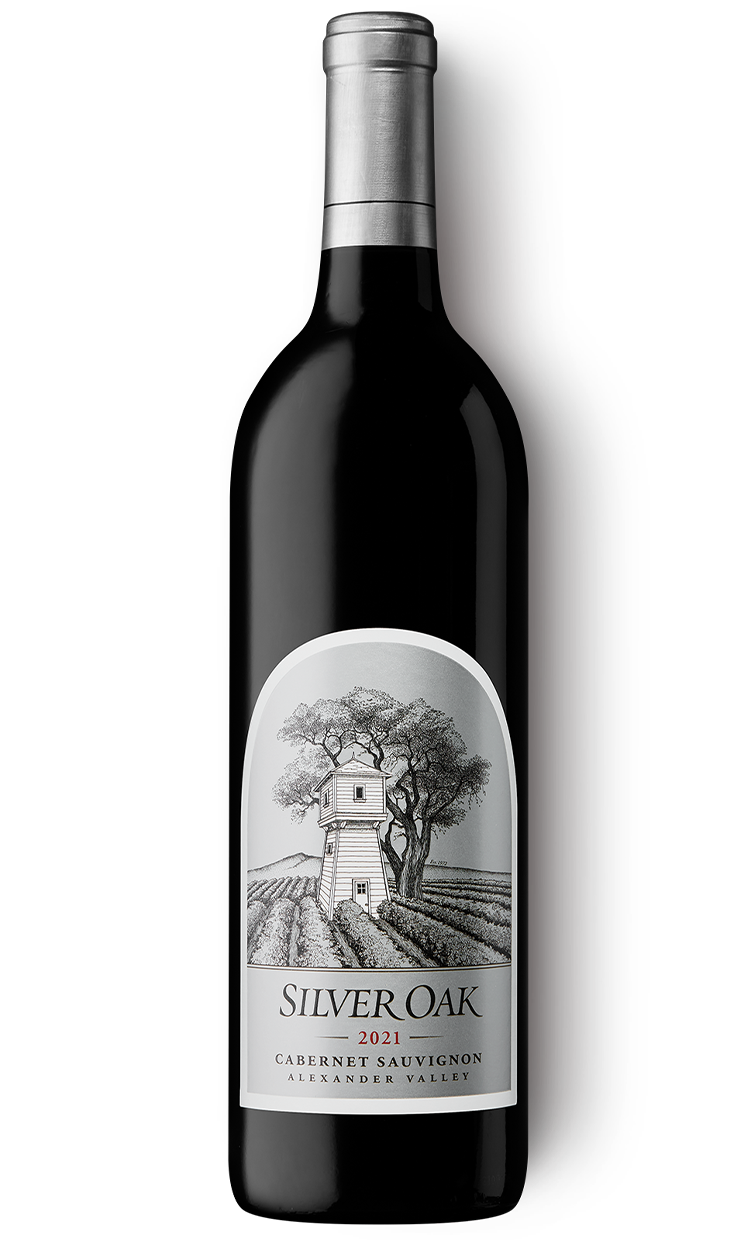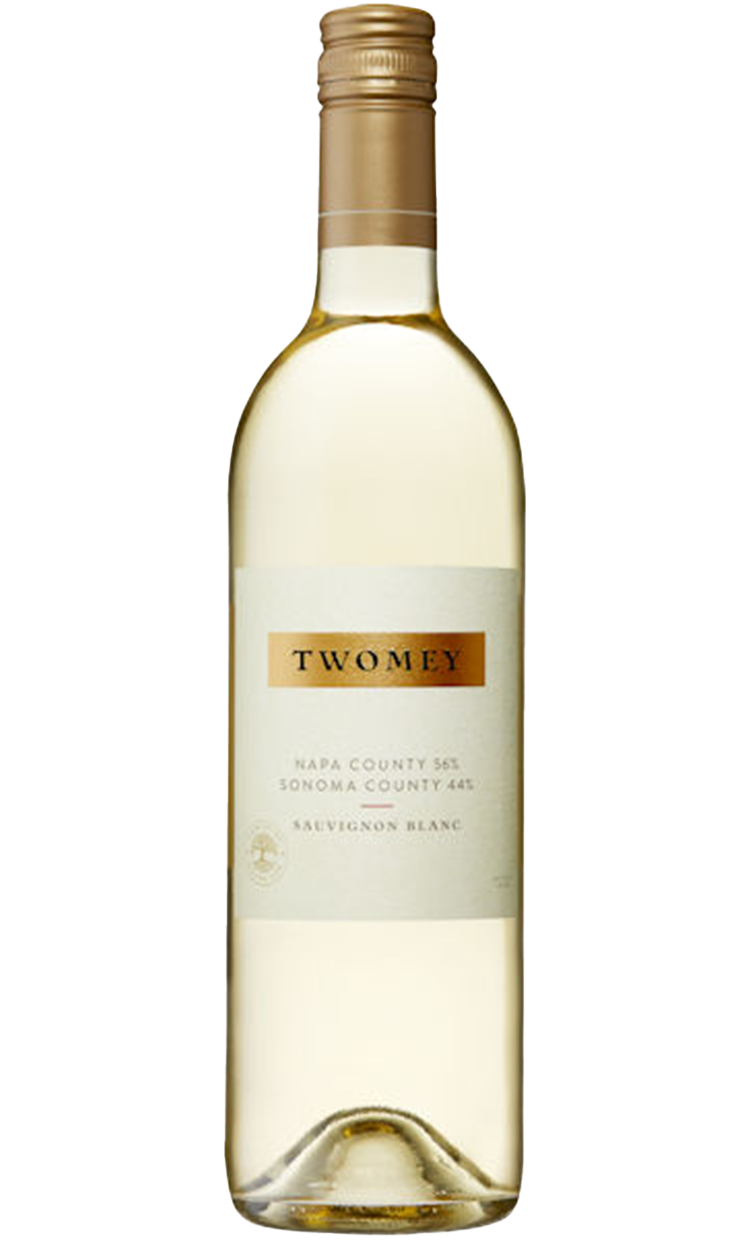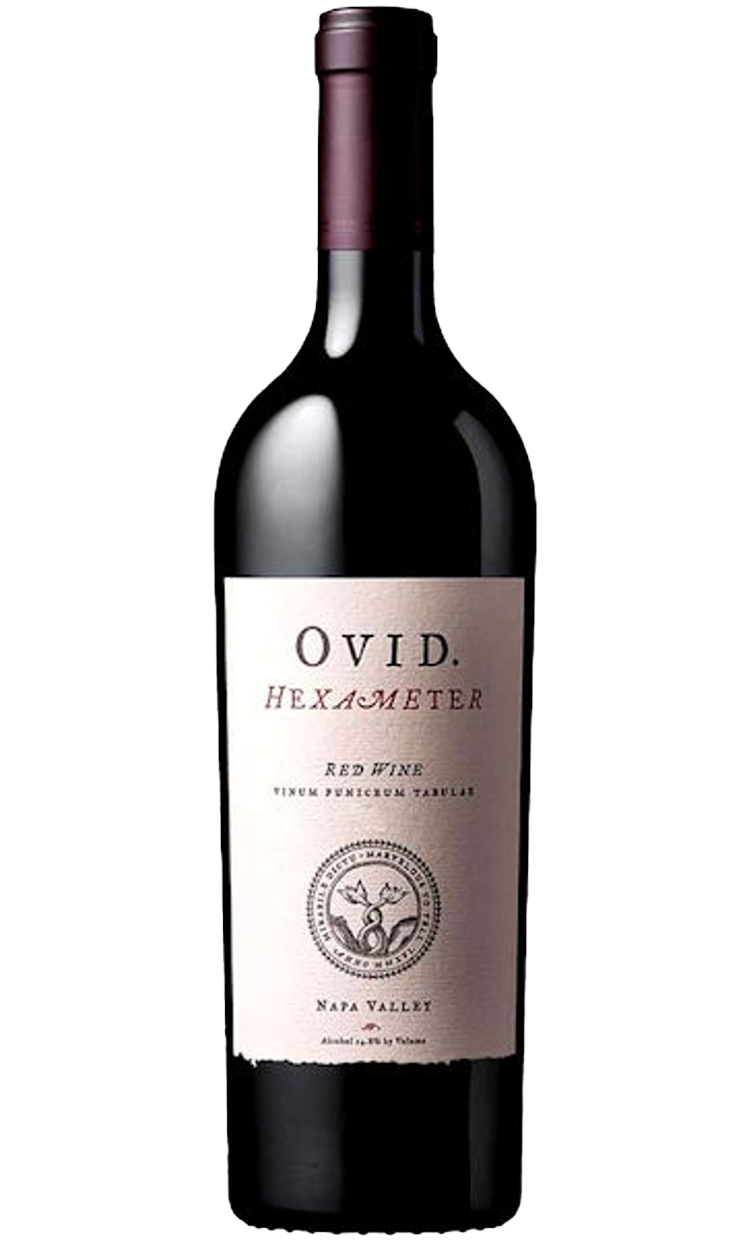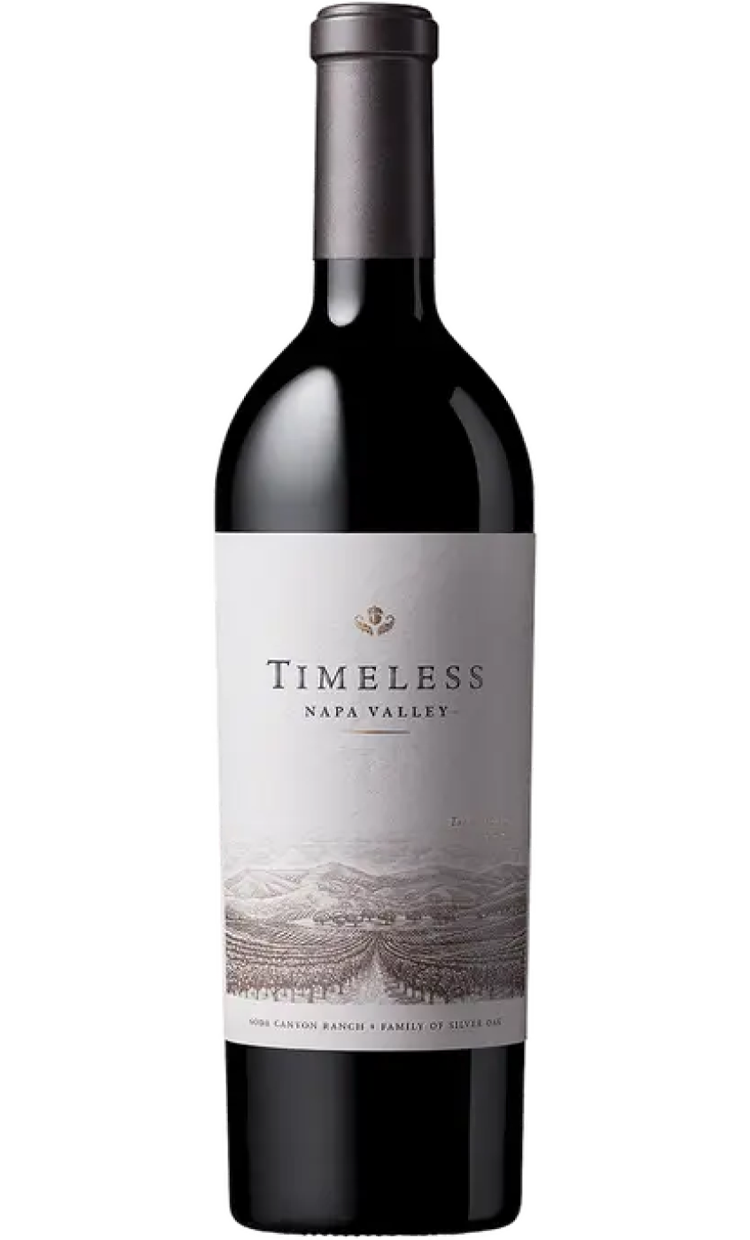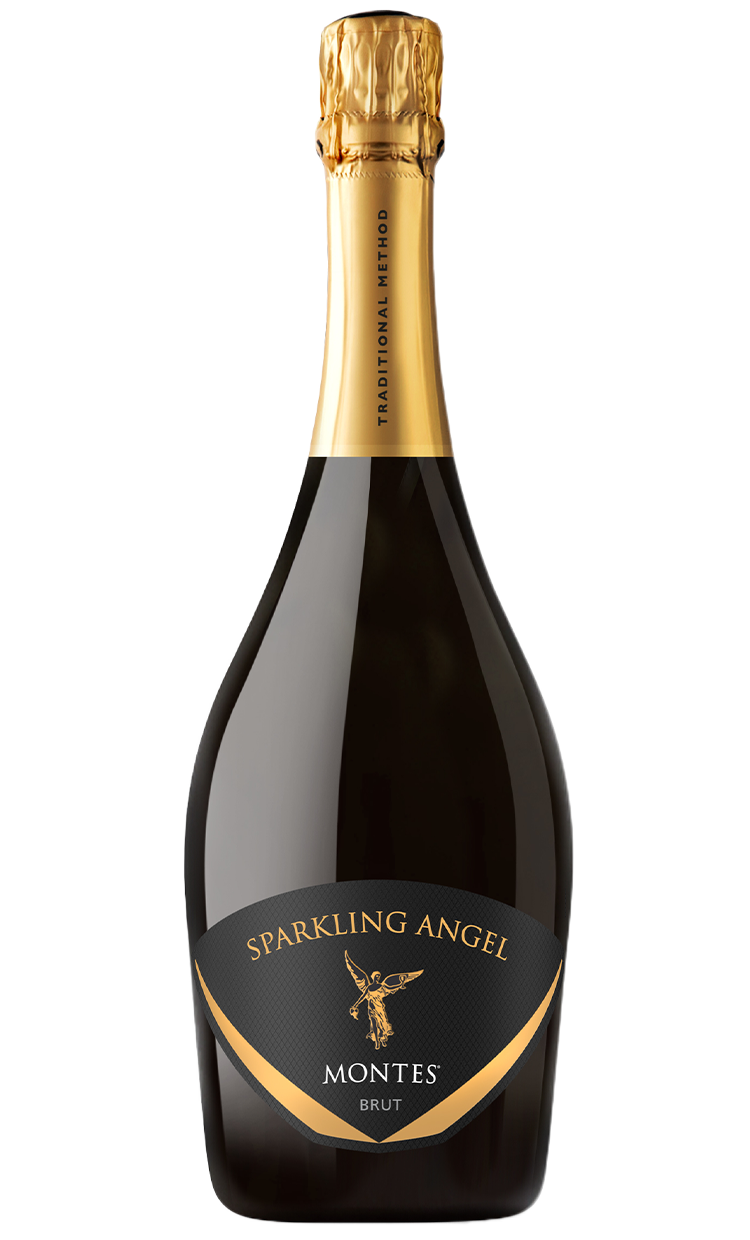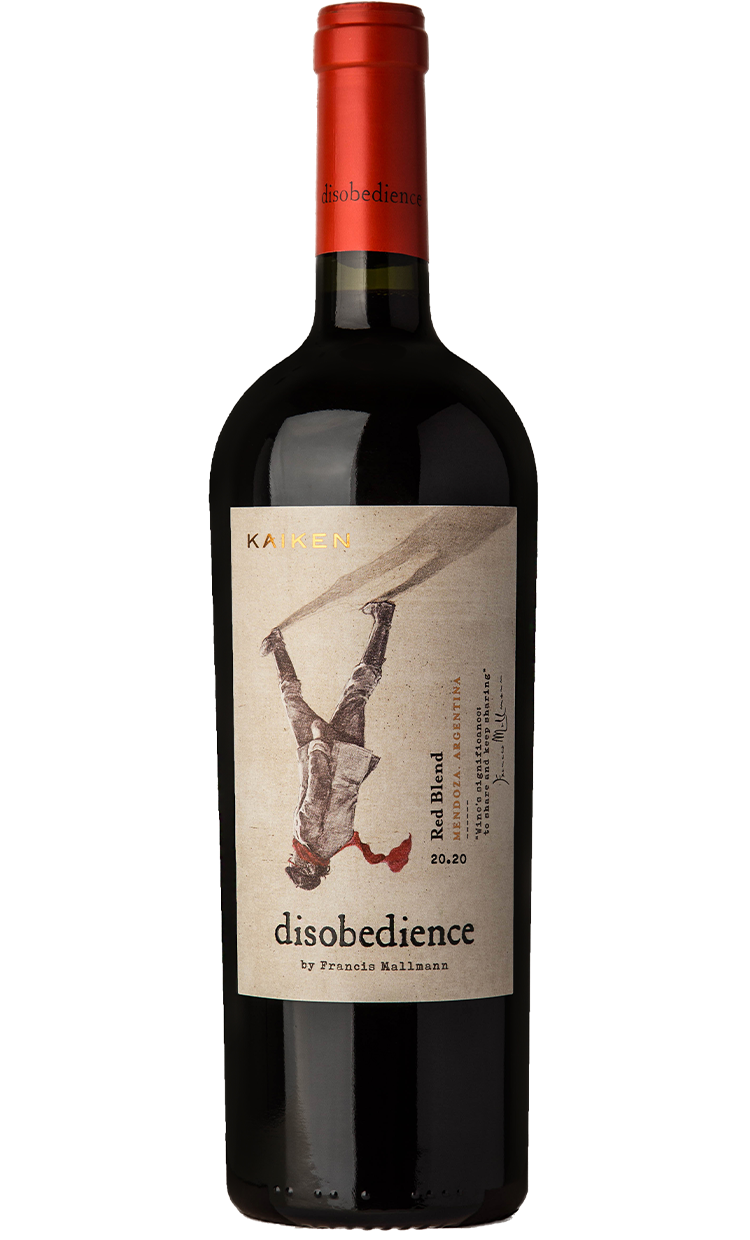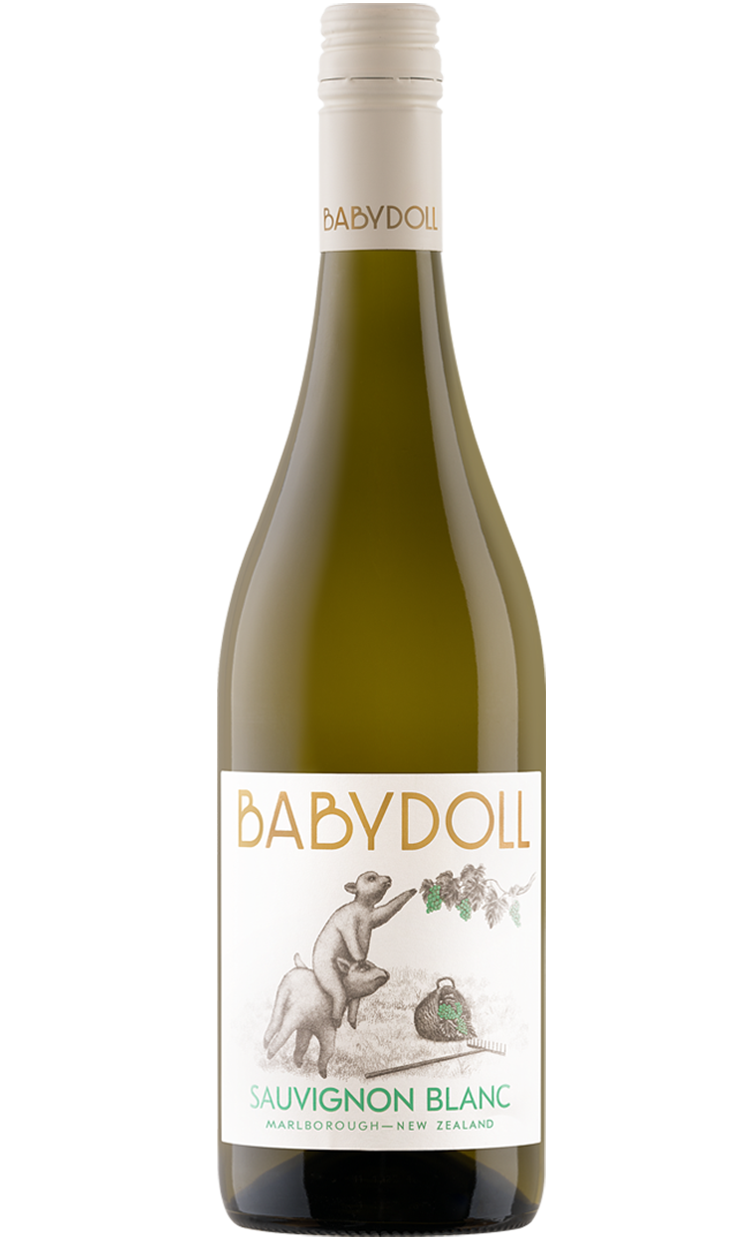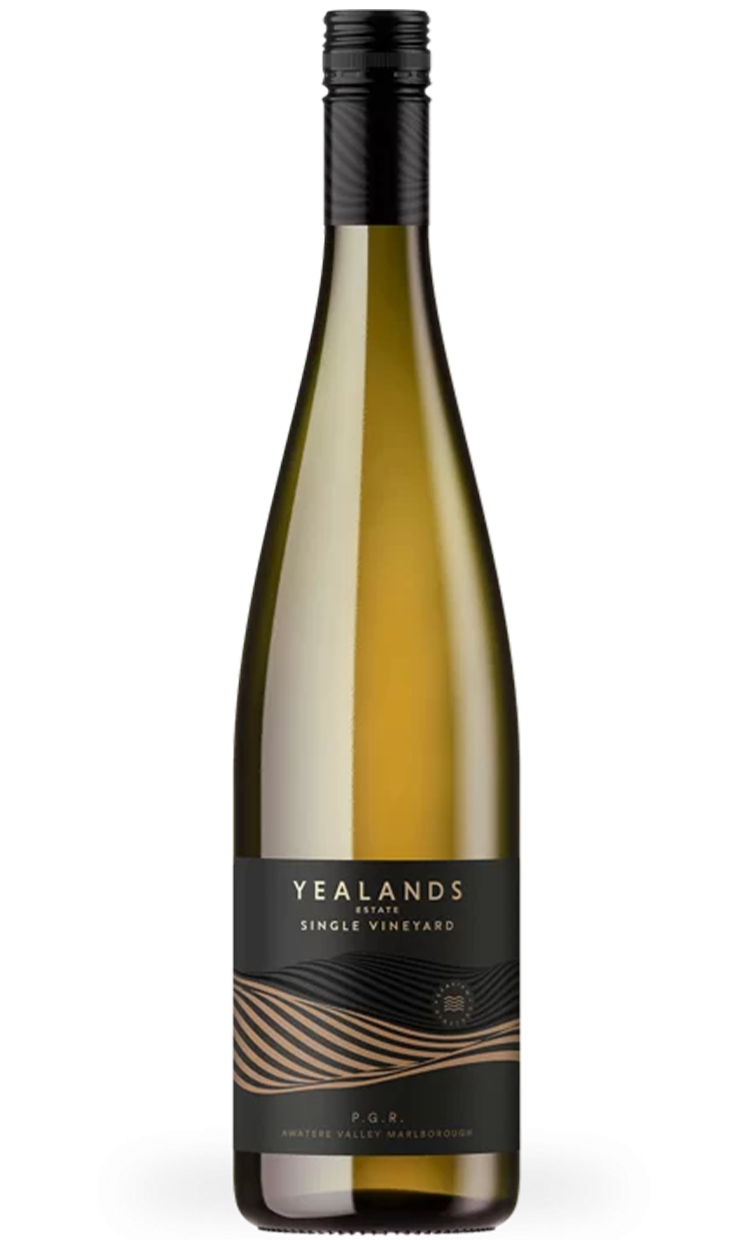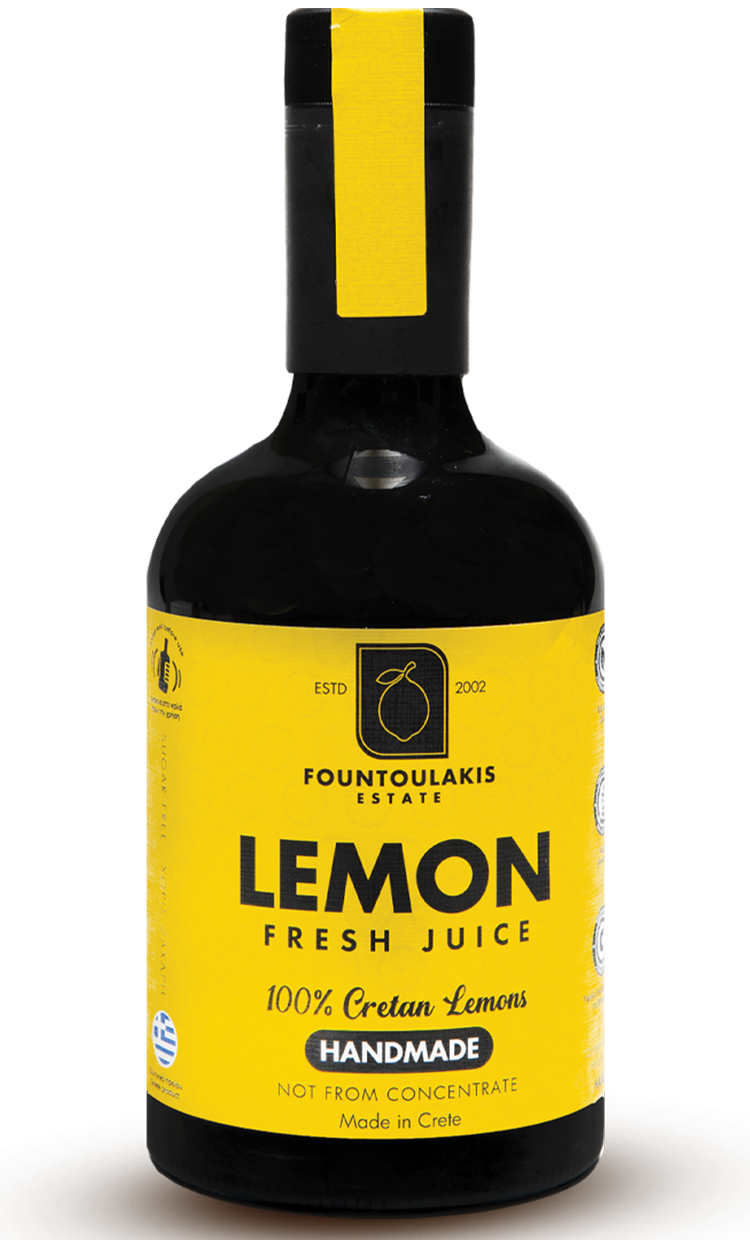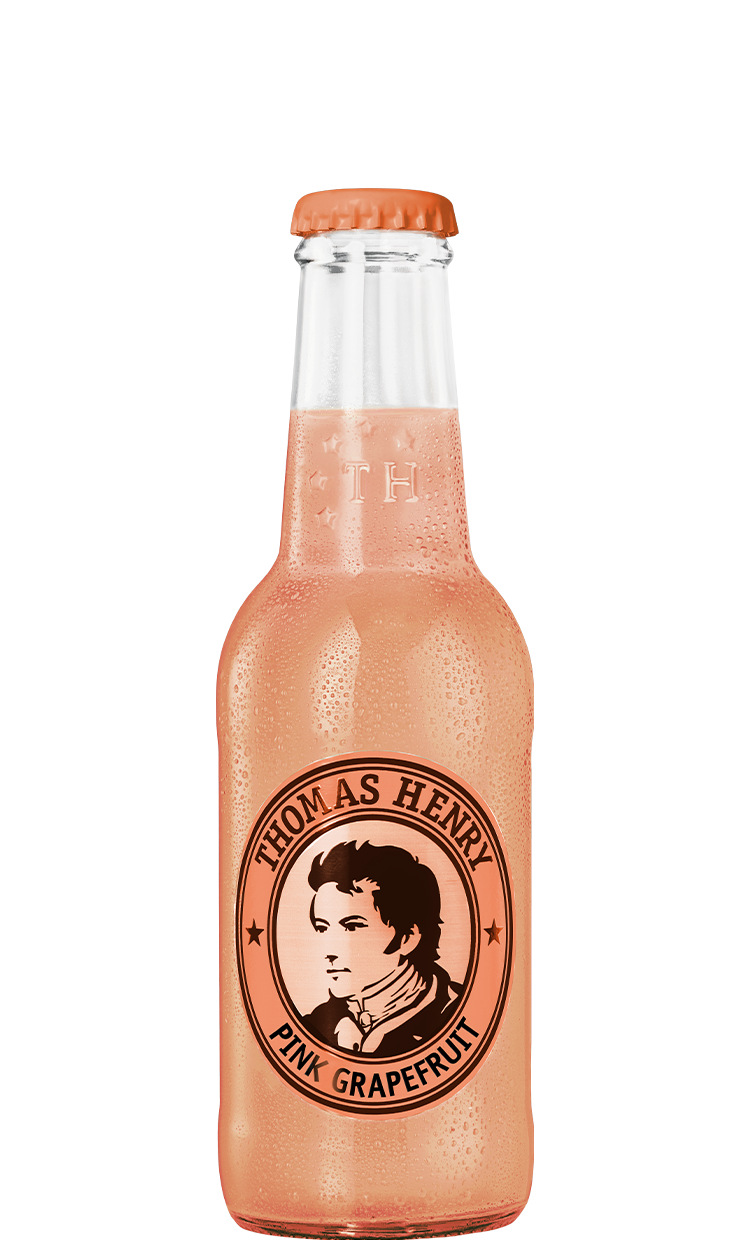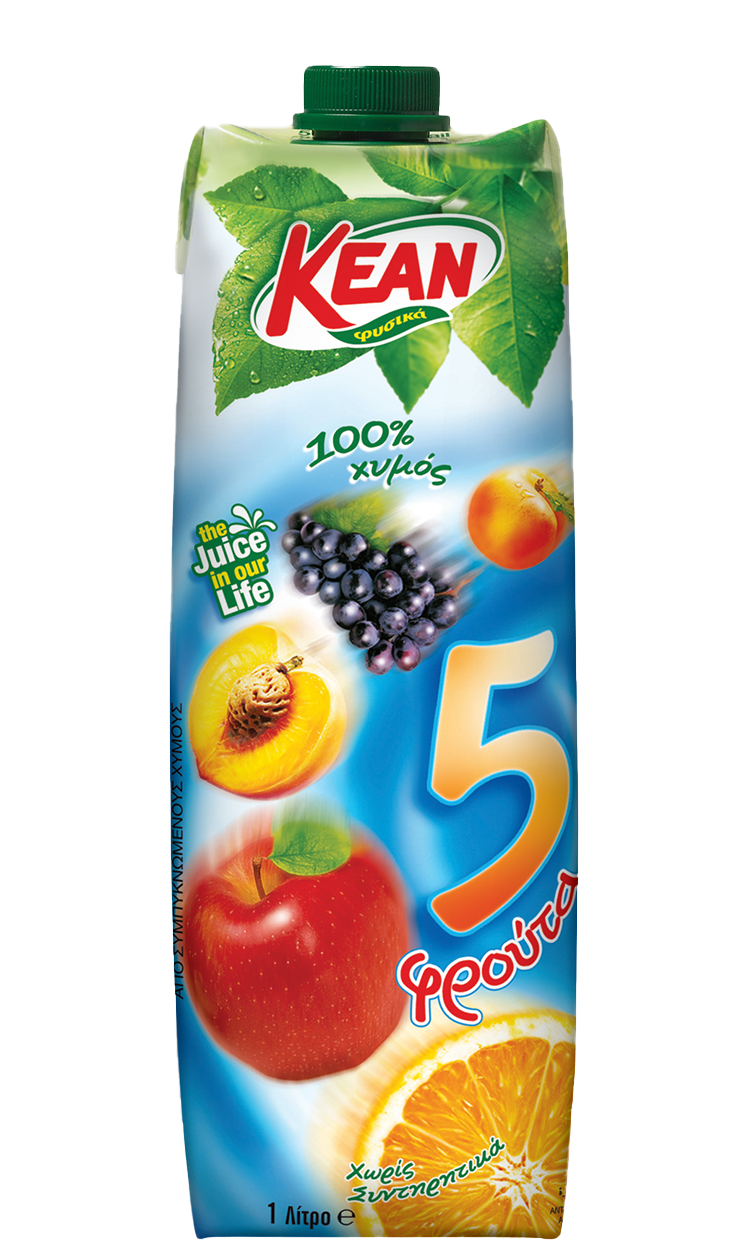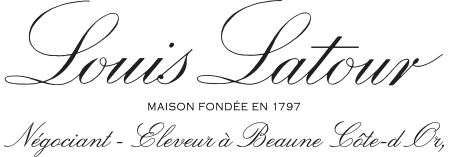
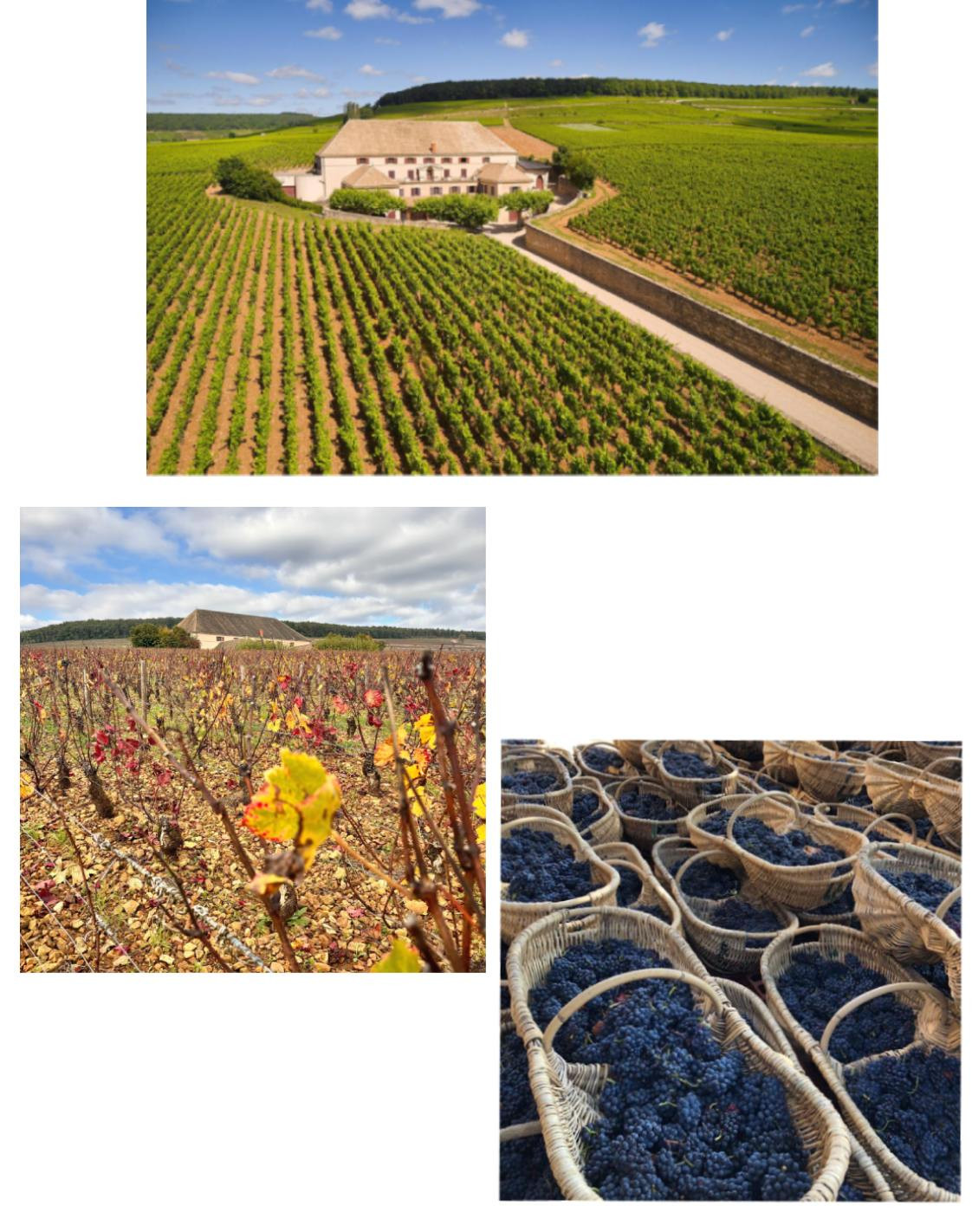
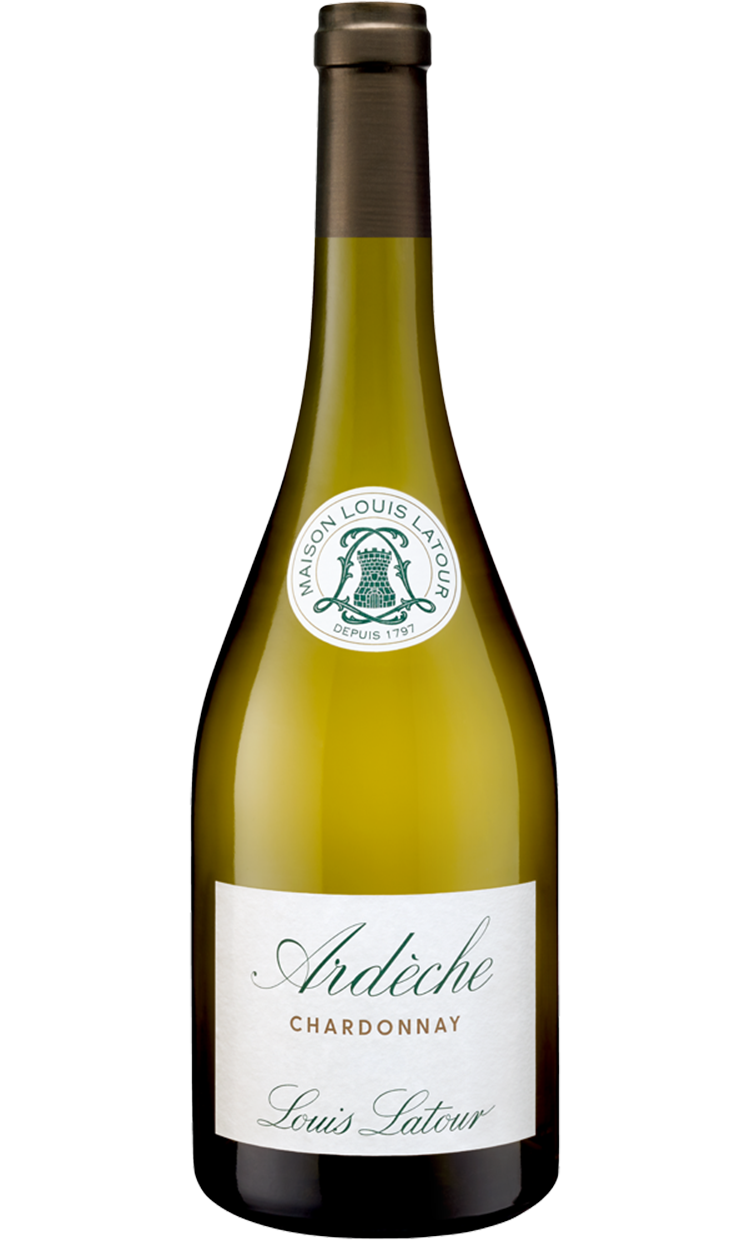

Domaine Louis Latour covers 48 hectares of vineyard, from the red Grand Cru of Chambertin and Romanée-Saint-Vivant in the Côte de Nuits to the white Grand Cru of Corton-Charlemagne and Chevalier-Montrachet in the Côte de Beaune. The company went from strength to strength during the 19th century culminating in the purchase of these exceptional sites. Today, Louis Latour's vineyards, represent the largest holding of Grand Cru vineyards in Burgundy.
Burgundy's varied and diverse terroirs are unique and the characteristics of each parcel are expressed through the single variety wines. Red wines are made from Pinot Noir and white wines from Chardonnay. Since the early 1990s Maison Louis Latour have actively practiced sustainable viticulture and worked to preserve the ecosystems and biodiversity of their vineyards. It is in this spirit that Maison Louis Latour chose to practice traditional viticultural techniques where care of the soil is essential to allow the vines to grow in the best conditions.
Maison Louis Latour remains an independent and family-run business, maintaining the traditional family values and ensuring the quality and authenticity of its wines.

Maison Louis Latour is one of the most innovative producers in Burgundy, whilst maintaining its traditional image with a view to expanding the business. In1979, the valley of the Ardèche river with its clay and limestone-based soils was chosen as the ideal location to produce a top-quality Chardonnay wine. The Chardonnay d'Ardèche is aged in stainless steel vats for approximately 10 months. It is a fresh and easy to drink wine. It reveals a beautiful pale gold color and an initial flinty nose that evolves into notes of acacia flowers and citrus fruit. It's a suave wine with plenty of roundness, supported by medium acidity, whose palate reveals floral and candied lemon aromas.
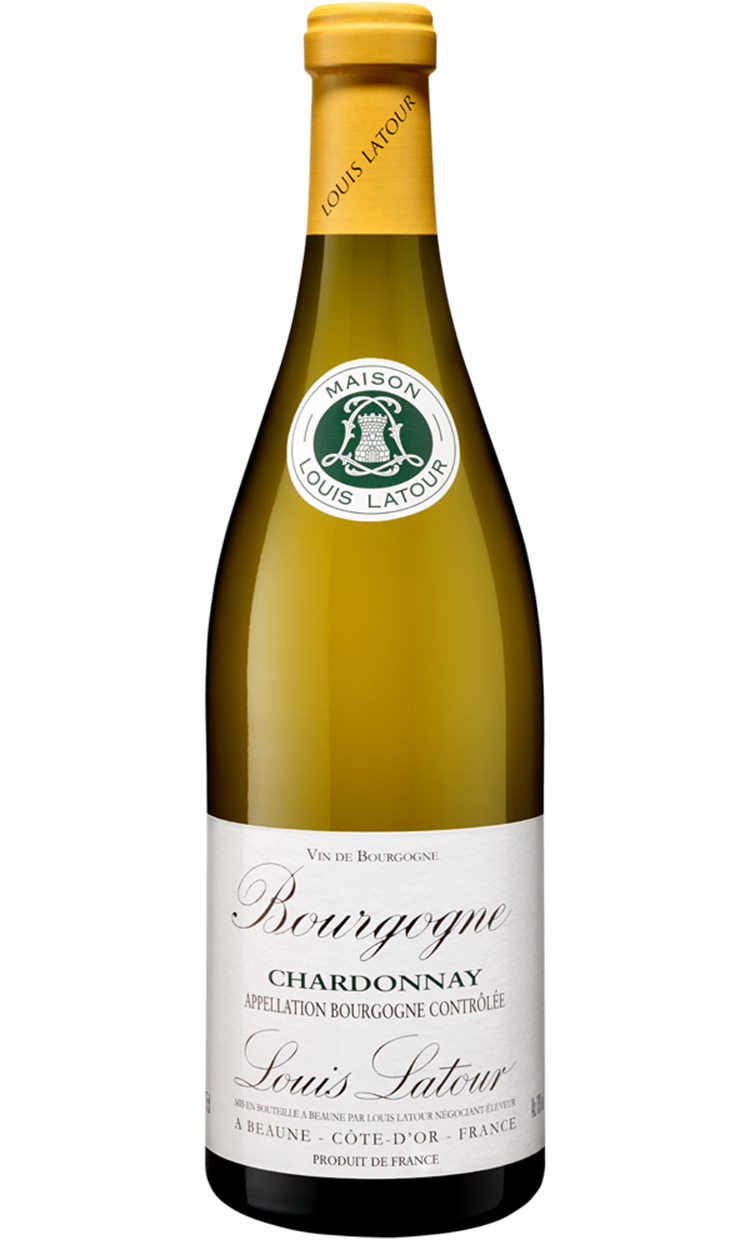
Chardonnay is a native grape variety of Burgundy, which perfectly matches the terroir of its vineyards. Poor soils or calcareous clay, perfect exposure and orientation but also a temperate climate. As a result, the sugar content can reach high levels while maintaining a balance of fruit and acidity. It is produced using traditional vinification in stainless steel tanks, with controlled temperature and complete malolactic fermentation. It remains in stainless steel tanks for 8 to 10 months. Bourgogne Chardonnay is pale yellow in colour. Its intense nose reveals aromas of muscatel and brioche. Ample and round on the palate, this wine offers aromas of yellow peach. Nice length.
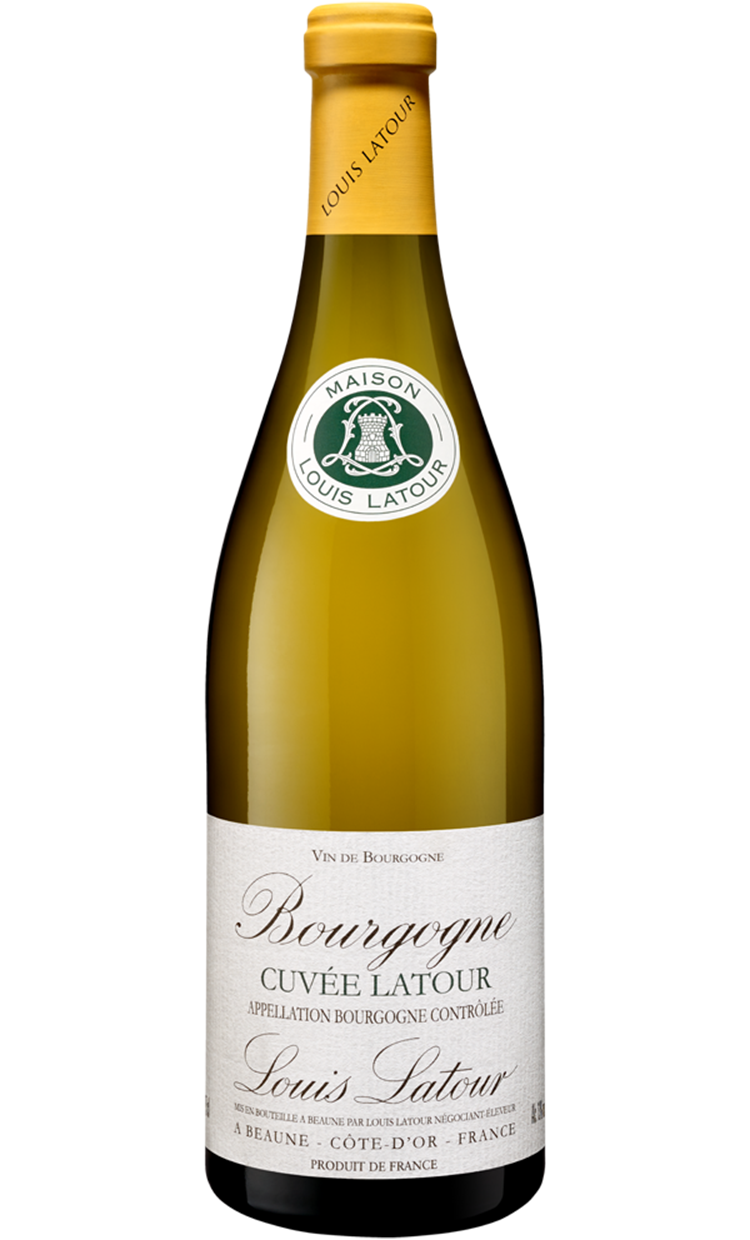
Bourgogne Blanc "Cuvée Latour" is made from a selection of the best Chardonnays from the Côte Chalonnaise. This results in a full-fledged totally authentic white Bourgogne with the consistency and finesse of the great white Villages. After the classic vinification and malolactic fermentation, the wine remains in stainless steel tanks for 8-10 months. It has a brilliant pale yellow colour. Its nose reveals aromas of citrus fruit. Full and round on the palate, with notes of fresh almond and a hint of muscat. Nice tension on the finish.
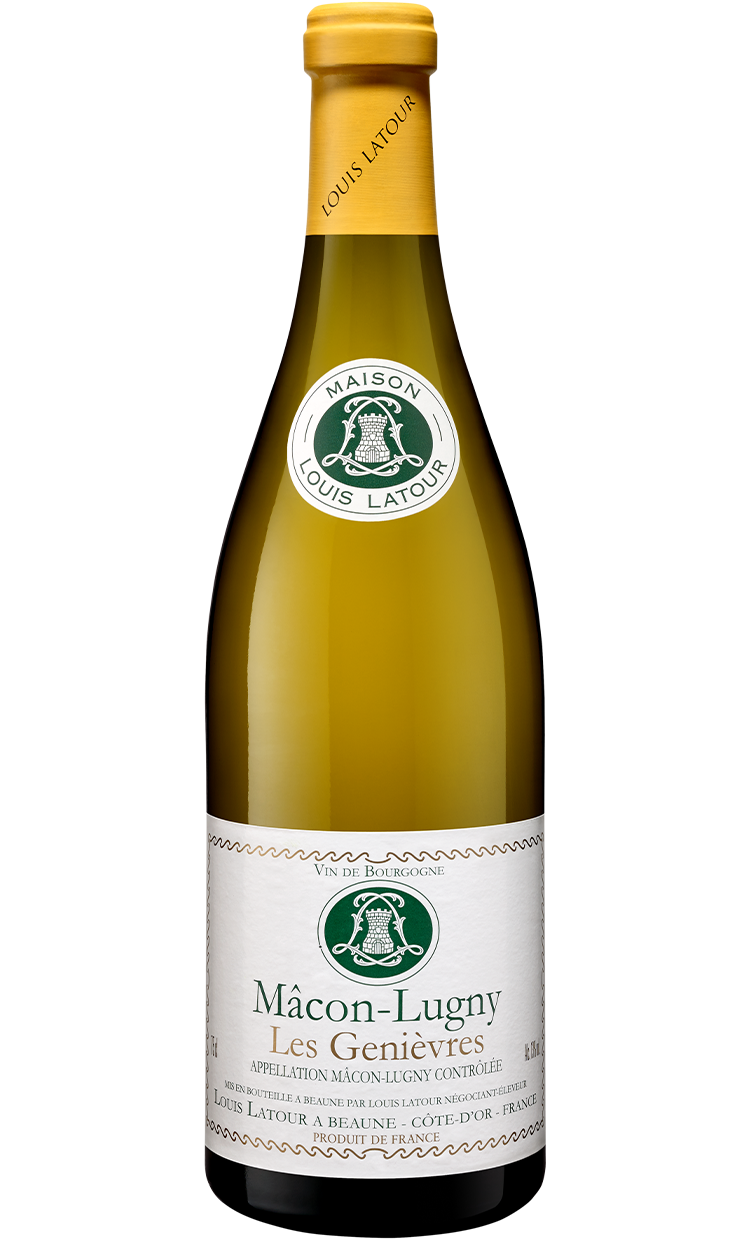
The village of Lugny is located high up in the south of the Mâcon region. It has a great reputation for its white wines, which has made Mâcon famous. It is well known that the village of Lugny, with its limestone soils and warm climate, produces the most coveted white wines of the region. The vineyard of "Les Genièvres" is one of the best. Maison Louis Latour selects the best grapes of this village, which thanks to its terroir, was the only village planted with Chardonnay 30 years ago. It is pale yellow in colour. Its intense nose reveals aromas of muscatel and brioche. Ample and round on the palate, this wine offers aromas of yellow peach. Nice length.
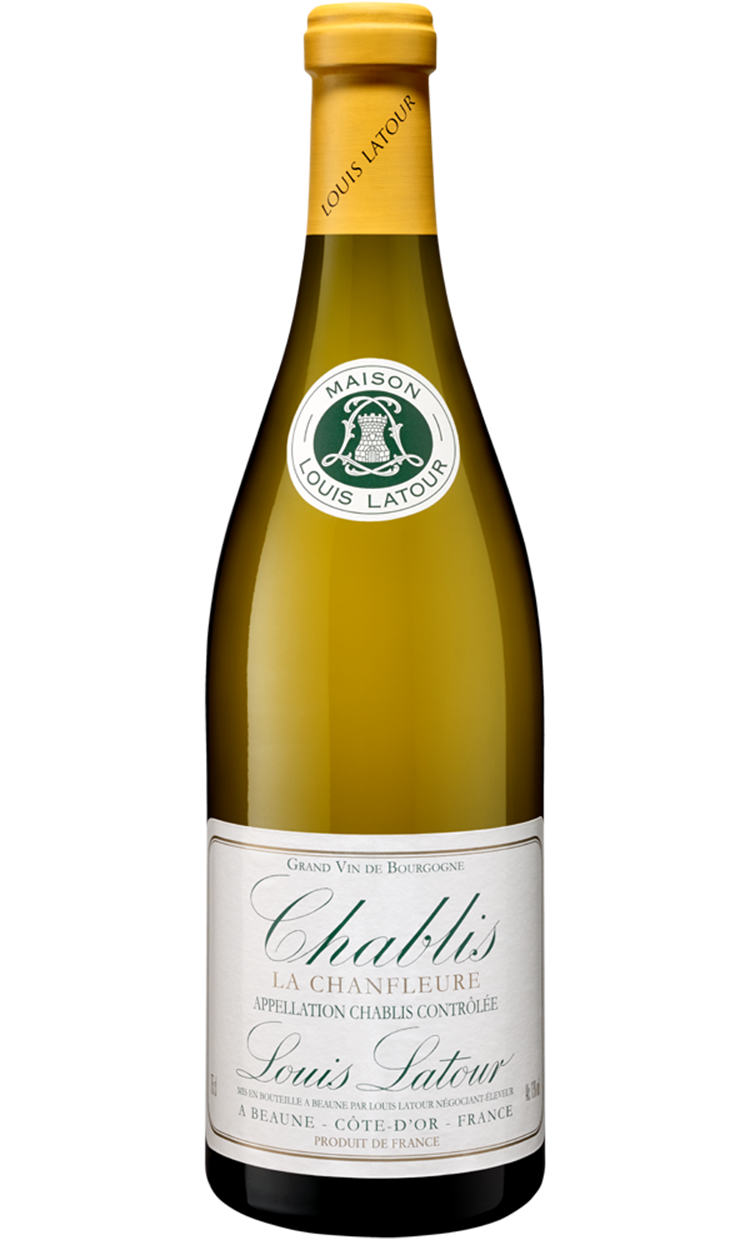
Chablis is located in the northern tip of Burgundy and is famous for its white wines with unique character, which is due to the special terroir of the vineyards. The soil is rich in a special type of limestone mixture (Kimmeridgian) that gives the wines unique flavours. Chablis “La Chanfleure” is the ultimate expression of the Chardonnay variety on the famous limestone slopes of the region. It is a wine with a fresh and lively character, fermented and aged for 8-10 months in stainless steel tanks. It has a bright and light yellow colour. The nose is dominated by floral notes with aromas of jasmine and honeysuckle. On the palate it is round and lively, with high acidity, revealing notes of almond and lemon. It has a nice length on the palate and a long finish.
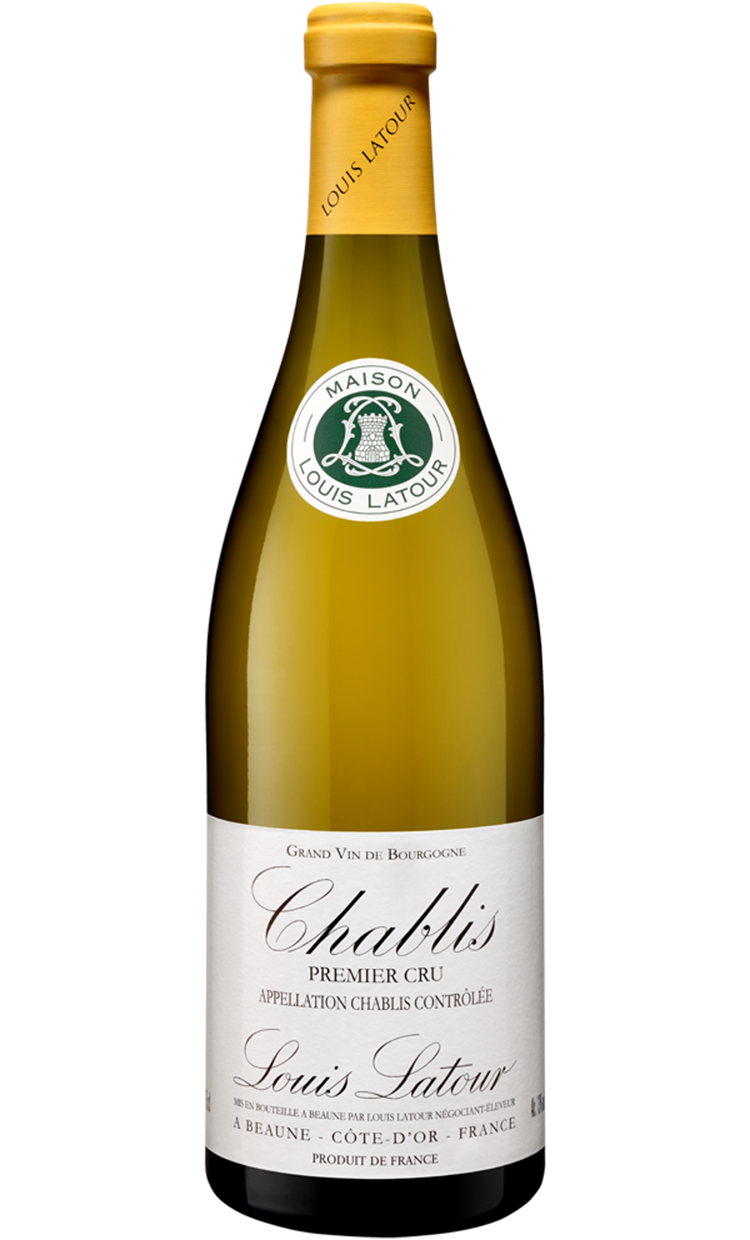
Chablis is an isolated island of vineyards in the northern section of viticultural Burgundy halfway between Dijon and Paris. Despite its enormous hectarage and output, the area of Chablis now produces less than 5% of what it did a hundred years ago. The lower yields and improved viticultural practices have made this wine a perrenial favourite. Maison Louis Latour selects sections of vineyards within Premier Cru appellations so that the quality of the fruit is guaranteed year after year. Τhe traditional fermentation in stainless steel vats, and the ageing for 8-10 months gives to the wine its fresh character. It has a pale yellow colour with green hues. Its nose reveals notes of lime blossom, while the palate is round and fresh, with citrus fruit aromas. This wine offers a nice tension on the finish.
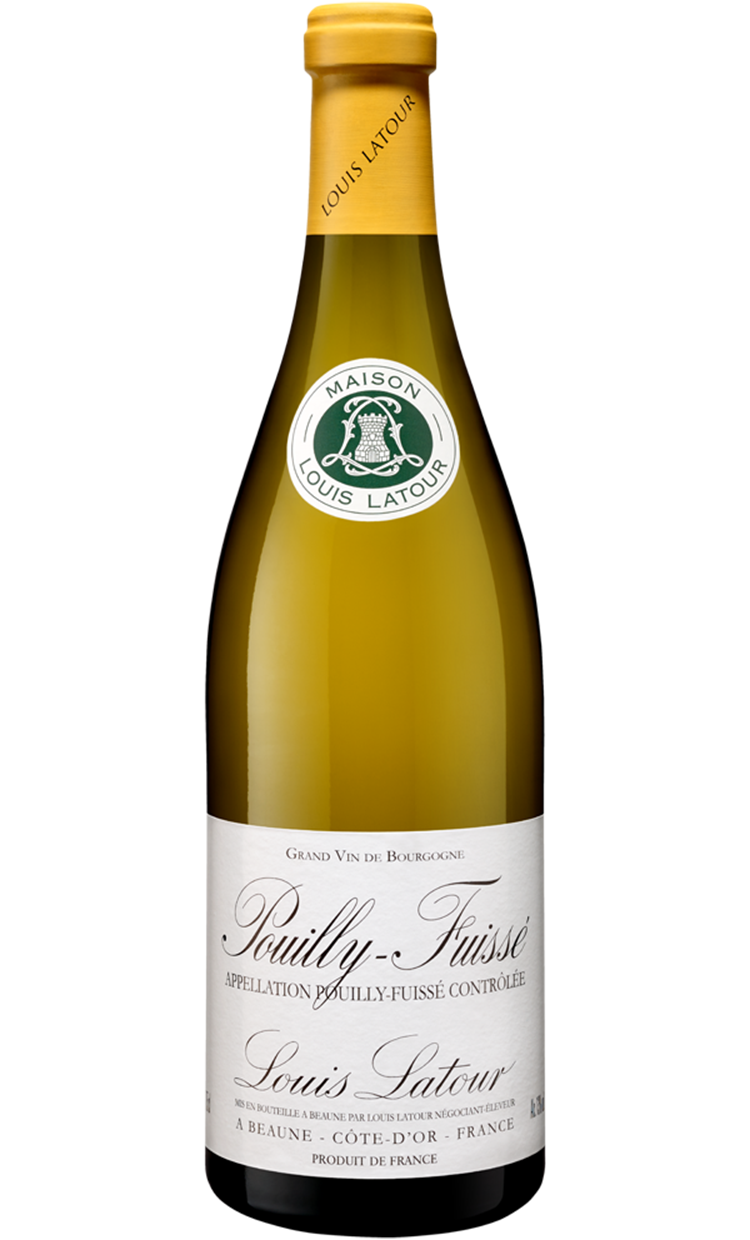
Pouilly-Fuissé is the name of a village in the Mâconnais producing highly distinctive Chardonnay wine. The vineyards producing this wine are part of a breath-taking landscape where the limestone and heavy clay soils combine to create a unique 'terroir'. It is traditionally vinified at a controlled temperature, followed by malolactic fermentation and left in stainless steels for 8-10 months. The result is a wine with a fresh and lively character. It has a bright and pale yellow color, with a floral nose of acacia and honeysuckle. Full and round on the palate, it again reveals honeysuckle aromas associated with notes of fresh almond. The finish is long and persistent.
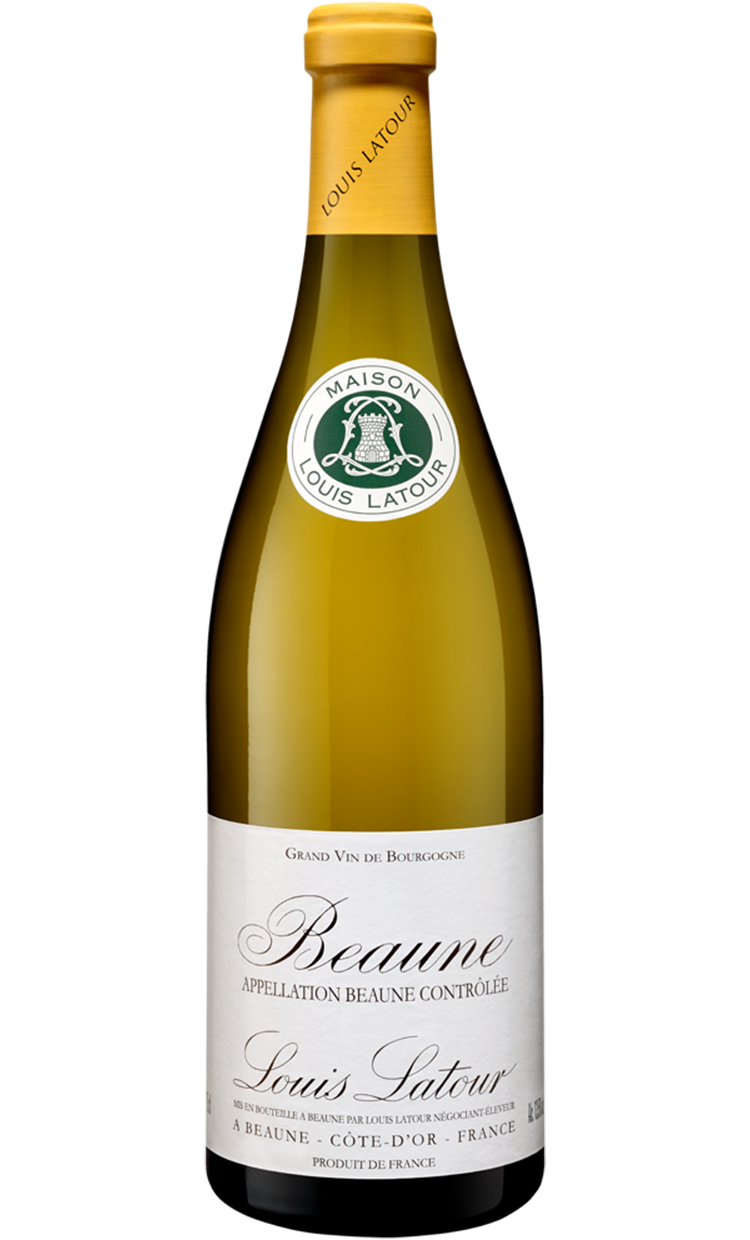
From the gently sloping hillside overlooking the ancient walled town of Beaune comes this classic white Burgundy from Maison Louis Latour. The Beaune Blanc accounts for only 5% of the total production from this appellation. The soil in this region is made up of chalk and limestone which suits the Chardonnay well. The alcoholic and malolactic fermentation take place in oak barrels, and then the wine is aged for 8-10 months in barels, 10% of which are new. The barrels used are made in the Maison of Louis Latour. Brilliant pale yellow colour and a floral nose with hints of almond characterize the Beaune Blanc. Round on the palate, this wine has aromas of honey with a long finish.
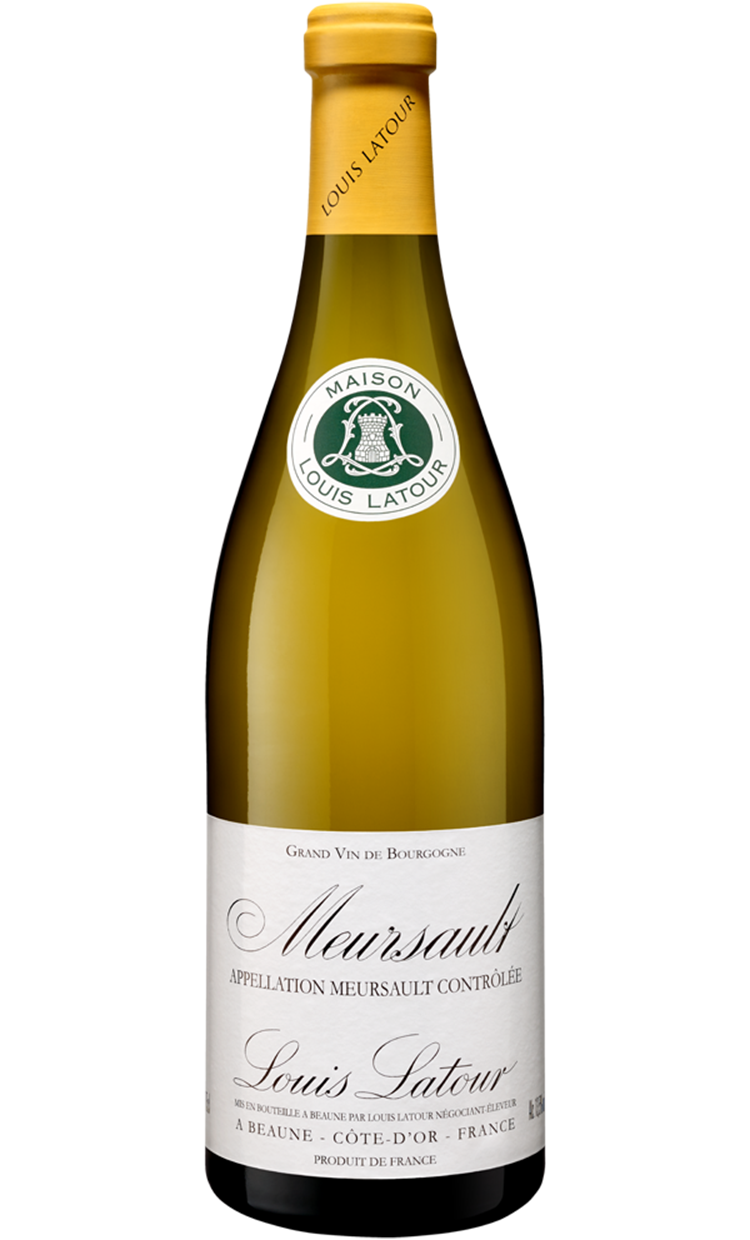
Situated just south of Volnay and Pommard in the Côte de Beaune, Meursault is the most extensive southerly white wine commune of the Côte-d'Or. The perfect south-easterly exposure and the stony, marl soil contribute greatly to the remarkable finesse of which the wines of Meursault are capable. Typical Meursault tend to be very full, mellow wines and mature somewhat sooner than the wines from the neighbouring communes of Puligny and Chassagne. The alcoholic and malolactic fermentation takes place in oak barrels, which are stored at Maison Louis Latour. The wine haw a brilliant pale yellow colour. The nose emanates scents of lemon, a touch vanilla and honeysuckle. Full on the palate, it reveals notes of vanilla, fresh almonds and citrus notes. A good mineral finish.
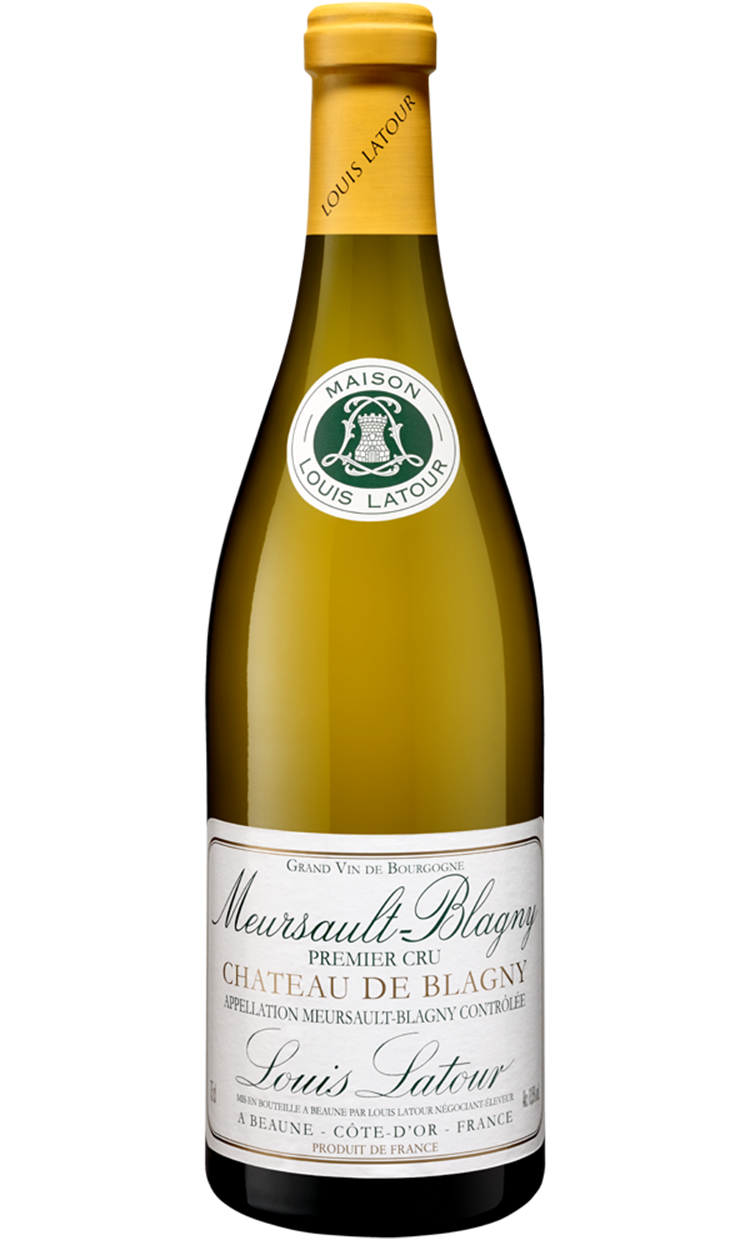
Situated just south of Volnay and Pommard in the Côte de Beaune, Meursault is the most extensive southerly white wine commune of the Côte-d'Or. Surprisingly for an appellation of this quality, no Grand Cru exists, however the high quality of the 1er Cru more than compensates for this. An exclusive of Maison Louis Latour (monopole), the vineyards constituting the estate of the Château de Blagny are located high on the hillside overlooking Meursault and Puligny-Montrachet. Château de Blagny is the most important domaine in the commune. The alcoholic and malolactic fermentation takes place in oak barrels, 35% of which are new. This bright, pale yellow Meursault has an intense nose, with smoky, toasty notes and a hint of oak. There are aromas of hazelnut, vanilla and white peach. The palate is full-bodied and very long, with notes of fresh almond and a beautiful, resin-like finish.
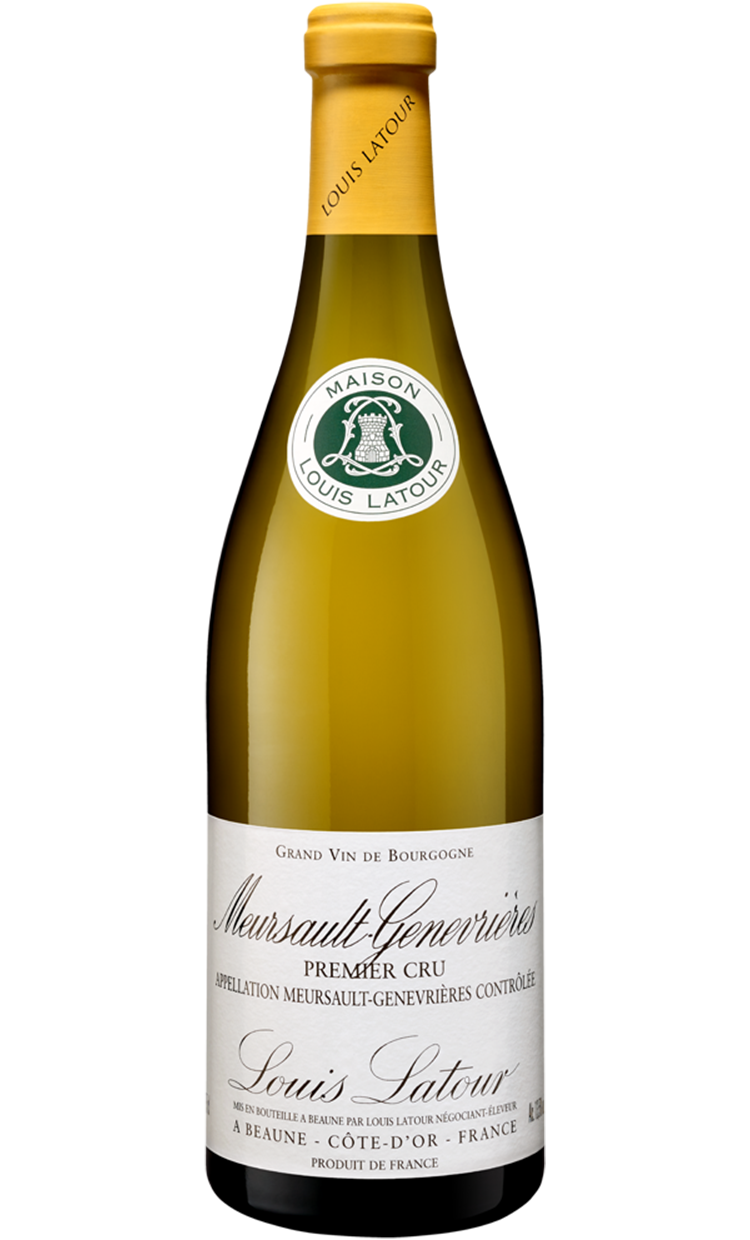
Situated just south of Volnay and Pommard in the Côte de Beaune, Meursault is the most extensive southerly white wine commune of the Côte-d'Or. The perfect south-easterly exposure and the rocky, stony soils contribute greatly to the remarkable finesse of which the wines of Meursault are capable. 'Genevrières' comes from 'genévrier' (juniper), a shrub with prickly needles and purple berries which enjoys the limestone soils of Burgundy. Many junipers were replaced by vines, hence the name of the juniper forms part of the name of many parcels of vines. The Meursault 1er Cru "Genevrières" is a great example of a fine Burgundy Chardonnay. The alcoholic and malolactic fermentation is carried out in oak barrels. For 8-10 months the wine remained in oak barrels, 50% of which are new. The wine has a brilliant pale yellow. Notes of almond emerge on the nose, along with toasted nuances and acacia honey. The palate is full-bodied, round and fresh. A finish of marzipan and vanilla.
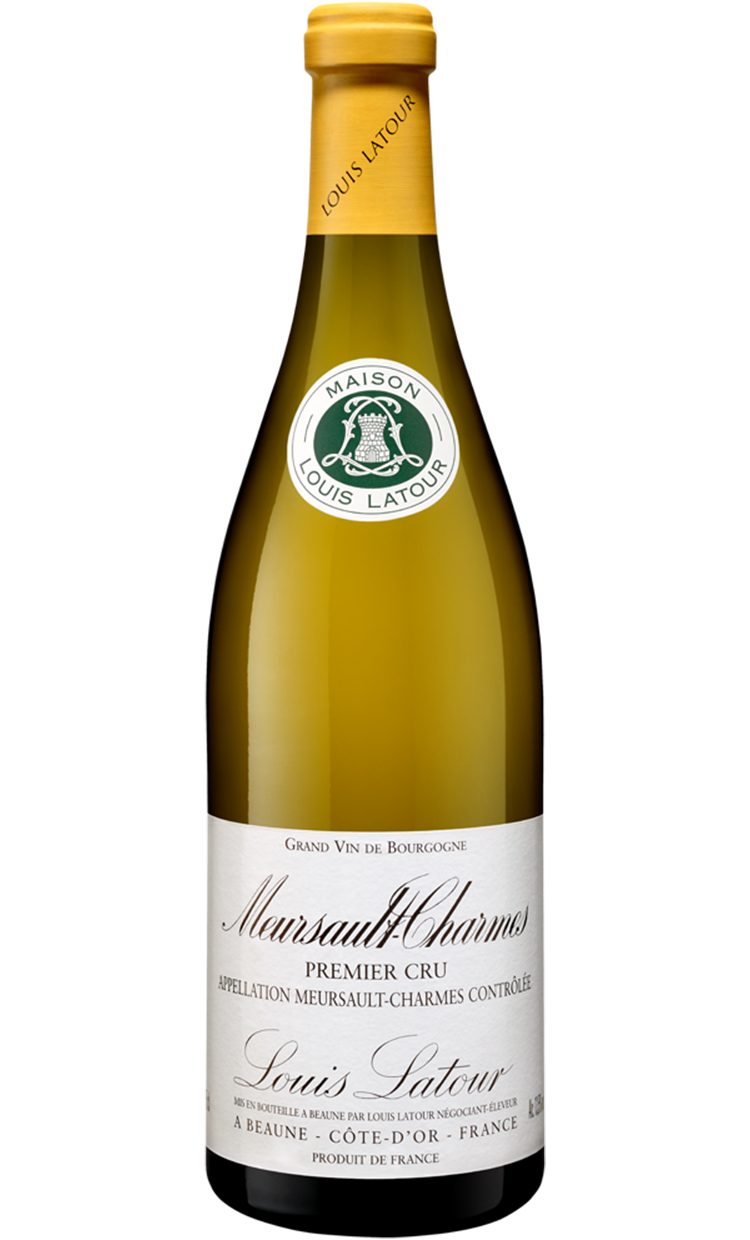
Situated just south of Volnay and Pommard in the Côte de Beaune, Meursault is the most extensive southerly white wine commune of the Côte-d'Or. Surprisingly enough for an appellation of this quality, no Grand Cru exists, however the high quality of the 1er Cru more then compensates for this. The vineyard of Meursault "Charmes" is located just to the south of the village and is recognised to be one of the finest plots producing the Meursault appellation. The well-drained mineral soil is ideally-suited to the type of Chardonnay grown here and the resultant wine is opulent and perfumed with very ripe peach, apple, and nut flavours. A wonderful finish. It is vinified in oak barrels, 50% of which are new and remain for another 8-10 months. Meursault 1er Cru "Les Charmes" 2023 is pale yellow in colour. The nose reveals notes of toasted hazelnut and beeswax. The palate is full-bodied and seductive, with fresh hazelnut and smoky, toasty notes. A wine with a lovely saline finish and excellent length.
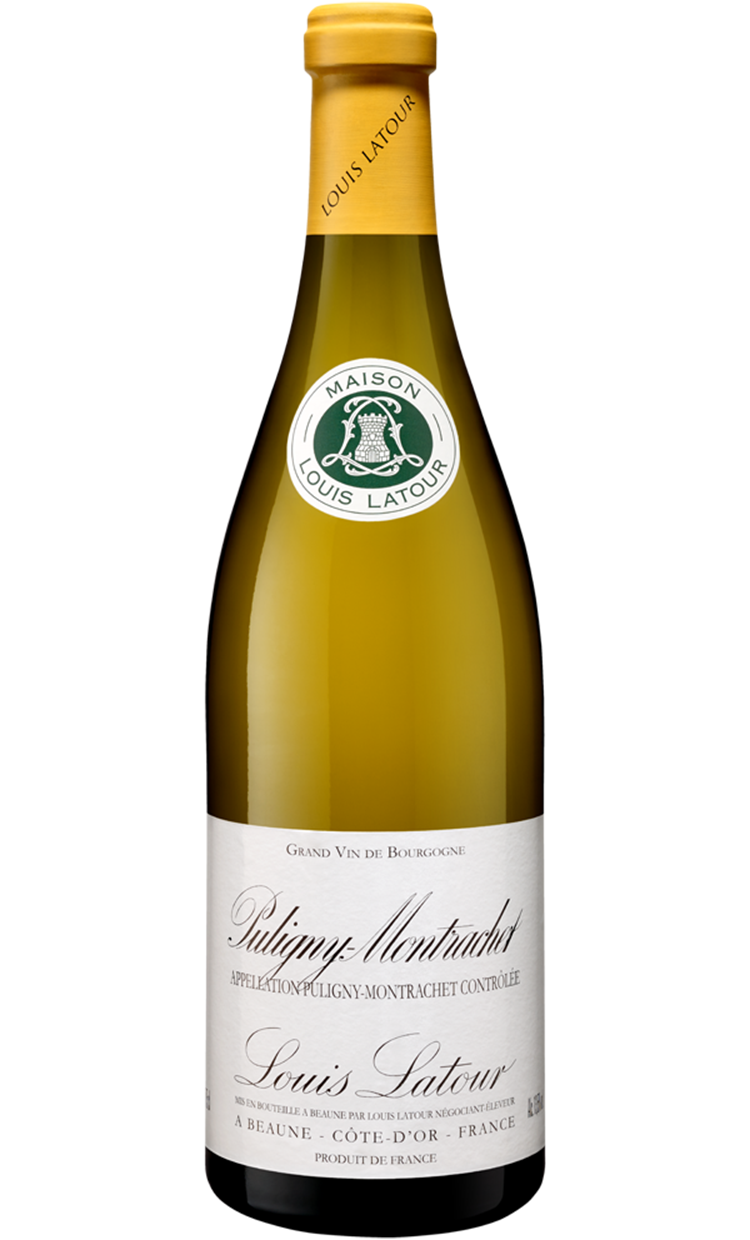
Home to some of the world's most extraordinary Chardonnays including the famous Montrachet, Chevalier-Montrachet, and Bâtard-Montrachet, Puligny-Montrachet is the 216 hectare geographical middleman of the white wine villages, bordered by Meursault to the north and Chassagne-Montrachet to the south. According to the history books, the village of Puligny gained its name from Puliniacus, a Gallo-Roman military encampment. The Montrachet aspect was added in the last century to stress the consistently excellent quality of the wines produced in the local vineyards. The fermentation takes place in oak barrels and then the wine remains for 8-10 months in barrels, 15% of which are new. It has a bright, pale yellow colour. It reveals a very floral nose with notes of acacia and vanilla. The palate is ample and round, with aromas of vanilla and toasted almonds. Great tension on the finish.
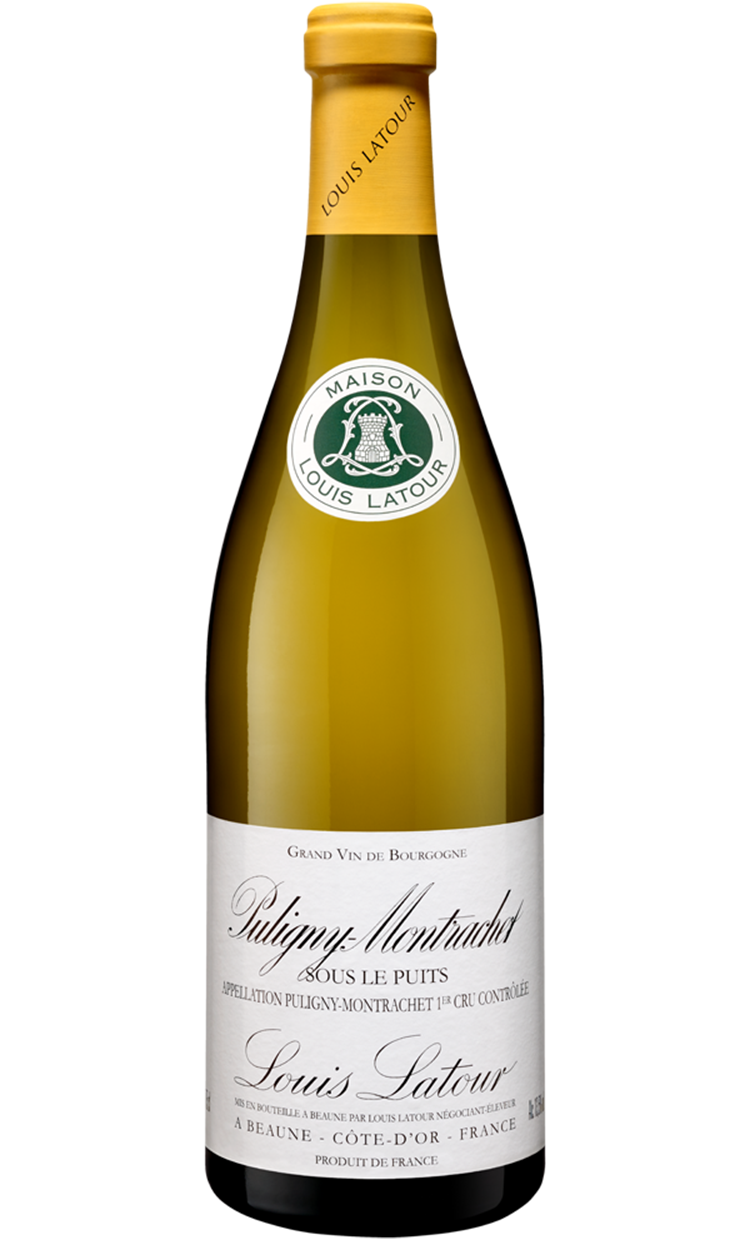
Home of some of the world's most extraordinary Chardonnays including the famous Montrachet, Puligny-Montrachet is the geographical middleman of the white wine villages, bordered by Meursault to the north and by Chassagne-Montrachet to the south. The vineyard of Puligny-Montrachet "Sous les Puits" has a south-easterly exposure and is situated at the top of the hill of Blagny, just above "La Garenne", near a spring, hence the name of "Sous le Puits" ("Under the Well"). This wine has a brilliant pale yellow colour. The nose is brioche-like, with hints of vanilla. The palate is full and round, with hints of acacia honey and almond, with a fine mineral finish.
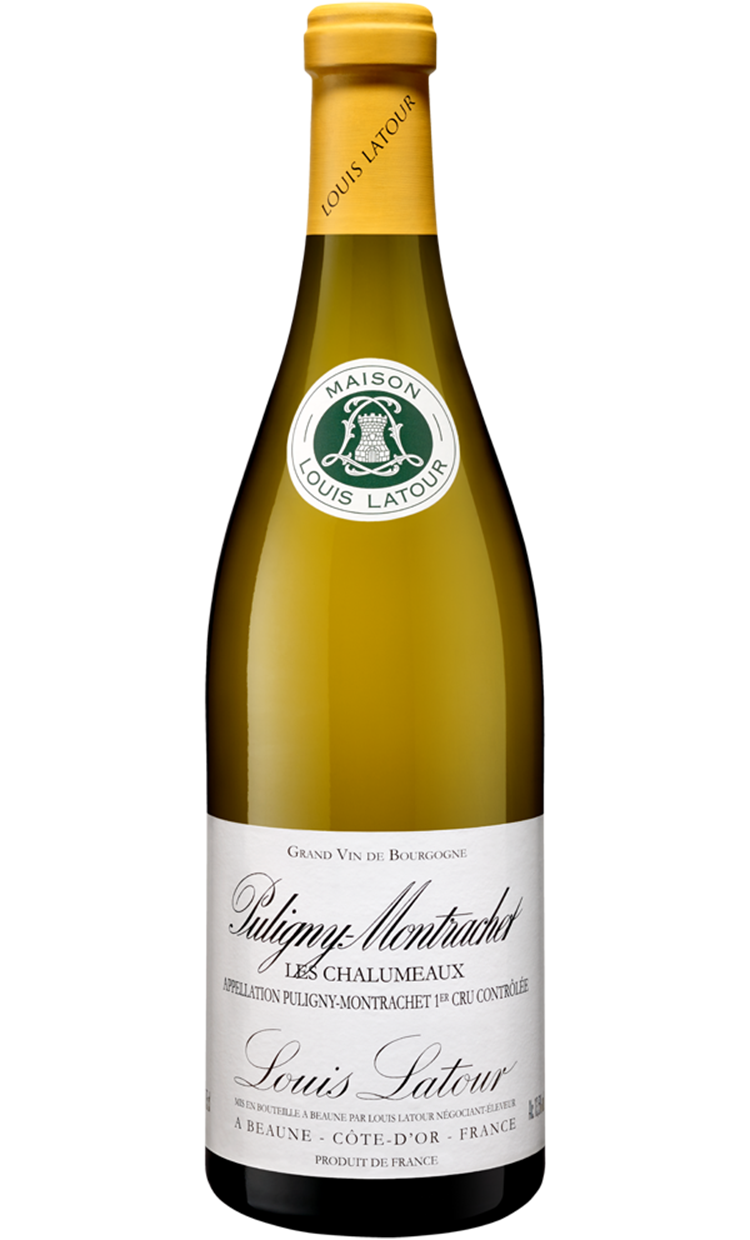
Home of some of the world's most extraordinary Chardonnays including the famous Montrachet, Puligny-Montrachet is the geographical middleman of the white wine villages, bordered by Meursault to the north and by Chassagne-Montrachet to the south. Located just next to the vineyard "Les Truffières", almost at the top of the hill, the vines "Les Chalumeaux" grow high up on limestone and marl soil with an ideal south-easterly exposure, catching as much sunlight as the day-time permits. These vineyards have belonged to the Chalumeau family (or whom exloited the parcel), hence its name. It is a brilliant pale gold colour. The nose reveals aromas of white peach, with a hint of wood. The full, round palate is characterized by notes of marzipan with a mineral finish.
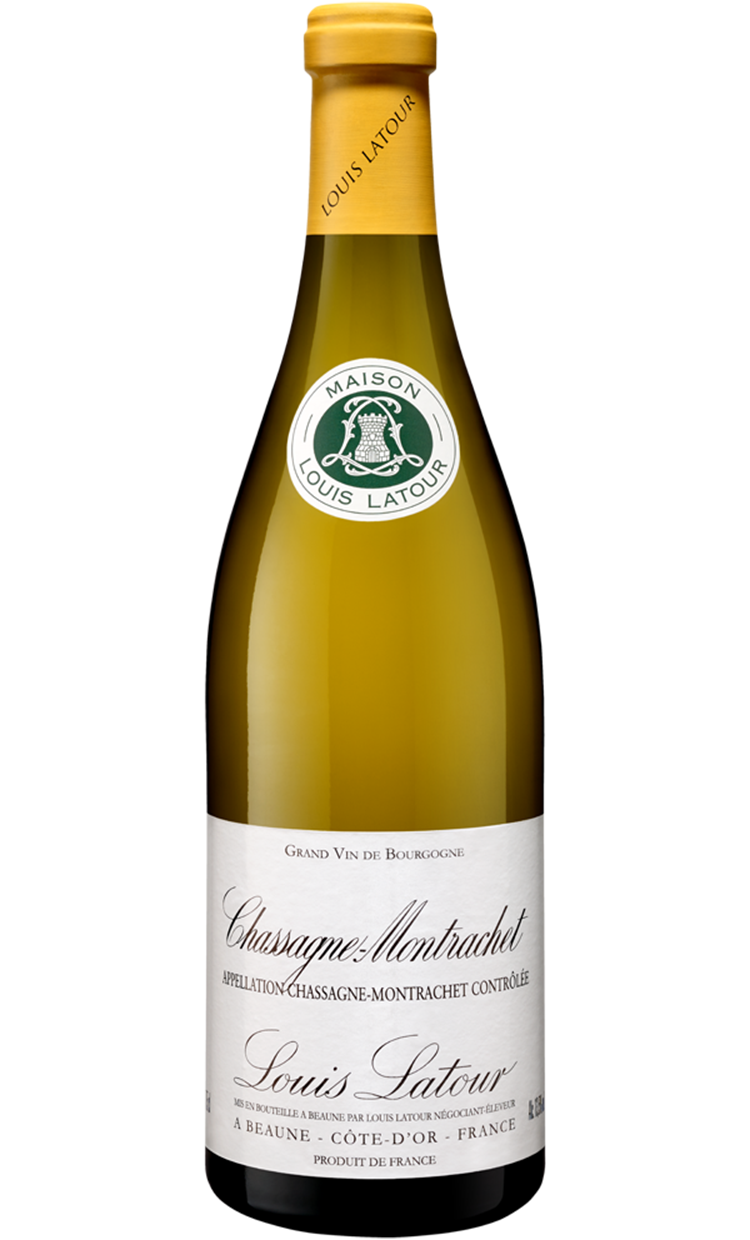
Chassagne-Montrachet is located to the south of Puligny-Montrachet in the Côte de Beaune and is one of Burgundy's greatest white wine appellations. It produces all appellations from village to Grand Cru. The word Chassagne comes from either the Latin 'cassanea' which means an oak wood, or 'cassanus' which means oak. Until the late 19th century the main settlement of this commune was known as Chassagne-le-Haut. However in 1879, in common with other villages in the Côte d'Or, the village was allowed to change its name replacing le Haut with name of their most famous Grand Cru Montrachet. The village appellation covers just over half of Chassagne-Montrachet. This wine has a bright, pale yellow colour. Its nose reveals notes of yellow peach and a hint of muscatel, while its ample, generous palate highlights aromas of fresh almond, apricot and honey.
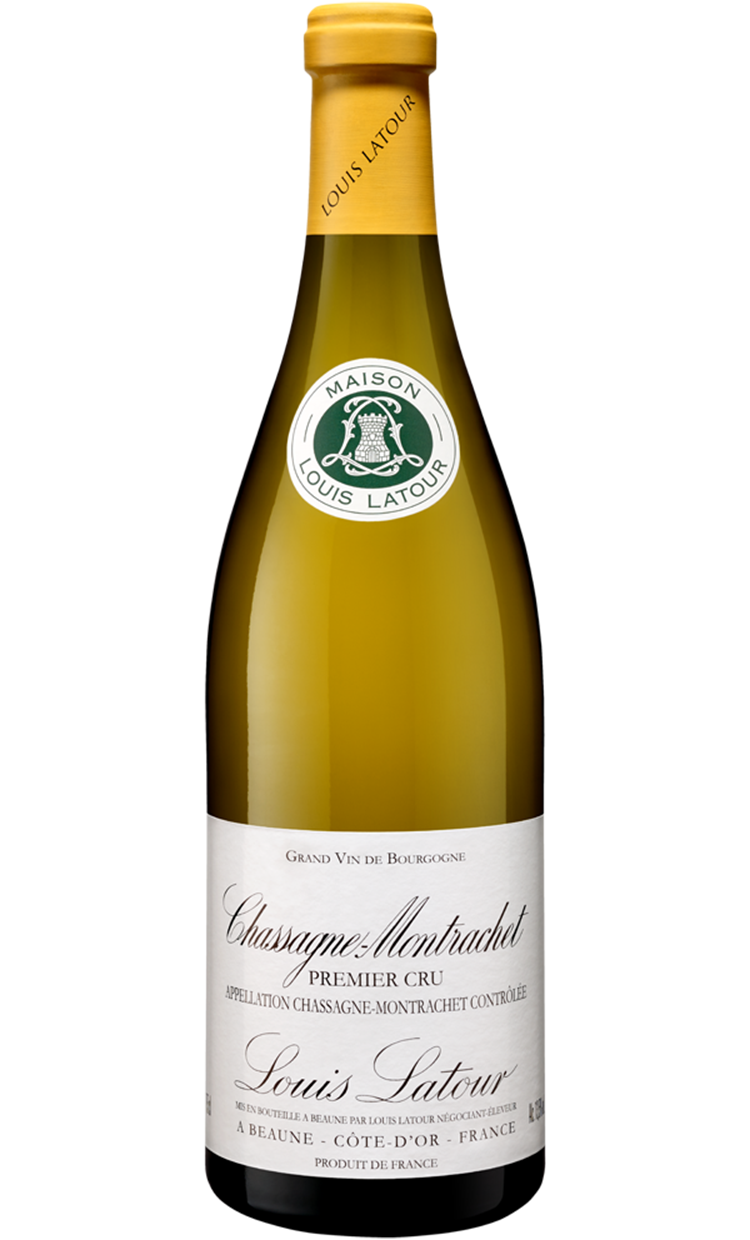
Chassagne-Montrachet is located to the south of Puligny-Montrachet in the Côte de Beaune and is one of Burgundy's greatest white wine appellations. This Premier Cru wine has been selected from the best parcels of land where the grapes are exposed to the maximum amount of sunshine which ensures optimum ripeness before the harvest. The word Chassagne comes from either the Latin cassanea which means an oak wood or cassanus which means oak. Until the late 19th century, the main settlement of this commune was known as Chassagne-le-Haut. However in 1879, in common with other villages in the Côte d'Or, the village was allowed to change its name replacing le Haut with name of their most famous Grand Cru Montrachet. The fermentation take place in oak barrels and after that, the wine is ageing for 8 to 10 months in oak barrels, 50% of which are new. It has a bright pale golden colour. Its nose reveals notes of almond paste and honey, while its mouth, ample and round, expresses aromas of exotic fruits. On the whole it is supported by a beautiful minerality on the finish.
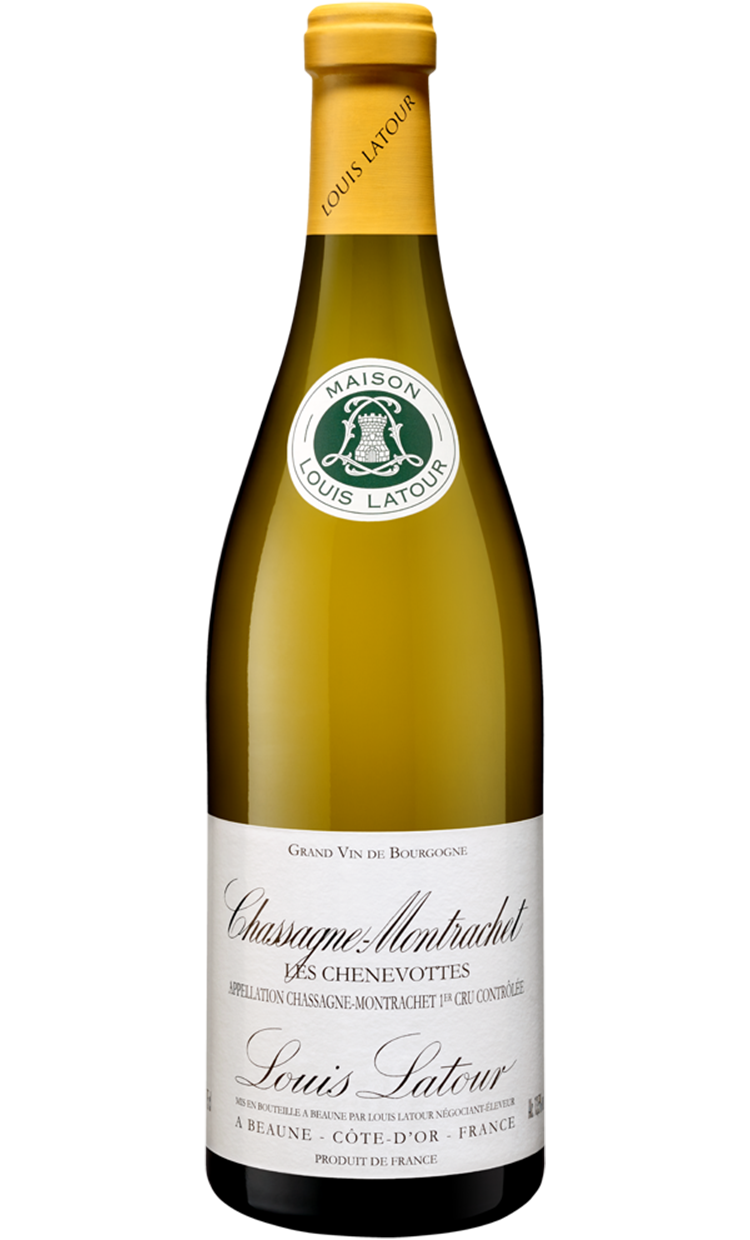
The Premier Cru vineyard of "Les Chenevottes" sits slightly higher up the slope compared to the unparalleled white Grand Cru Montrachet. These two vineyards have much in common sharing similar soil composition, exposure to the sun, orientation and flavour. "Les Chenevottes" wines are an outstanding example of what this village is capable of and of the unrelentingly high standards of selection and vinification practiced by Maison Louis Latour. "Les Chenevottes" is derived from the word "cheneve" meaning hemp in old French which indicates that this vineyard was once an old hemp field. The fermentation takes place in oak barrels and after that, the wine remain for 8-10 months in other oak barrels, which the 50% are new. Chassagne-Montrachet 1er Cru has a brilliant pale yellow colour. It is floral on the nose, with aromas of acacia flowers and honey. Full and round on the palate, it reveals notes of pineapple. A fine finish with tension.
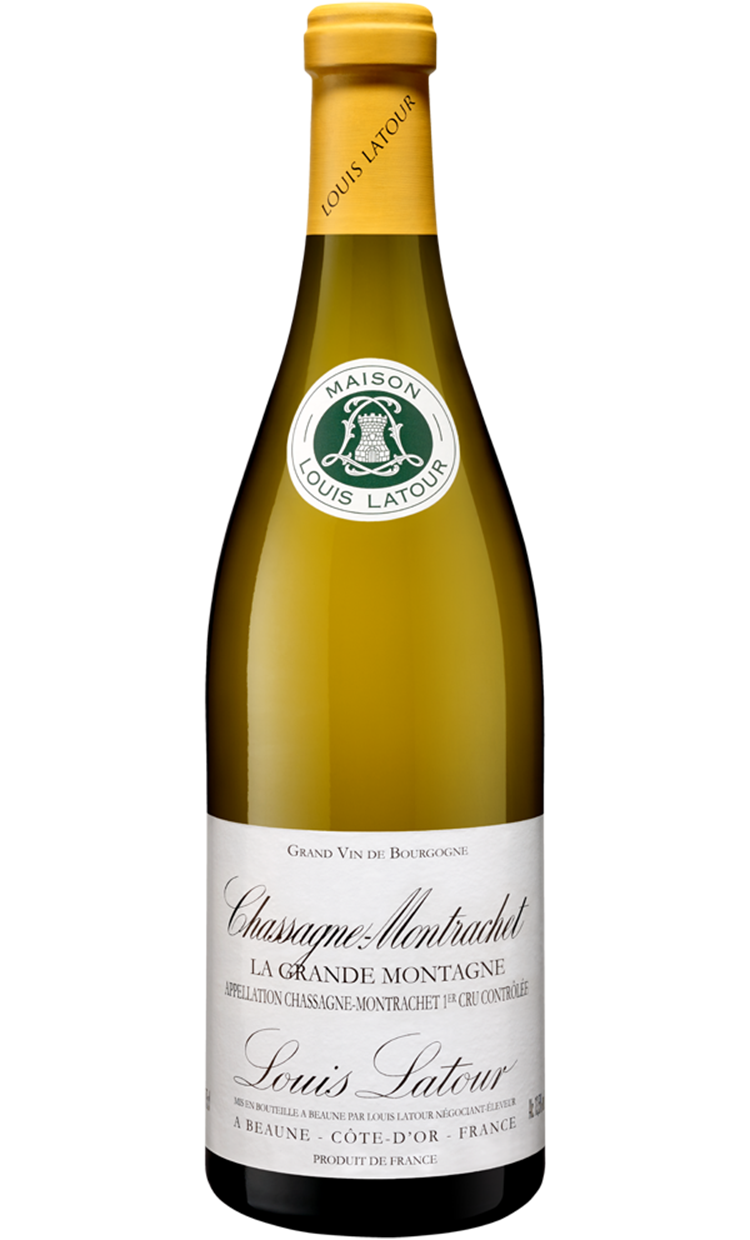
Chassagne-Montrachet is located to the south of Puligny-Montrachet in the Côte de Beaune and is one of Burgundy's greatest white wine appellations. As its name suggests this small parcel of just 0.5 hectares is situated right at the top of the slope of the Montagne of Chassagne at an altitude of 310 metres. It is a safely hidden treasure, surrounded by vegetation and only accessible by a small dirt track. The fermentation takes place in oak barrels and after that, the wine remain for 8-10 months in other oak barrels, which the 50% are new Chassagne-Montrachet 1er Cru "La Grande Montagne" has a brilliant pale yellow colour. The nose reveals notes of vanilla, coconut, and honey. The palate is full and round, with a touch of acacia honey, and fresh almond. Long finish.
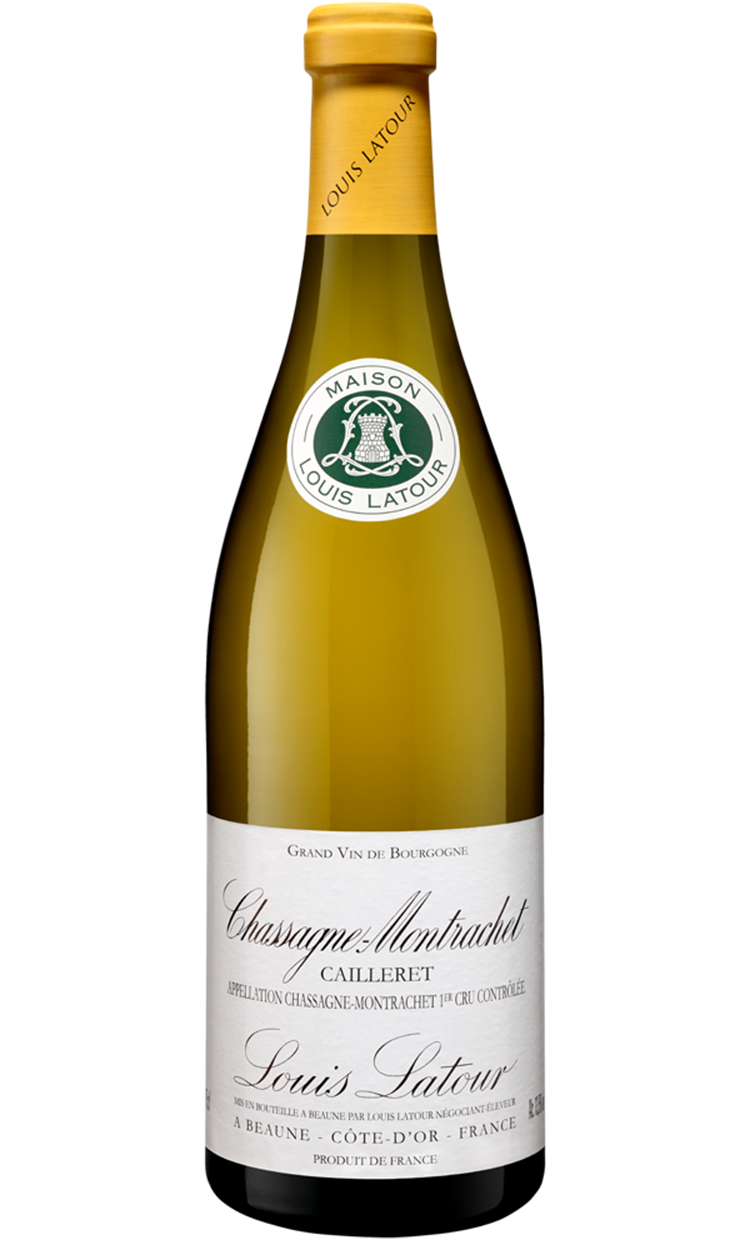
Chassagne-Montrachet is located to the south of Puligny-Montrachet in the Côte de Beaune and is one of Burgundy's greatest white wine appellations. "Cailleret" is widely believed to be one of Chassagne-Montrachet's best Premier Cru vineyards. It benefits from its rocky, stony hillside location and excellent exposure, which allows its grapes to gain perfect maturity. The name "Cailleret" comes from the word 'caille' meaning stones. For the production of the wine, alcoholic and malolactic fermentation takes place in oak barrels, which are made in the Maison Louis Latour itself. It is then matured for 8-10 months in oak barrels also, 50% of which are new. It reveals a brilliant golden yellow colour. The nose offers notes of brioche and yellow peach. The palate is generous, with notes of almond and fresh apricot. Long, mineral finish.
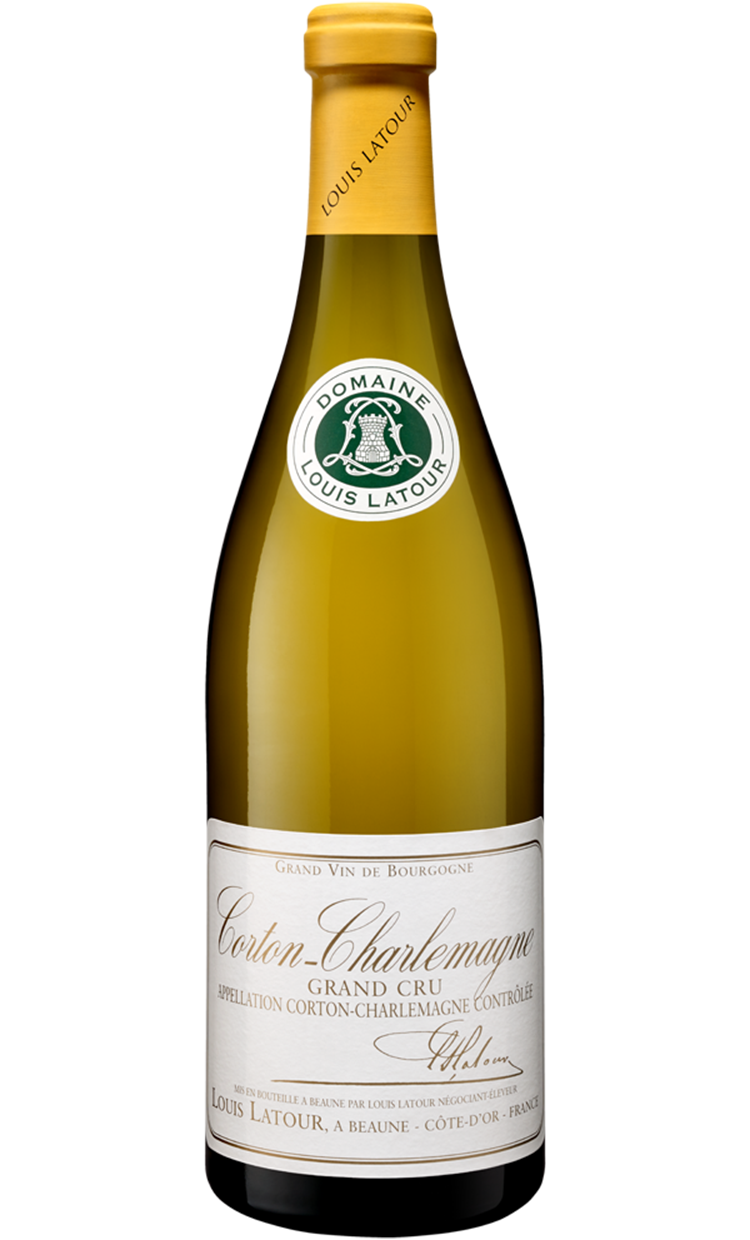
After the ravages of the phylloxera epidemic at the end of the 19th century the Latour family took the then, unusual decision to tear up the dead Aligoté and Pinot Noir vines, and replace them with Chardonnay. This decision lead them to create one of Burgundy's most celebrated white whites.
Today the Latour family owns 10.5 hectares which makes them the biggest owner in the appellation. The Latour's Corton-Charlemagne vineyards are located on a prime section of the Corton hillside where the south-easterly aspect ensures maximum exposure to the sun. The fruit is harvested as late as possible to guarantee maximum ripeness. For its production, alcoholic and malolactic fermentation is carried out in oak barrels. It is then matured in new oak barrels made by Louis Latour. An excellent ensemble, with a bright light yellow colour. Intense and complex on the nose, it exudes notes of toasted almonds and hints of vanilla. The palate is full and generous, with notes of fresh almonds and roasted coffee. Delicate, with a nice long finish that gives a mineral sensation on the palate. Although extremely attractive in its youth, this wine deserves a few years in the cellar to reach its peak.
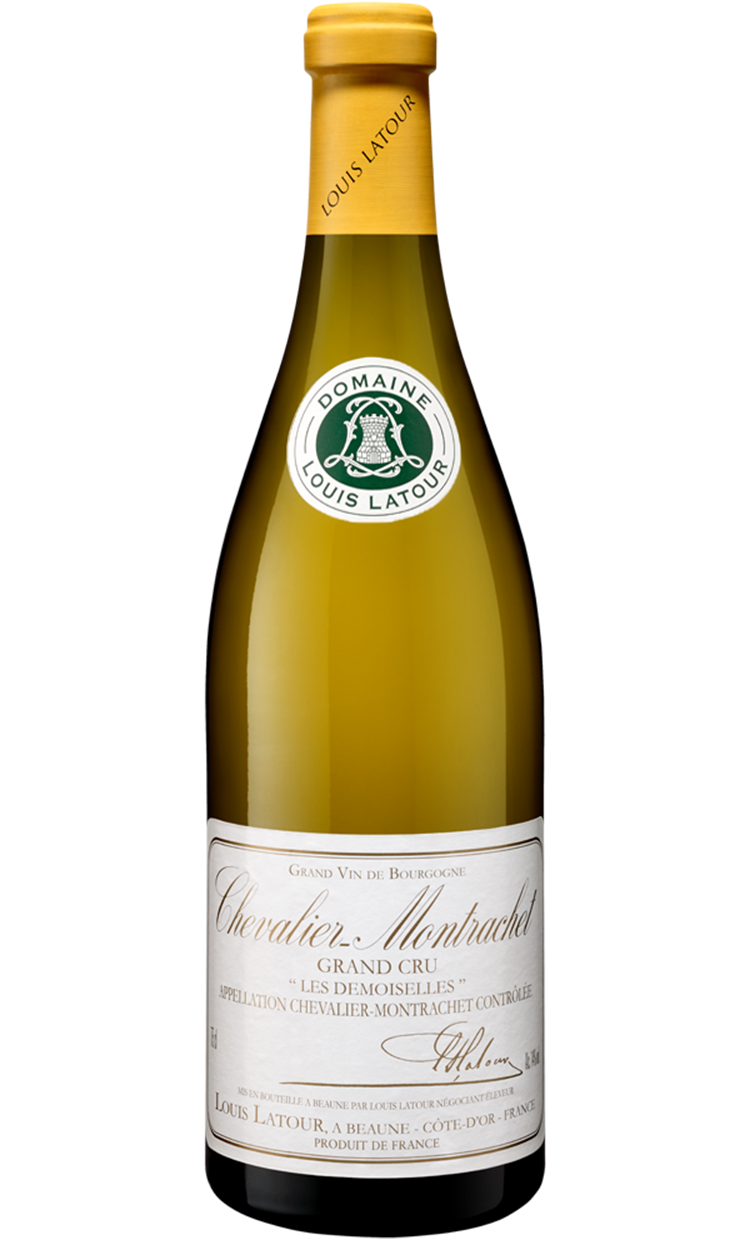
Chevalier-Montrachet sits higher up the same hillside as the Montrachet appellation. In 1913 Domaine Louis Latour purchased this 0,51 hectare vineyard from the widow of Léonce Bocquet, who initiated renovations of a part of the Clos Vougeot Château. This vineyard carries the name "Les Demoiselles" in hommage to the daughters of an early 19th century Beaune General, Adèle and Julie Voillot, who were the owners of the vineyard and who died without marrying. For its production, alcoholic and malolactic fermentation is carried out in oak barrels. The wine is then kept in new oak barrels in order to acquire its expressive character. The appearance of the wine is bright, with yellow colour. Complex on the nose, with notes of vanilla, honeysuckle and apricot making up its aromatic profile. The palate is full-bodied and generous, with aromas of acacia honey. The finish is elegant and mineral.
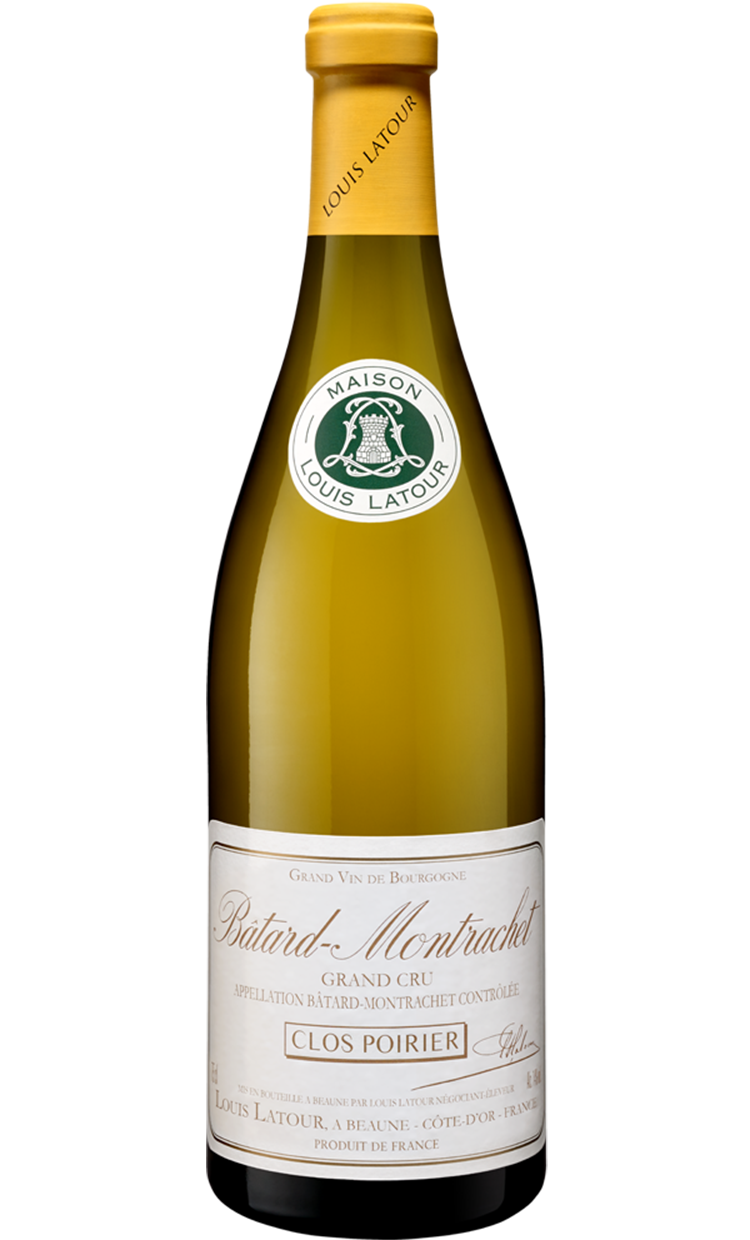
The Grand Cru vineyard of Bâtard-Montrachet lies between the picturesque villages of Puligny-Montrachet and Chassagne-Montrachet, home to the world's greatest white wines. Only a narrow strip of land separates this 11.86 hectare vineyard from the great Montrachet itself. Its gentle easterly-facing slope is made up of a deep, rich, gravelly soil which has a limestone base, world renowned for the production of high-quality Chardonnay. Located just below the Montrachet, "Clos Poirier" is a single plot of 0.85 hectares, easily recognisable as it has the only north-south facing vines in this specific vineyard site. The surface area of the appellation worked by Louis Latour is 0.43 hectares located in the eastern part. A brilliant pale-yellow golden colour, the Bâtard-Montrachet Grand Cru "Clos Poirier" expresses an intense nose with notes of toasted hazelnut, vanilla and coconut. The palate is full and opulent. There are aromas of white peach and vanilla. The wine has a lovely finish of fresh almond.
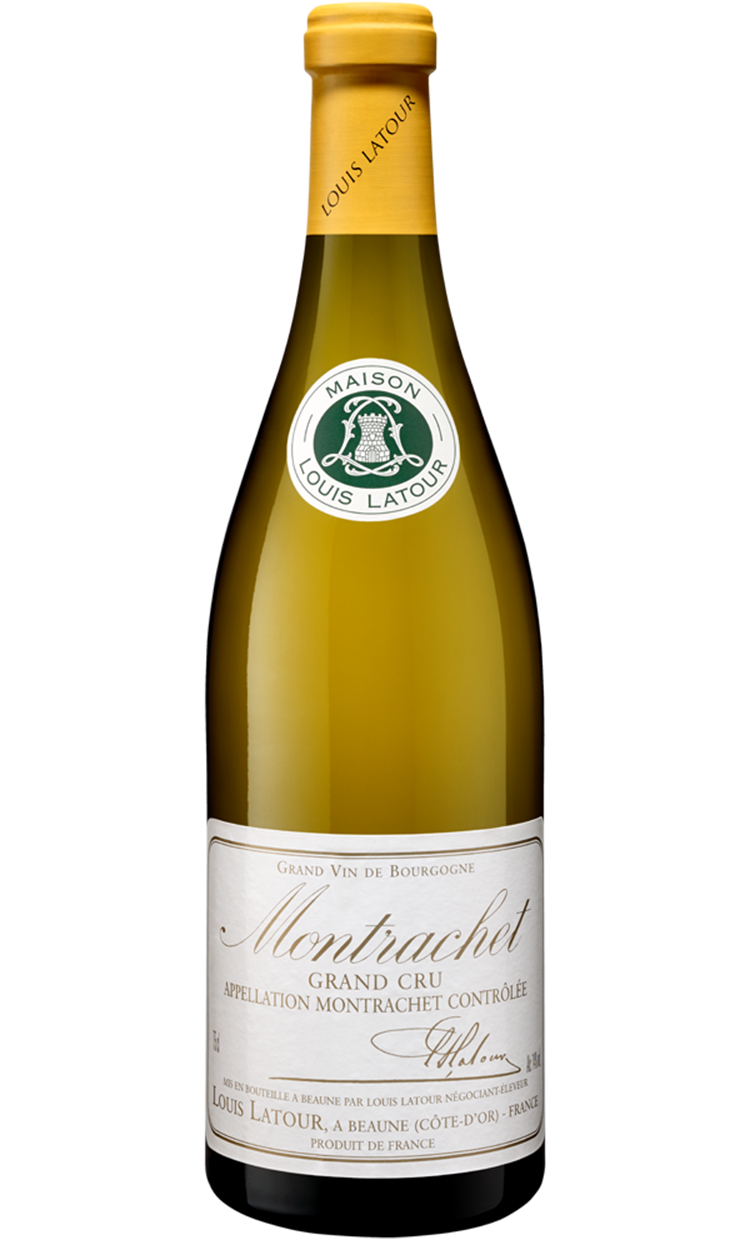
Le Montrachet Grand Cru covers only 8 hectares between Puligny-Montrachet and Chassagne-Montrachet. The terroir of Montrachet is a notable exception because its brown soils, usually reserved for Pinot Noir, transforms the Chardonnay into one of the greatest white wines in the world. The east exposure captures sunlight later in the evening. These factors are critical to achieve optimal ripeness. Our grapes come from a parcel with an area of 0.80 hectares which extends from the top to the bottom of the slope in the central part of North Montrachet, situated on the Puligny-Montrachet side. The traditiona; fermentation takes place in oak barrels and after that, the wine is ageing for 10-12 months in new oak barrels, which are manufactured in Maison Louis Latour. With its brilliant pale yellow colour, this Grand Cru has a powerful nose of pineapple, brioche, and fresh almond. A well-structured, well-balanced wine with a full, seductive mouthfeel, and aromas of almond and vanilla. It has excellent length and a saline finish.
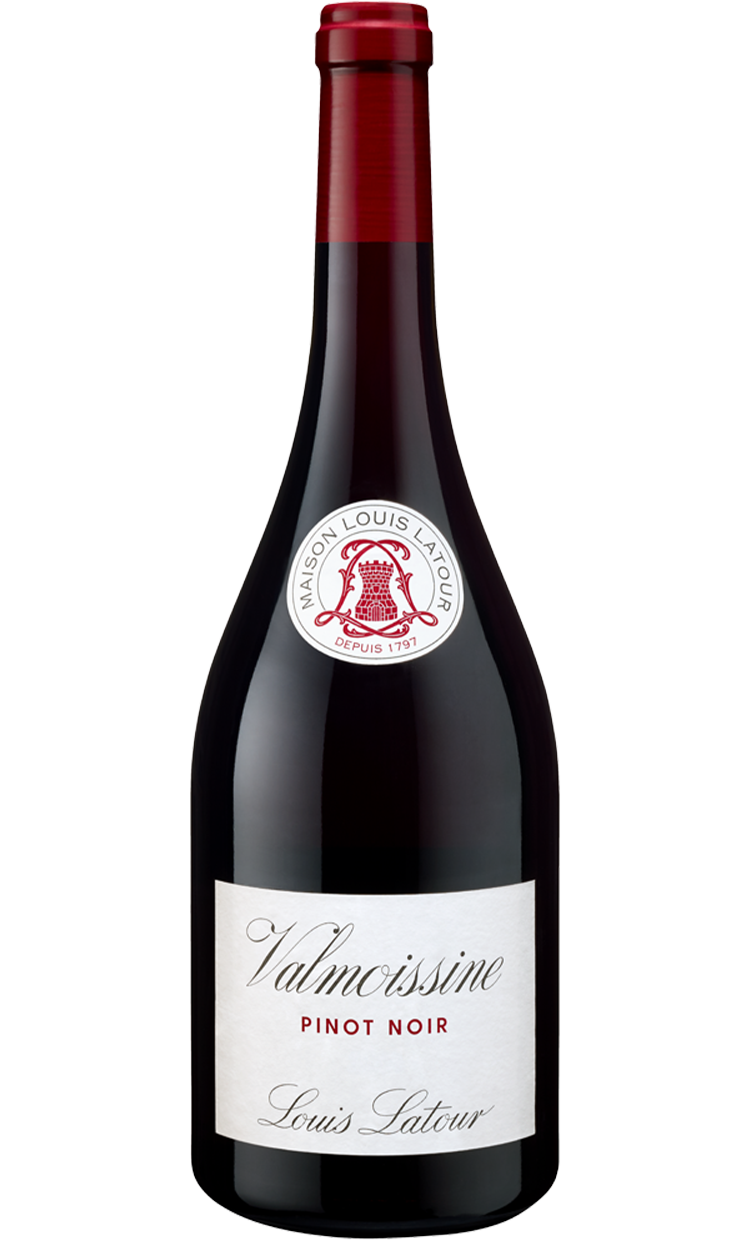
Valmoissine is located on the site of the ancient monastery of Valmoissine at 500 meters above sea-level. This guarantees sunshine during the summer months whilst remaining cool at night and limits the possibility of spring frosts. The vineyard's southern exposure gives the grapes perfect maturity at the same time as the Grands Crus of Corton. The yield is small in order to ensure perfect maturity and concentration of the grapes, the factors that create the best quality wines. This results in an elegant wine with remarkable finesse. The fermantation takes palce in open vats, and the wine is ageing in stainless steel vats for 10-12 months.
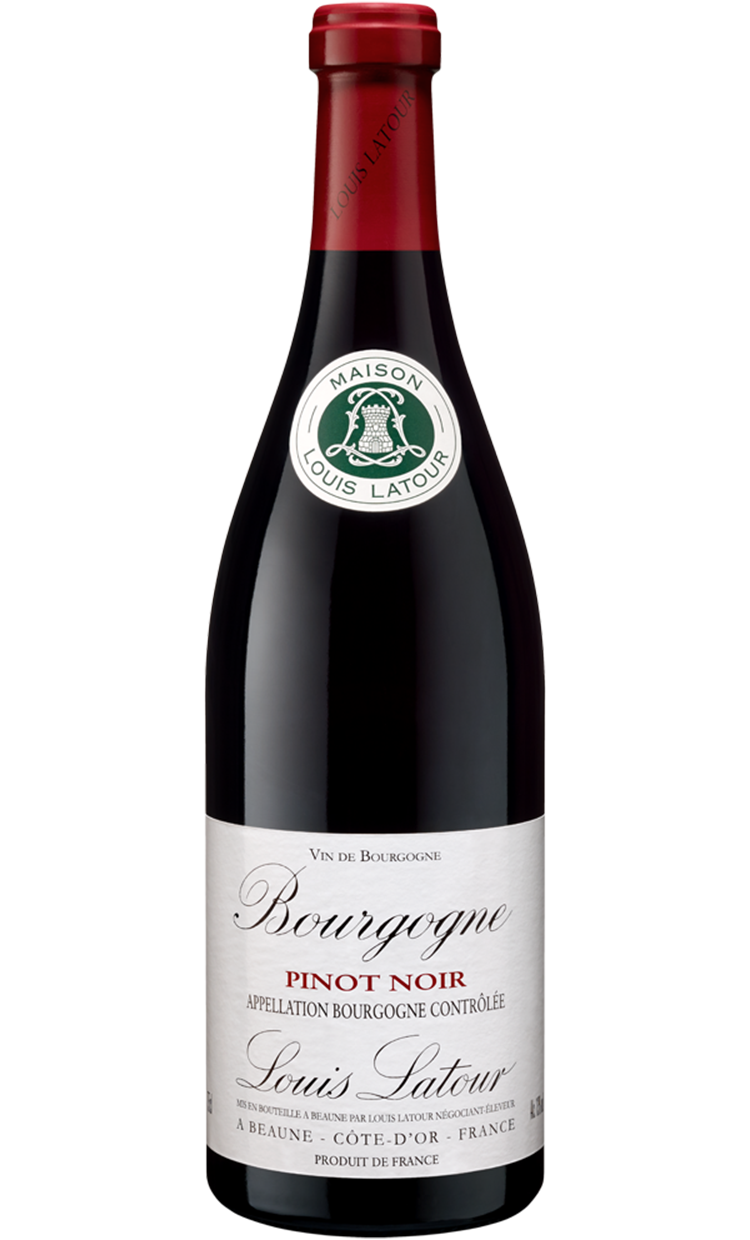
The result of a long history, Burgundy and its wines are known worldwide. Pinot Noir is a native grape variety of the area. Bourgogne Pinot Noir is the regional appellation whose wines can come from any part of Burgundy. This wine exhibits the characteristics of the great Burgundy reds. The fermantation takes palce in open vats andt adfter that, the wine is ageing for 10-12 months in stainless steel vats. It has a dark ruby color and a discreet nose of red fruit and spices. Round and fresh on the palate, this wine is well-balanced, with aromas of liquorice and blackcurrant.
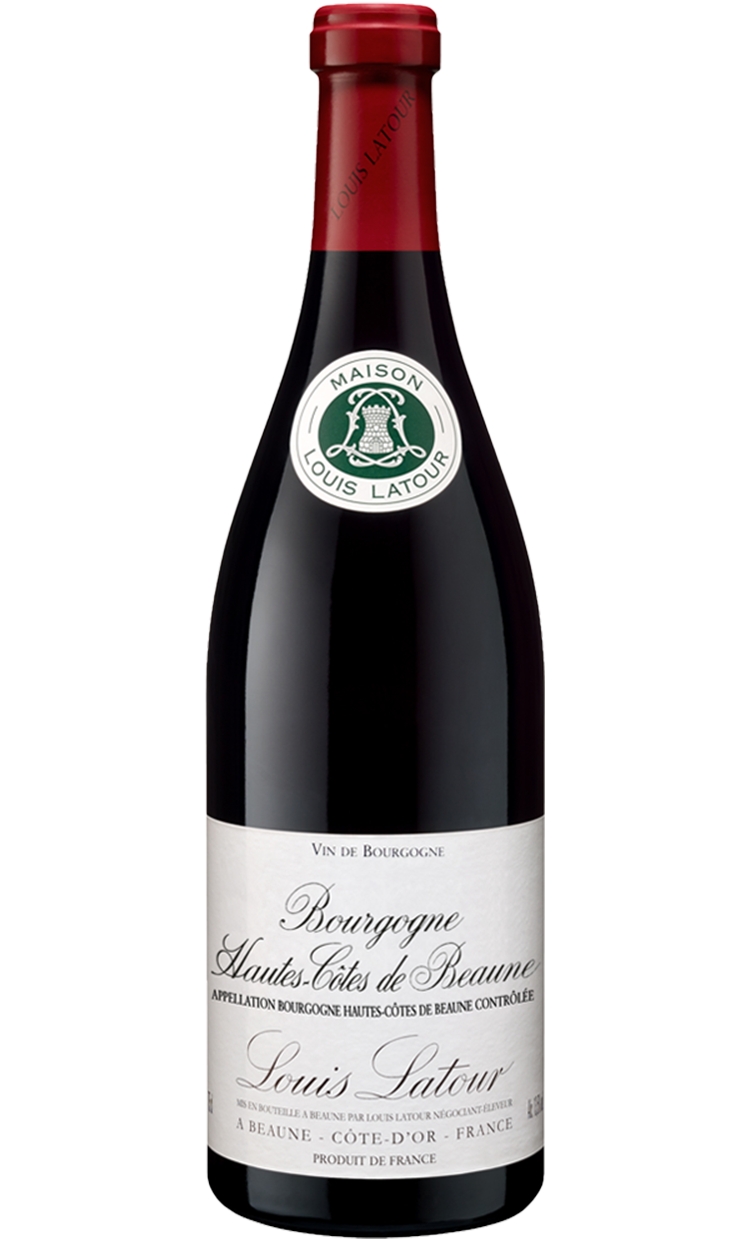
The appellation, officially granted in 1961, comprises of 12 communes of the Hautes-Côtes district, plus the upper portions of 10 communes lying in the Côte de Beaune. In the Saône-et-Loire, it spreads over four communes of the Hautes Côtes as well as on the heights of three communes of the Côte de Beaune. The fermentation takes place in open vats, and the wine is for 10-12 months in stainless steel vats and oak barrels. It presents a ruby colour. Its nose reveals scents of mocha and blackcurrant. Its fresh and delicate palate offers notes of red fruits, blackcurrant buds and undergrowth.
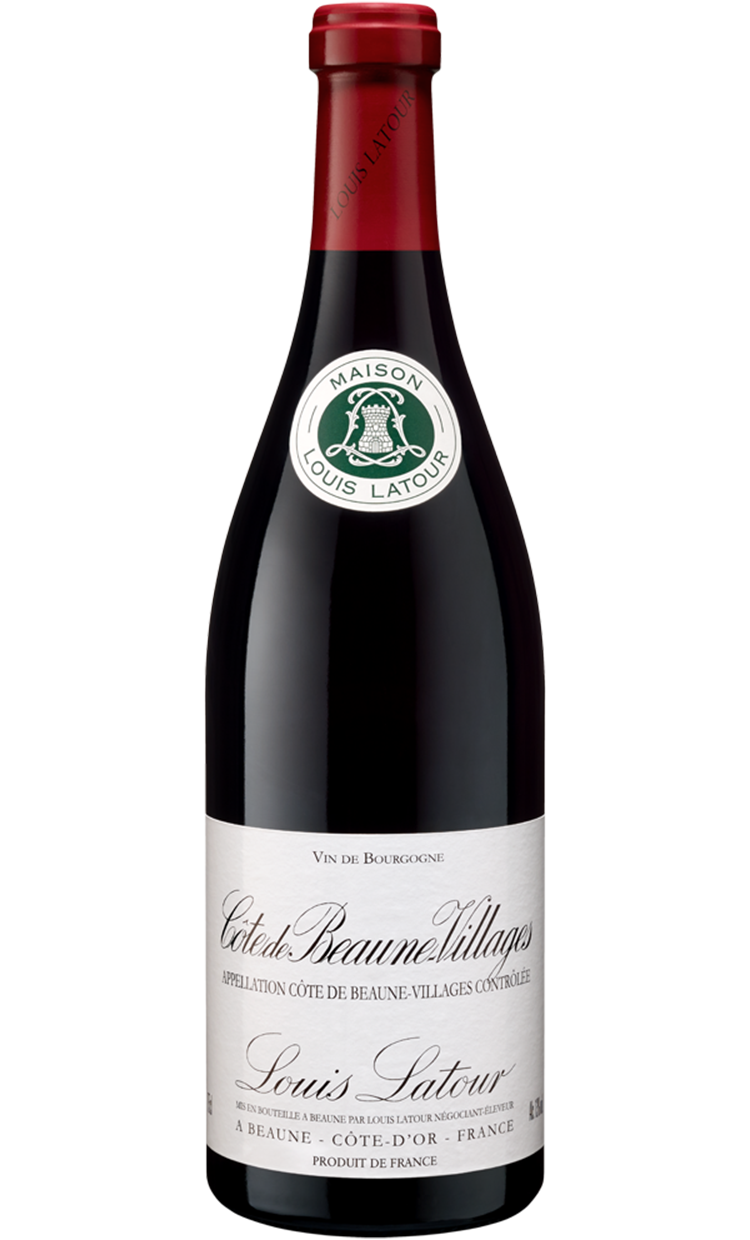
The Côte de Beaune-Villages appellation is applied exclusively to red wines from 16 communes in the Côte de Beaune including Saint-Aubin, Pernand-Vergelesses, and Auxey-Duresses. Maison Louis Latour carefully selects the grapes that are most representative of the appellation to produce this wine. It unveils a ruby hue. Its nose reveals notes of strawberry and undergrowth. These notes can also be found in its mouth, round with supple tannins, as well as aromas of licorice.
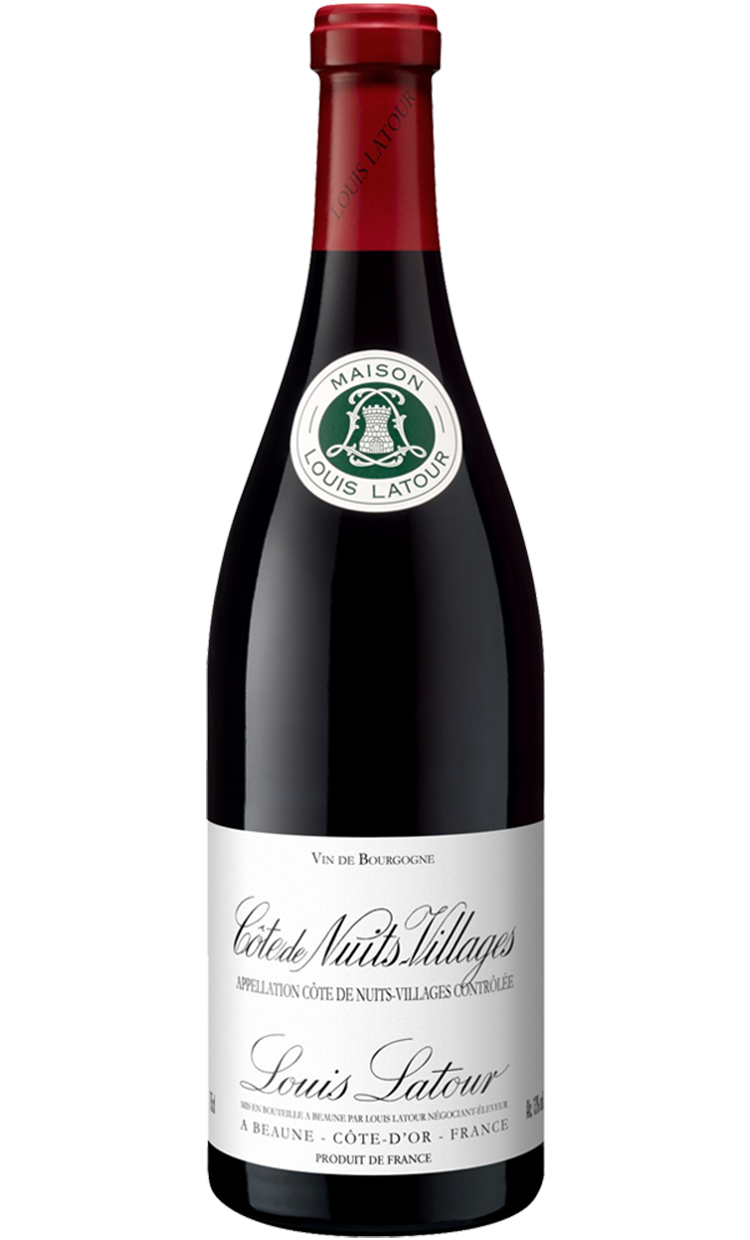
Côte de Nuits-Villages encompasses the villages of Premeaux-Prissey, Comblanchien, and Corgoloin just south of Nuits-Saint-Georges. The vineyards benefit from east-facing hill-slopes which act as a sun-trap to create maximum ripeness in the grapes. The complex soil composition of these villages include varying proportions of marl and shale clays which produce wines of great character and charm. Maison Louis Latour's Côte de Nuits-Villages is an excellent introduction to the wines of the Côte de Nuit. The wine reveals an intense ruby-red colour. The nose offers plenty of freshness and fruit, such as cherry. On the palate, it's round and delicious, with a very cherry finish and silky tannins.
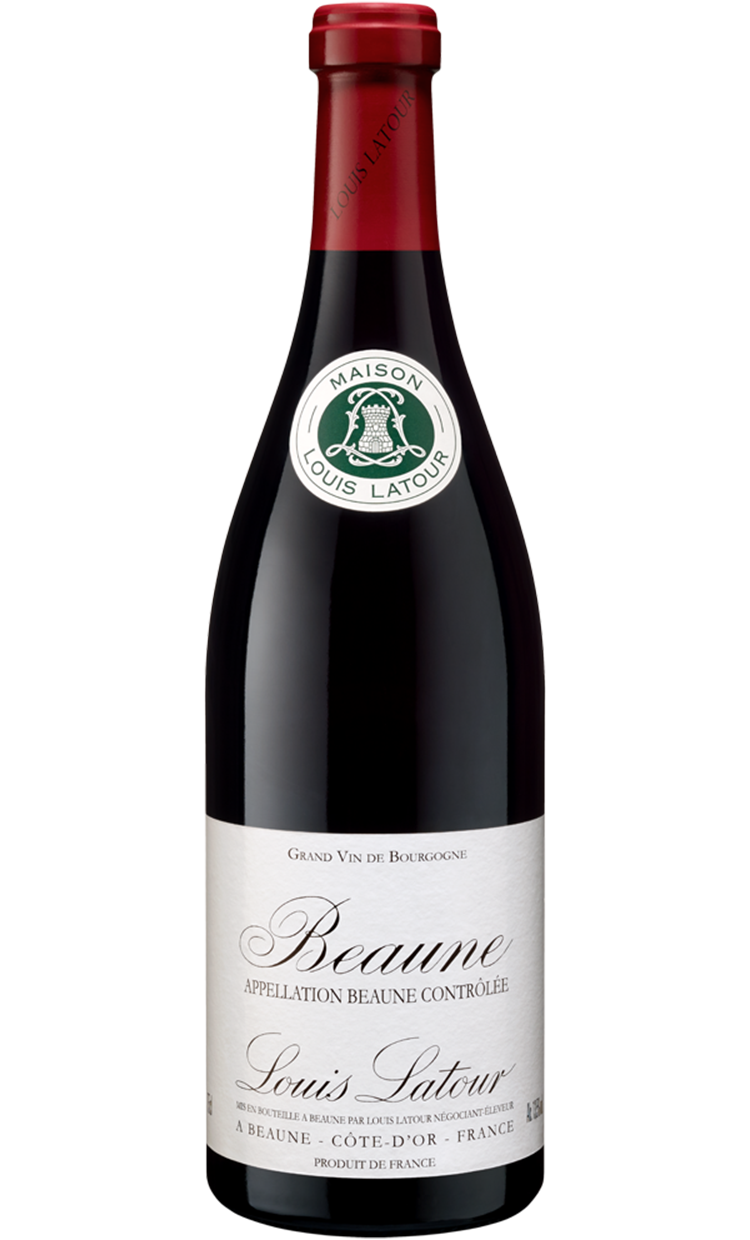
The red wines that come from the vineyards surrounding the picturesque town of Beaune remain relatively undiscovered compared to its smaller, more famous neighbours. For this reason Beaune Rouge still represents extremely good value for money while providing an appealing introduction to the red wines of the Côte de Beaune. The fermentation takes place in stainless steel tanks and then the wine remains for 8-10 months in oak barrels, made by maison Louis Latour. It has a deep and bright ruby red colour. The nose reveals notes of cherry, liquorice, with hints of herbal undertones. Round on the palate, with silky tannins and nose flavors following through to the finish.
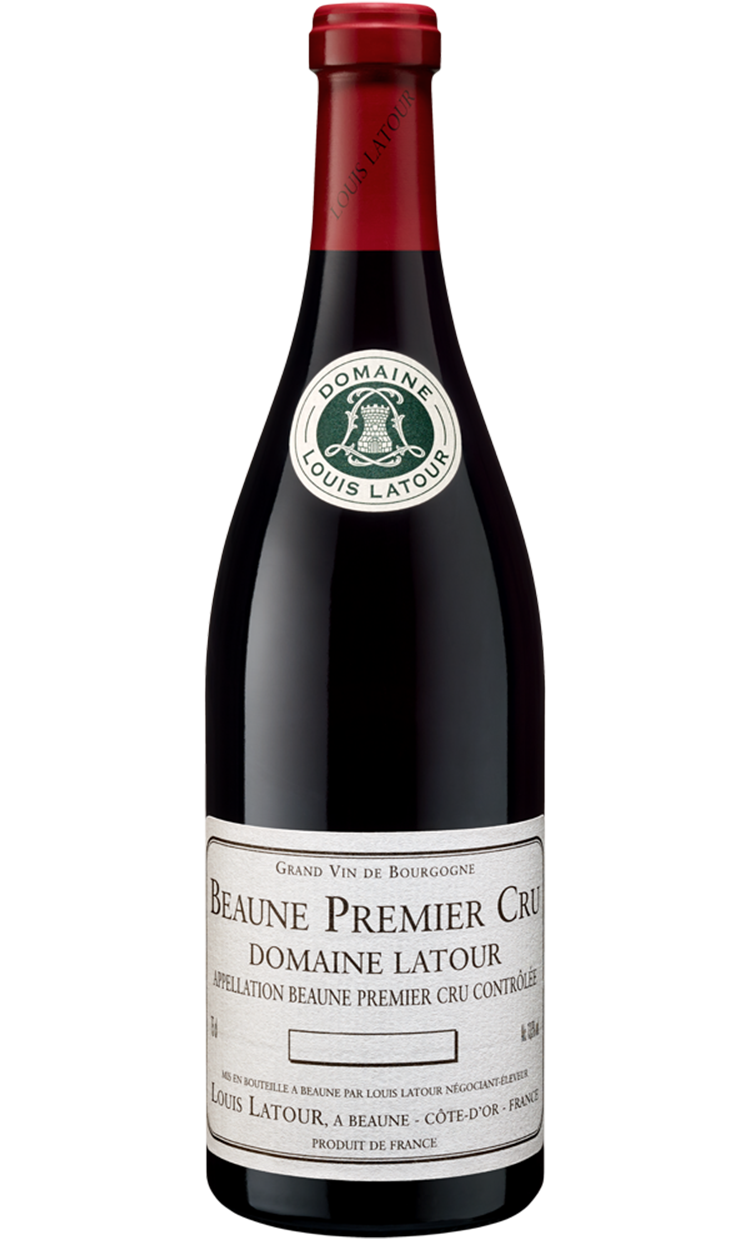
The vineyard of Beaune faces east and overlooks the city just below. Almost entirely located on a slope the vineyard has a broad diversity of climates at the Premier Cru level. Domaine Louis Latour produces this wine from the two Premier Cru vineyards of "Perrières" and "Clos du Roi". The clay, limestone soils and the ideal aspect of these vineyards consistently produce an excellent wine year after year. The relatively old vines in these vineyards produce a wine with the ability to develop with age. Beautiful deep red in colour, this Beaune 1er Cru "Domaine Latour" reveals aromas of black fruits such as blackberry and blueberry with hints of chocolate, thanks to the barrel-ageing. Powerful and round in the mouth, it is long-lasting with notes of liquorice on the finish.
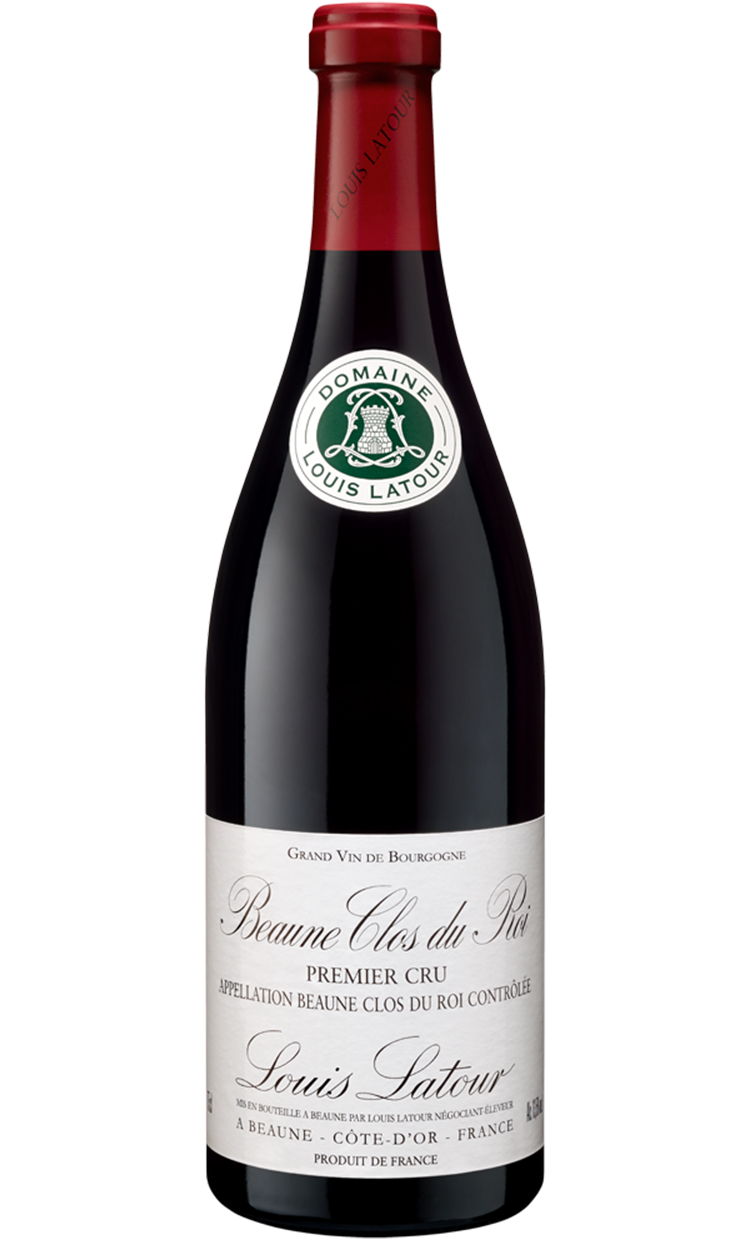
Beaune "Clos du Roi" is a small 13 hectare vineyard situated to the north of the appellation, and is without doubt one of the best parcels in Beaune. Owned by the dukes of Burgundy and highly favoured by the kings of France, this wine was regularly served at Versailles. During the 15th century upon the death of Charles le Téméraire, the final duke of Burgundy, this parcel of vines passed into the hands of the royal winemakers and therefore became Beaune 'Clos du Roi' (plot (of land) of the king). With a perfect south/south-easterly exposure, the vines are worked traditionally by the winemakers of Domaine Louis Latour. For the production of the wine, alcoholic and malolactic fermentation take place in open vats followed by maturation in oak barrels, made by Maison Louis Latour, 35% of which are new. Brilliant in appearance, with a deep ruby red colour and a revealing nose, with red fruits, herbal elements and spices. Balanced and round on the palate, with mocha notes enhancing the aromas of the nose. Fresh and firm until the finish.
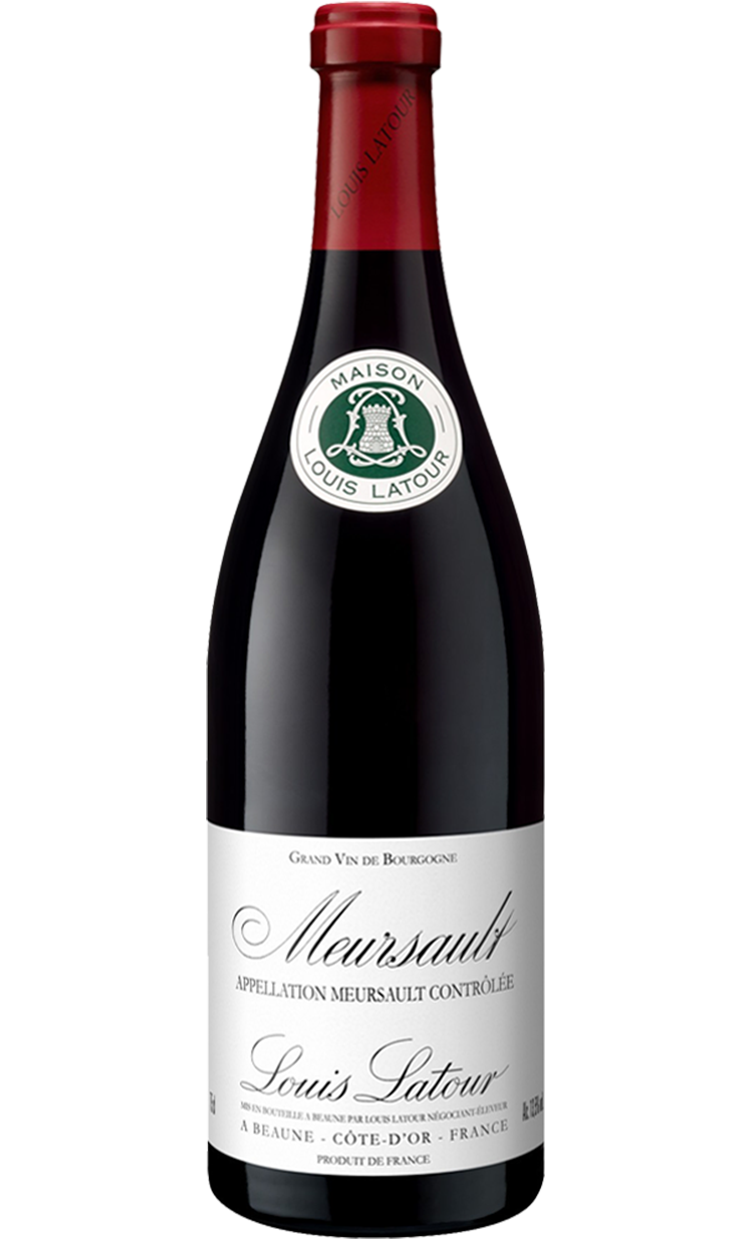
Situated just south of Volnay and Pommard in the Côte de Beaune, this vast appellation is usually known for its exceptional white wine also produces reds with great character. It is quite light in colour with a distinctive Pinot Noir nose packed with red fruit and scented flowers. The palate has a rich red-berry fruit character and the finish is long. The alcoholic and malolactic fermentation take palce in open vats and the wine is matured for 10-12 months in oak barrels of the Maison Louis Latour. Bright in appearance, with a deep purple colour. Its intense nose shows aromas of blackberry and cherry, with hints of herbal on the background. Rich and generous on the palate, with elegant tannins, cherry and coffee notes prevailing and a beautiful lingering finish.
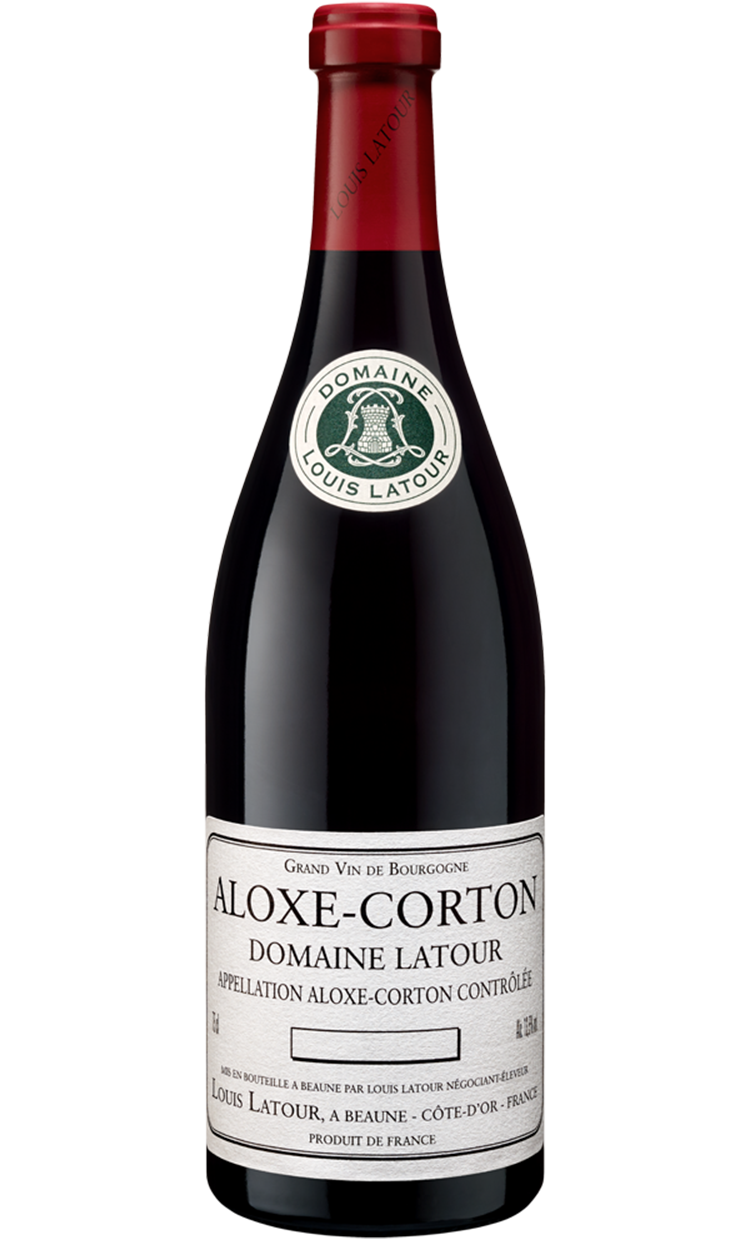
Aloxe-Corton has been the home of the Latour family and the heart of Domaine Louis Latour for centuries. The village of Aloxe-Corton is located in the north of Côte de Beaune on a stony hillside at the foot of the hill of Corton. It was in 1862 that the name of the climat Corton was added to the village name Aloxe. The vineyards of Domaine Louis Latour surround this famous village and yield a classic Aloxe-Corton. The fermentatioon takes palce in open vats and after that, the wine is ageing for 10 to 12 months in oak barrels, 15% of which are new. It reveals a beautiful ruby colour. Its nose is intense and reveals notes of cherry, licorice, and spices. Its round mouth offers a slightly woody finish. Nice balance.
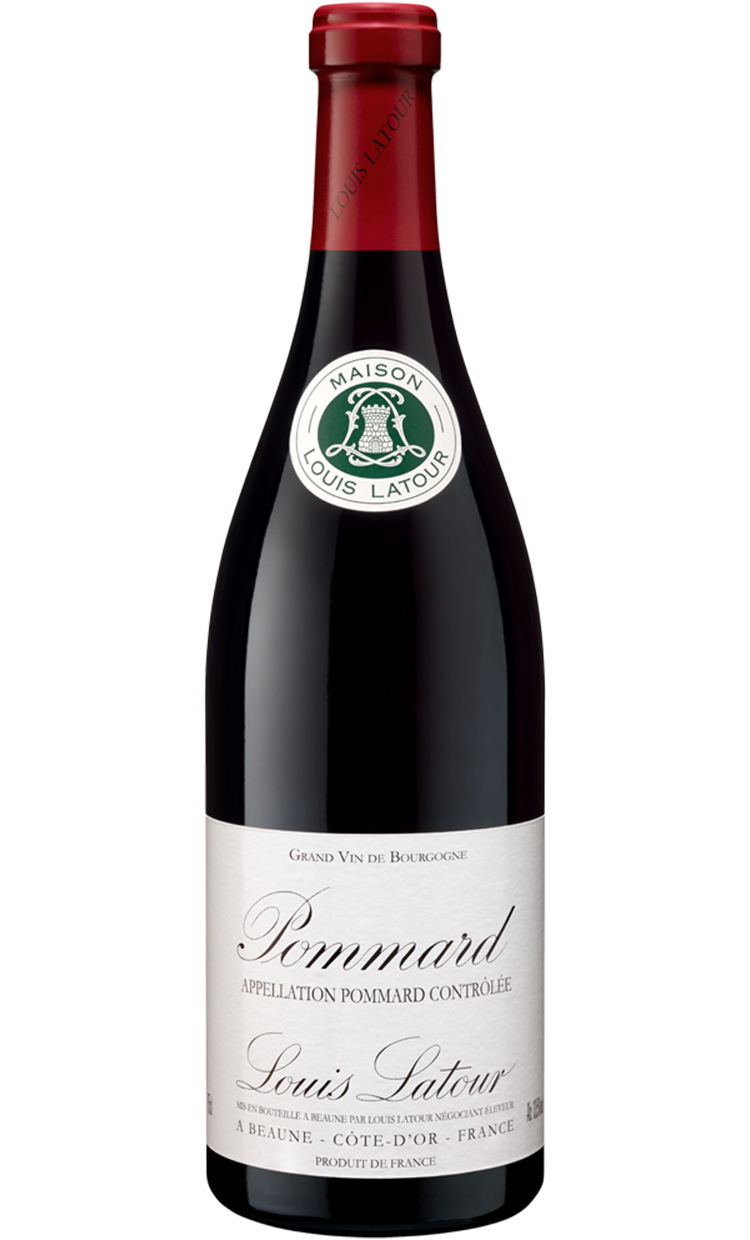
Pommard is for many, the most familiar Burgundy appellation. The village itself lies approximately four kilometres south of Beaune, and the total appellation is fairly extensive, covering 300 hectares, flanking a narrow valley which leads back into the Côte d'Or hinterland. The wines of Pommard are quite different from those of the neighbouring villages. They tend to be deeper and more concentrated than Beaune or Volnay wines and have a sumptuous perfume and bite without being too tannic. This wine requires a number of years to reveal itself. This ruby-coloured wine, reveals a nose of undergrowth. Round on the palate, with hints of blackcurrant and lovely tannins. A long finish.
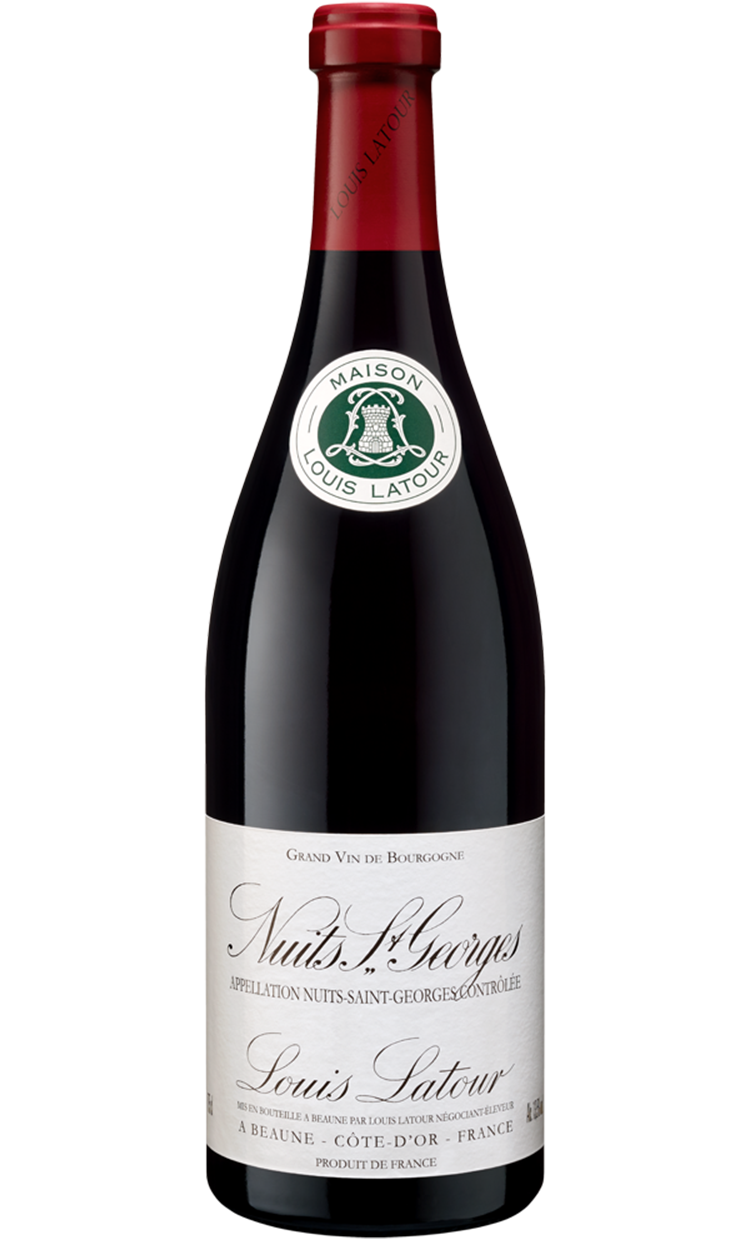
Nuits-Saint-Georges is the most southerly located village of the Côte de Nuits, to which the city gave its name and constitutes the other half of the Côte d'Or. The commune produces almost exclusively red wines, however there is a limited production of whites. The Nuits-Saint-Georges red wines are robust and elegant. They require some years of aging to reflect the finest expressions of the Pinot Noir. The name of Nuits-Saint-Georges is known worldwide, Apollo XV carried this wine into space and even gave its name to a lunar crater. The alcoholic and malolactic fermentation take place in open vats, and after that the wine is ageing for 10-12 in oak barrels, 20% of which are new. It reveals an intense, dark ruby colour. The nose is fruity, with gourmet aromas of blackberry and raspberry, cinnamon and roasted hazelnut. The palate is full-bodied and seductive, with notes of liquorice and coffee followed by elegant tannins. Long, lingering finish.
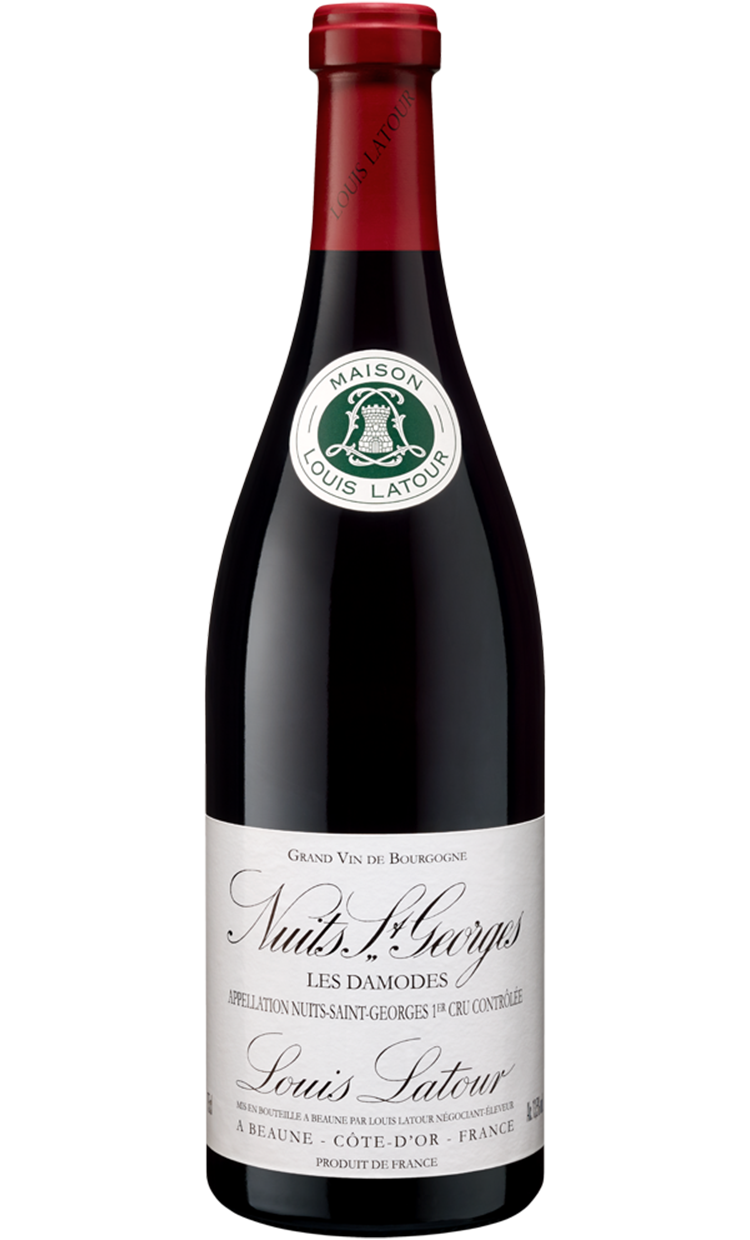
Les Damodes" is situated on the northern part of the Nuits-Saint-Georges appellation, just to the south of the premier cru appellations of Vosne-Romanée. The vineyard name "Les Damodes" comes from "Dame" meaning lady. Legend says that there were fairies that inhabited this rocky hillside above the village of Nuits-Saint-Georges, once covered by quarries and woods! But more likely it was the presence of rocky forms that looked like tall ladies in long dresses that gave the parcel its name. Known locally as "Les Dames Hautes" - "hautes" (meaning tall), hence the pronounciation has become "damaudes" then "damodes". Planted on a parcel with an easterly exposure, the vines grow on poor, limestone soils. Elegance and finesse perfectly characterize this wine. It has a deep ruby color unveiling a spicy nose with clove, nutmeg, black cherry, and toasty notes. The mouth is ample allying cherry and liquorice aromas. Silky tannins and impressive fresh final.
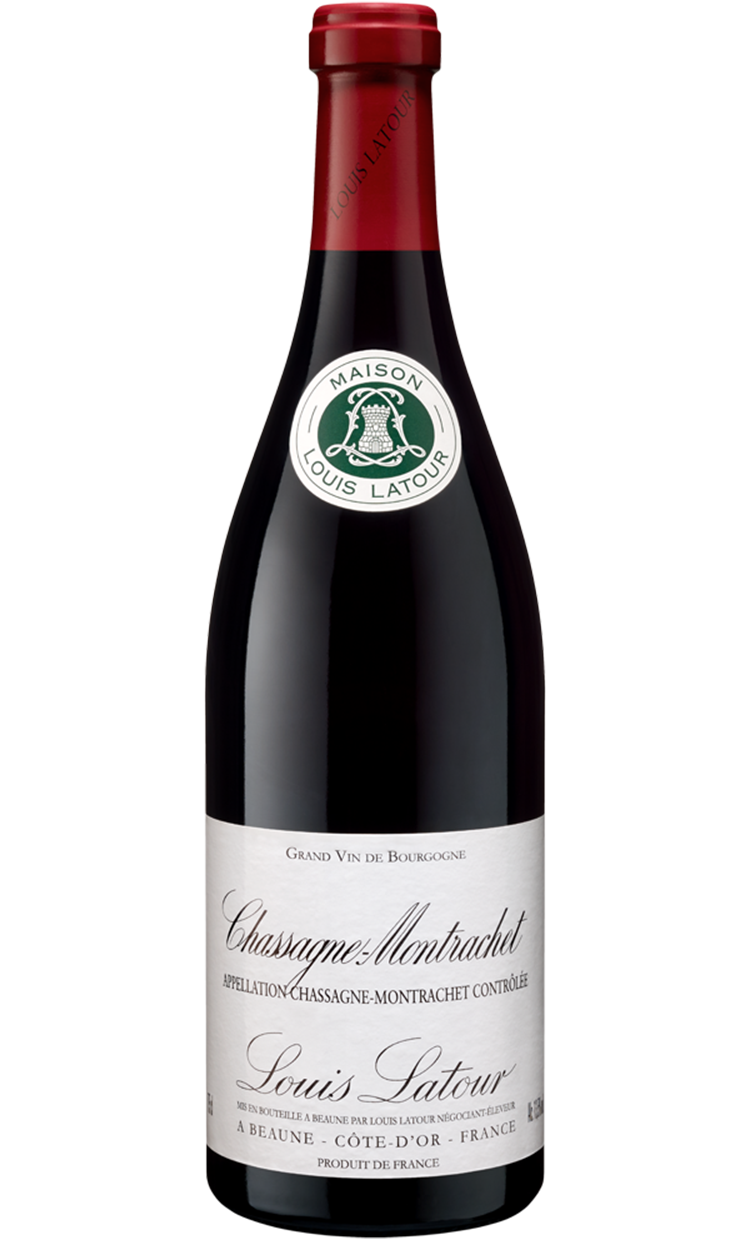
Chassagne-Montrachet and its neighbour Puligny-Montrachet are well-known for their Grand Crus, the most famous being the Montrachet. However, apart from these white Grand Crus, Chassagne-Montrachet also produces outstanding red wines. These wines have good body and their structure is reminiscent of the reds from the Côte de Nuits. It has an attractive deep ruby-red colour. An elegant wine, with aromas of red fruits. Notes of raspberry and blackberry on the palate, with silky tannins. Long finish.
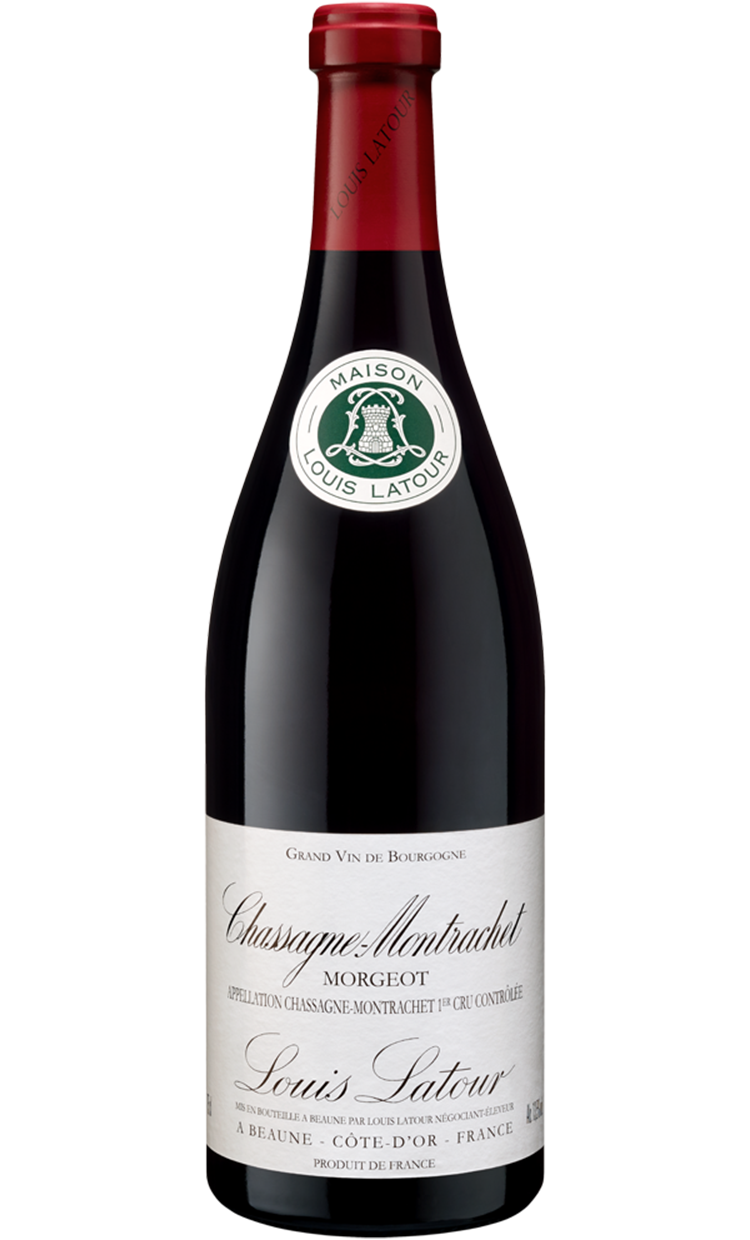
Chassagne-Montrachet 1er Cru "Morgeot" has a southeast exposure mid-slope. "Morgeot" is a hamlet of Chassagne-Montrachet. Vines have been planted here since the Abbot of Maizières decided to clear and plant the territory of Morgeot in the 15th century. Only a quarter of the Premier Cru of this appellation are planted with Pinot Noir. The red wines of Morgeot are balanced and sometimes a little firm in their youth, but patience will be greatly rewarded. With its ruby colour, it reveals a nose whose main aroma is blackcurrant. The mouth is round and smooth, with blackcurrant aromas that are associated to hints of mocha. Fresh finish.
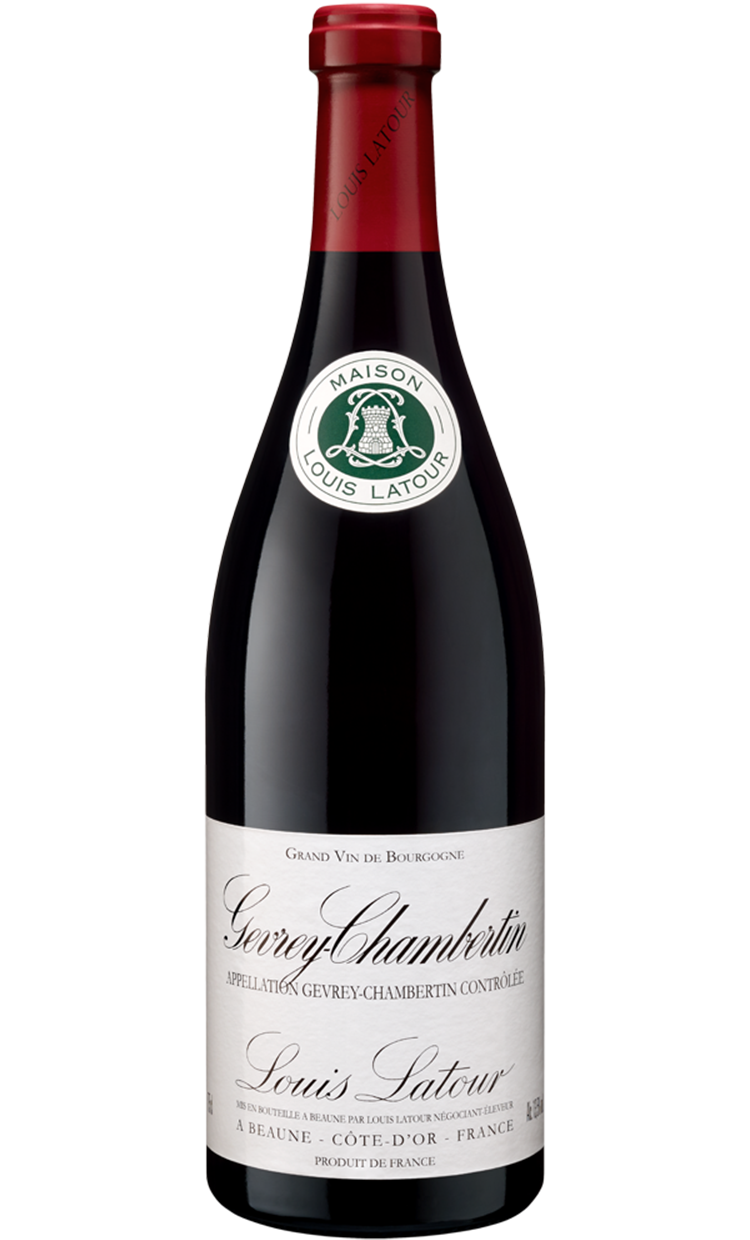
Situated about 10 Km from Dijon, Gevrey-Chambertin is one of the finest viticultural villages of the Côte de Nuits. In 1847 Gevrey-Chambertin was the first village of the Côte d'Or to join the village name with that of one of its Grand Crus - hence 'Gevrey-en-Montagne' became 'Gevrey-Chambertin. Planted only with Pinot Noir, here one finds the complete hierarchy of the Burgundian appellations: to the north, the premiers crus and to the south the grand crus. The village appellations are gathered on the bottom of the slope. The sparse and pebbly limestone-rich brown-red soils give Gevrey-Chambertin wines power and body. A great Côte de Nuits classic!
The fermentation takes place in stainless steel tanks and then the wine matures for 10-12 months in oak barrels, 20% of which are new. A beautiful deep ruby colour adorns our Gevrey Chambertin 2023. Its black cherry and liqurice nose also reveals hints of vanilla. The palate is full and round, with silky tannins and hints of cherry and liquorice. The wine is long-lasting, with an airy finish.
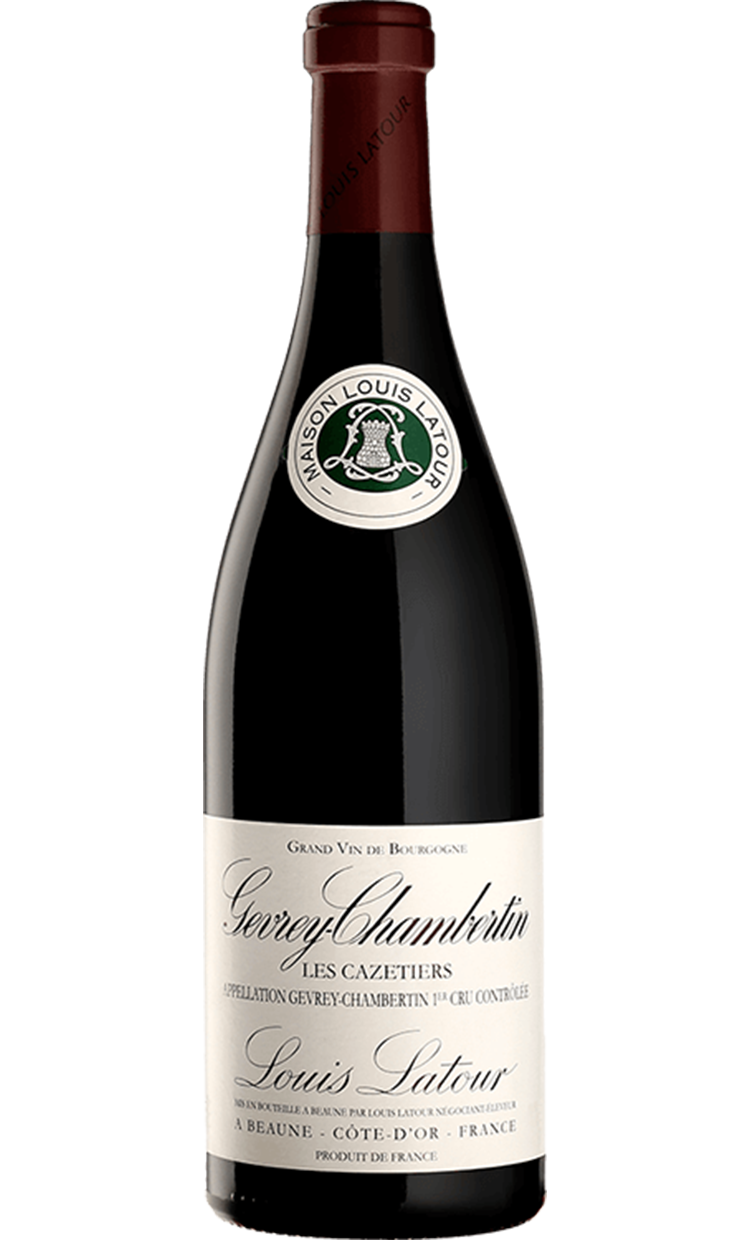
Located about ten kilometres from Dijon, Gevrey-Chambertin is one of the finest wine villages of the Côte de Nuits. In 1847 Only planted with Pinot Noir, Gevrey-Chambertin was the first village of the Côte d'Or to combine the village name with that of its best Grand Cru, hence Gevrey-en-Montagne became Gevrey-Chambertin. Les Cazetiers, recorded as Castiers in 1855, is located next to the Castle at the top of the hill allowing it to benefit from maximum exposure to the sun in the early hours of the day. The name Castiers means fortified place. The ruby-red colour of this wine is joined with aromas of red fruits and notes of undergrowth. In the mouth it is rich, powerful and complex. This is an elegant wine, with a long-lasting finish.
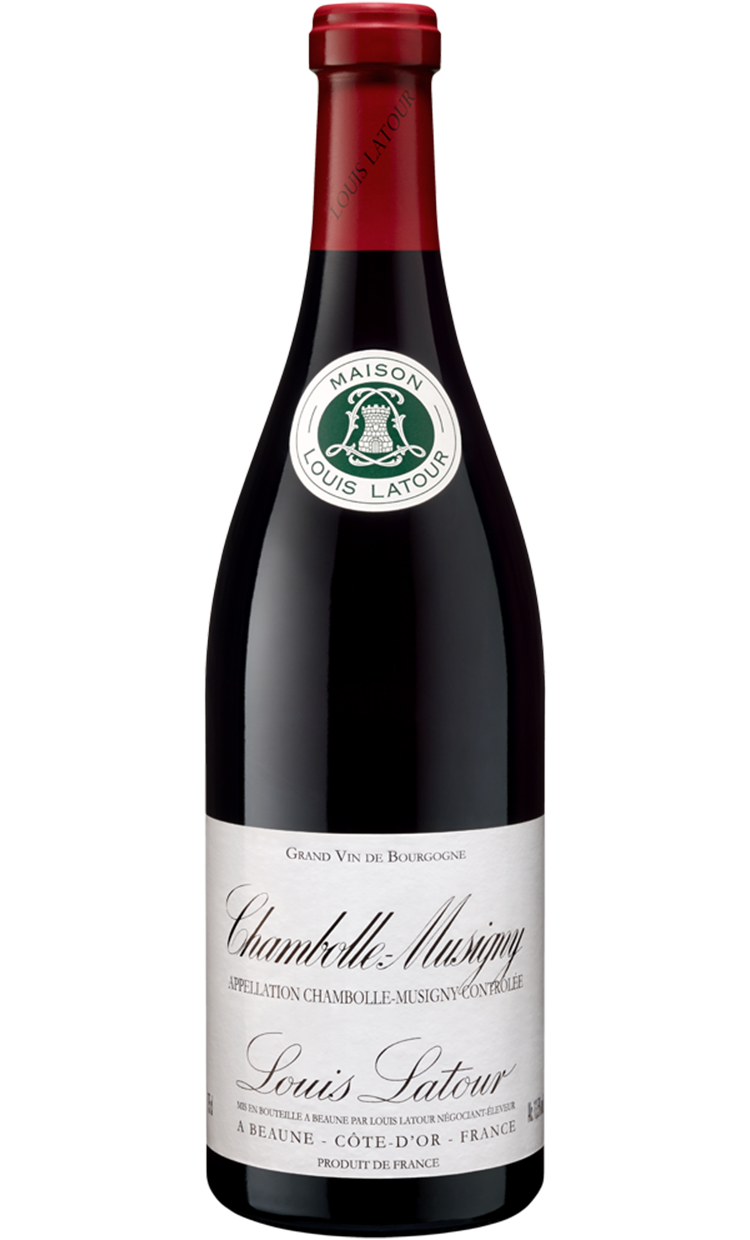
The 180 hectares of vines in the tiny village of Chambolle-Musigny are a soft interlude amongst the great vineyards of the Côte de Nuits, a moment of finesse before the masculin wines from Vougeot, Morey-Saint-Denis, and Gevrey-Chambertin. Chambolle-Musigny is one of the smallest Côte d'Or appellations and produces mostly red wines. The limestone soil is renowned for producing wines that are delicately scented and very elegant. The fermantation takes place in open vaths and after that, the wine is ageing for 10-12 months in oak barrel, 20% of which are new. It has a deep ruby colour. The intense nose reveals cherry aromas. The palate is full and fresh, with hints of cherry and clove. Very long finish.
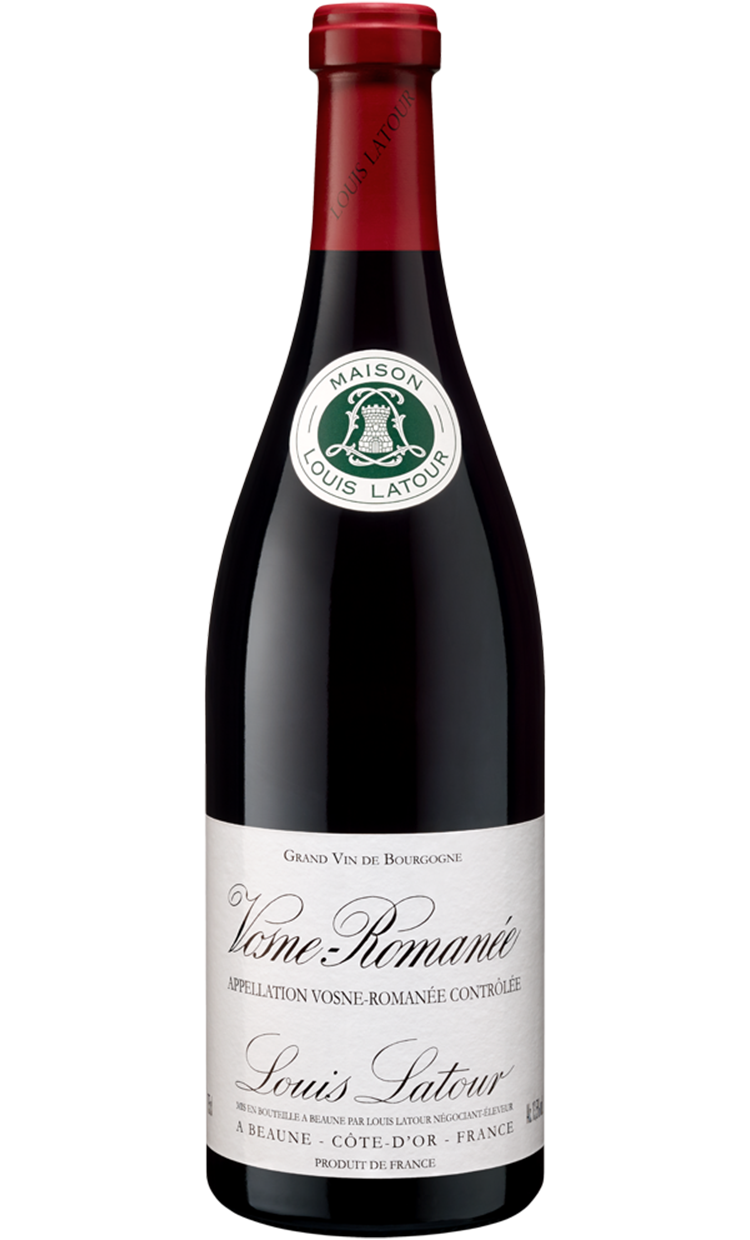
The geography, climate and soil of Vosne-Romanée produce some of the finest grapes in all of Burgundy. By exercising the greatest care in the vinification process, the owners have succeeded in preserving the reputation of Vosne-Romanée wines through the centuries. The wines are extremely perfumed to the point of seductiveness and their finesse on the palate belies their latent power. These are amongst the longest lived wines from Burgundy. The fermentation takes place in open vats and after that, the wine is ageing for 8-10 months, in oak barrels, 20% of which are new. A deep ruby colour characterizes this wine. The nose reveals aromas of mocha and undergrowth. The palate is full-bodied, with silky tannins and notes of morello cherry and blackcurrant. The finish is airy.
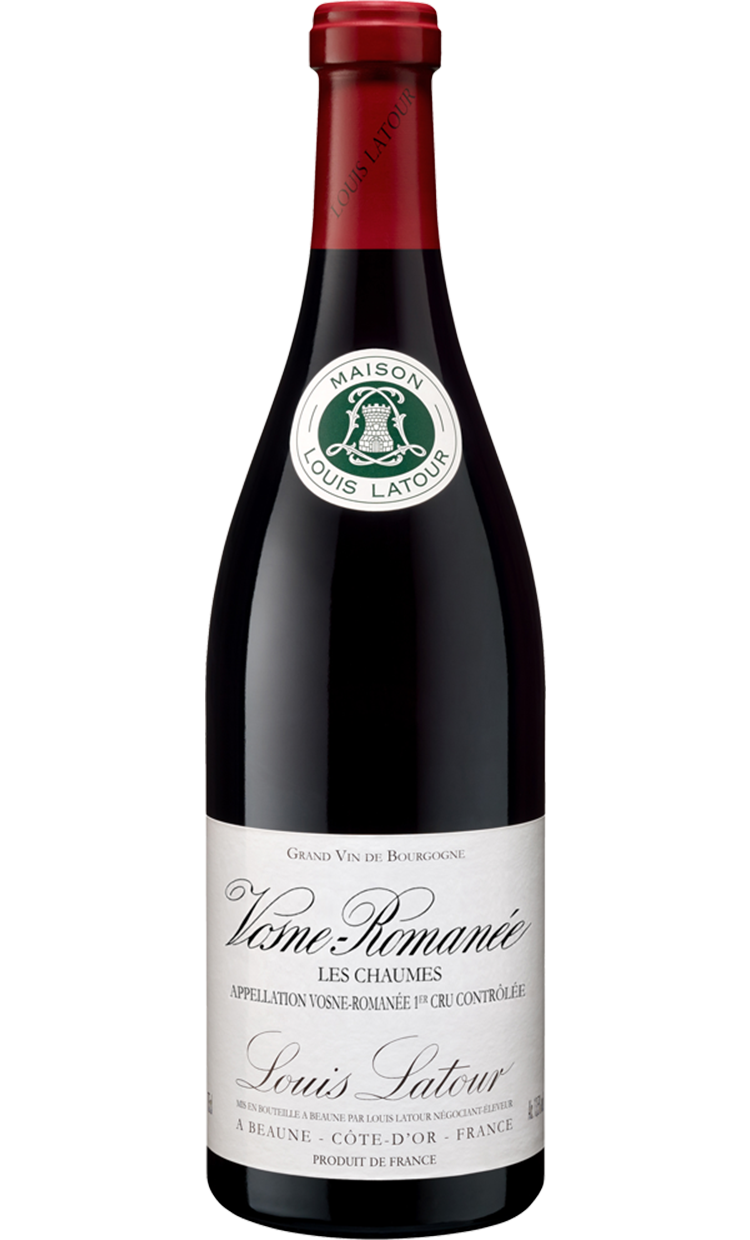
Vosne-Romanée, famous over the world for its Grand Crus, also produces some Premier Crus of an outstanding quality. "Les Chaumes" is located underneath the plot of "Aux Malconsorts" on the same altitude as the village of Vosne-Romanée and North of Nuits-Saint-Georges. The iron-based soil is ideal for growing Pinot Noir. The grapes reach their maximum maturity and offers wonderfully aromatic wines. The term "Chaumes" has the same origin as "Charmes", it indicates that it was unplanted land before becoming a vineyard. The wine reveals an attractive ruby-red colour. The nose is complex, revealing aromas of blackcurrant buds, roasted coffee and nutmeg. The palate is silky and fresh, with powerful, mocha notes. Long, elegant finish.
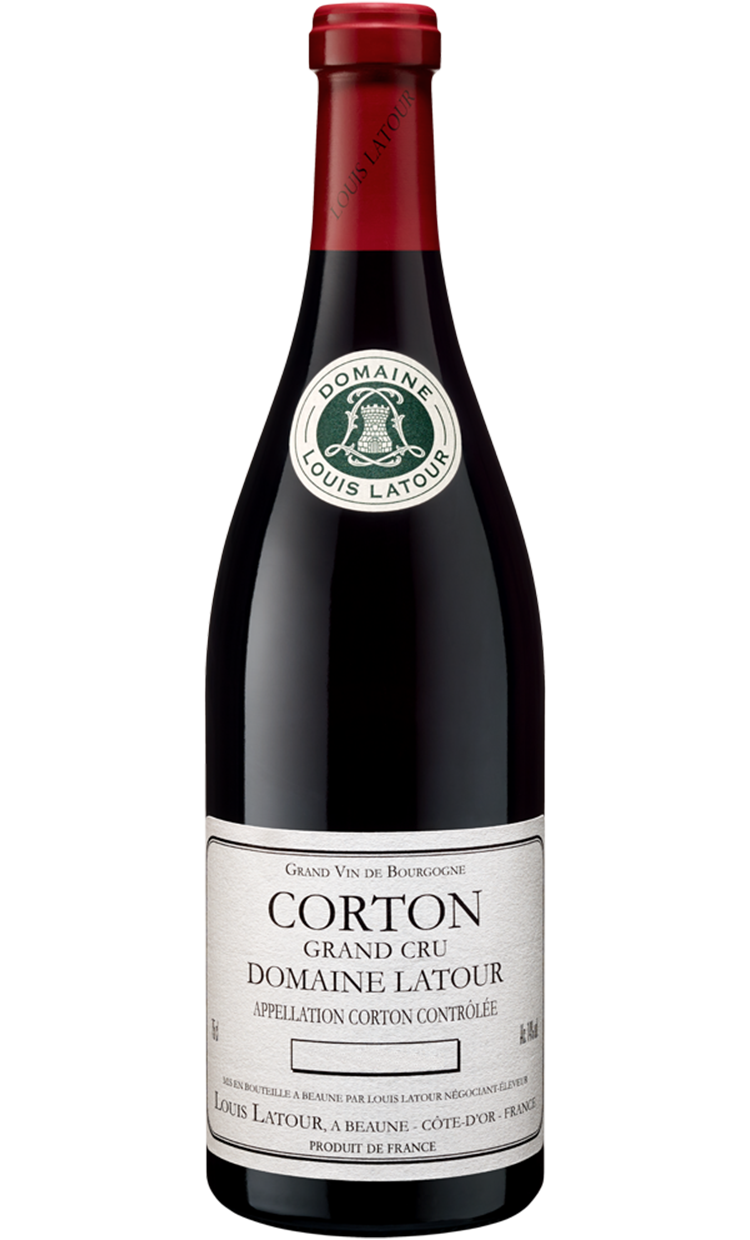
The grapes selected to produce this wine are located on the hill of Corton in south-easterly facing parcels. The vines are managed in the traditional way by the Louis Latour team which carries out strict pruning in order to produce later harvests thus insuring a good degree of maturity in the grapes. This wine is made up of grapes selected from several different parcels of vines in order to guarantee consistent quality each year. The alcoholic fermentation is completed in stainless steel tanks and then the wine is aged for 10-12 months in oak barrels made by Maison Louis Latour, 20% of which are new. It has a good ageing potential. With its dark ruby colour, this wine reveals aromas of black cherry, liquorice and coffee. Full-bodied on the palate, with velvety tannins and hints of liquorice and mocha.
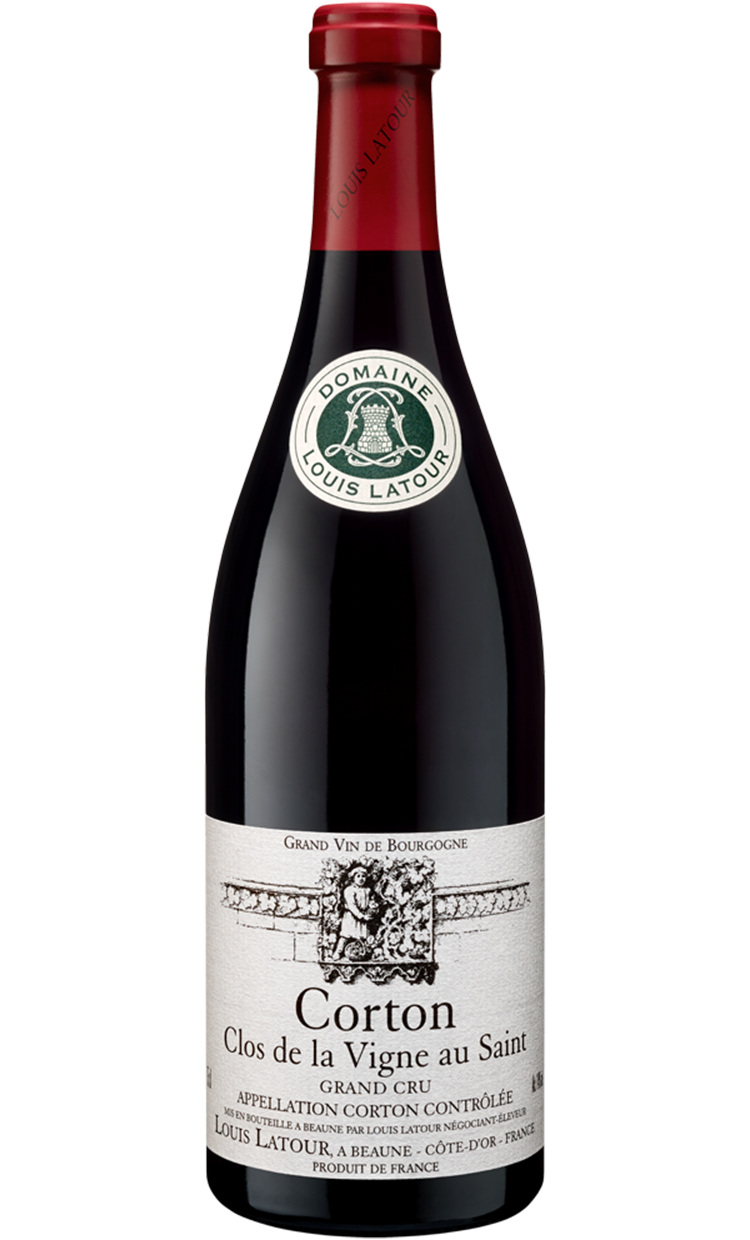
Clos de la Vigne au Saint is a very old vineyard; the earliest known record of its existence is in 1375 when it is mentioned in the records of the Chapter of Saulieu. The Latour family have a long connection with this vineyard which began in 1738 when Florent Latour's great great grandmother owned a section of the vineyard. Since then, it has remained in family hands, passing from generation to generation. The vineyard has perfect southerly exposure on the Corton hill lying on a bedrock outcrop towards the bottom of the slope. The soil is a rusty red colour and rich in marl, which gives the wines distinct aromas. This wine possesses the elegance that we expect from a Côte d'Or Grand Cru and will age particularly well. It has a deep ruby red colour. Its nose reveals notes of blackcurrant, undergrowth and cloves, while its palate displays aromas of red fruit and liquorice. This wine offers a nice freshness and silky tannins.
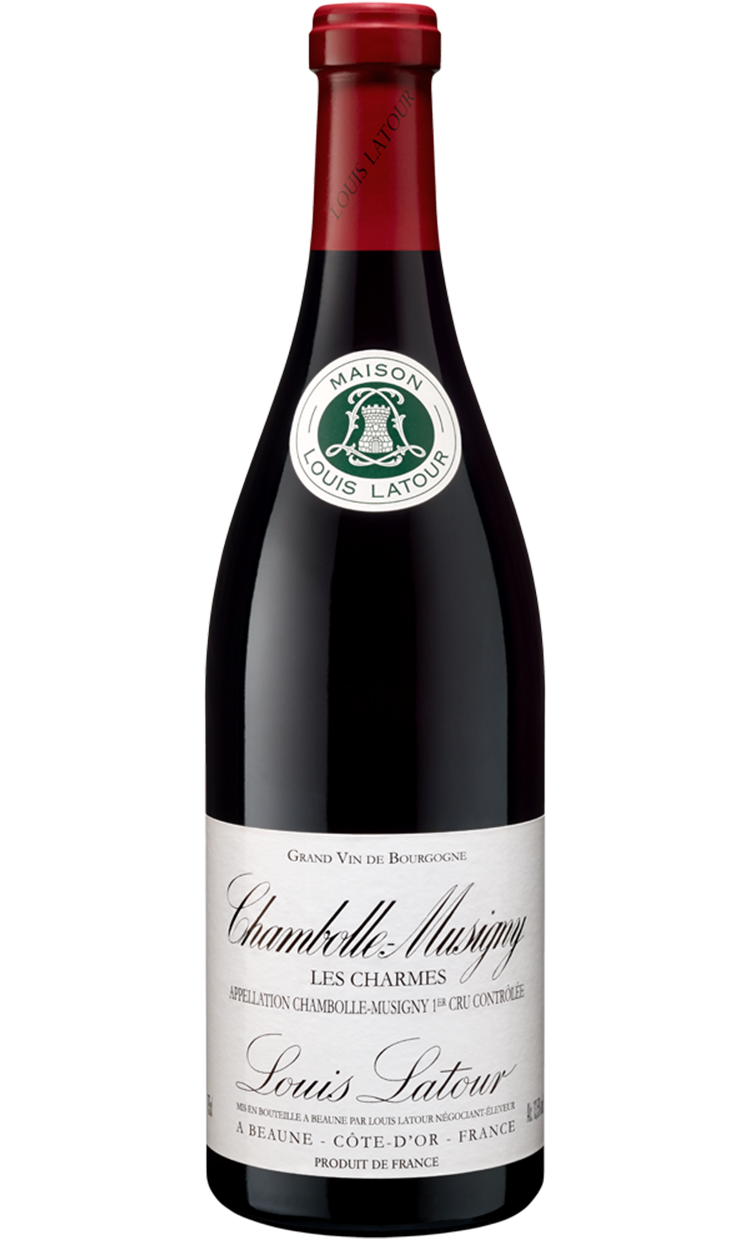
The 150 hectares of vines in the tiny village of Chambolle-Musigny are a soft interlude amongst the great vineyards of the Côte de Nuits. Chambolle-Musigny has 24 Premier Cru vineyards and it is "Les Amoureuses" and "Les Charmes" that are generally the most renowned. The poor limestone soil is well known for producing wines that are delicately scented. The Burgundian term "Les Charmes" refers either to an uncultivated plateau with little vegetation or the existence of wooded land covered by Hornbeam. In this case it refers to the former because Chambolle-Musigny "Les Charmes" is located beneath "Les Grandes Mûrs" that has long been an uncultivated field. The fermentation takes place in stainless steel tanks and is followed by aging for 10-12 months in oak barrels, 40% of which are new. Deep ruby in colour, Chambolle-Musigny 1er Cru "Les Charmes" reveals a complex nose with delicious notes of blackcurrant and coffee. Round on the palate, with silky tannins and a touch of mocha. Good persistence on the finish.
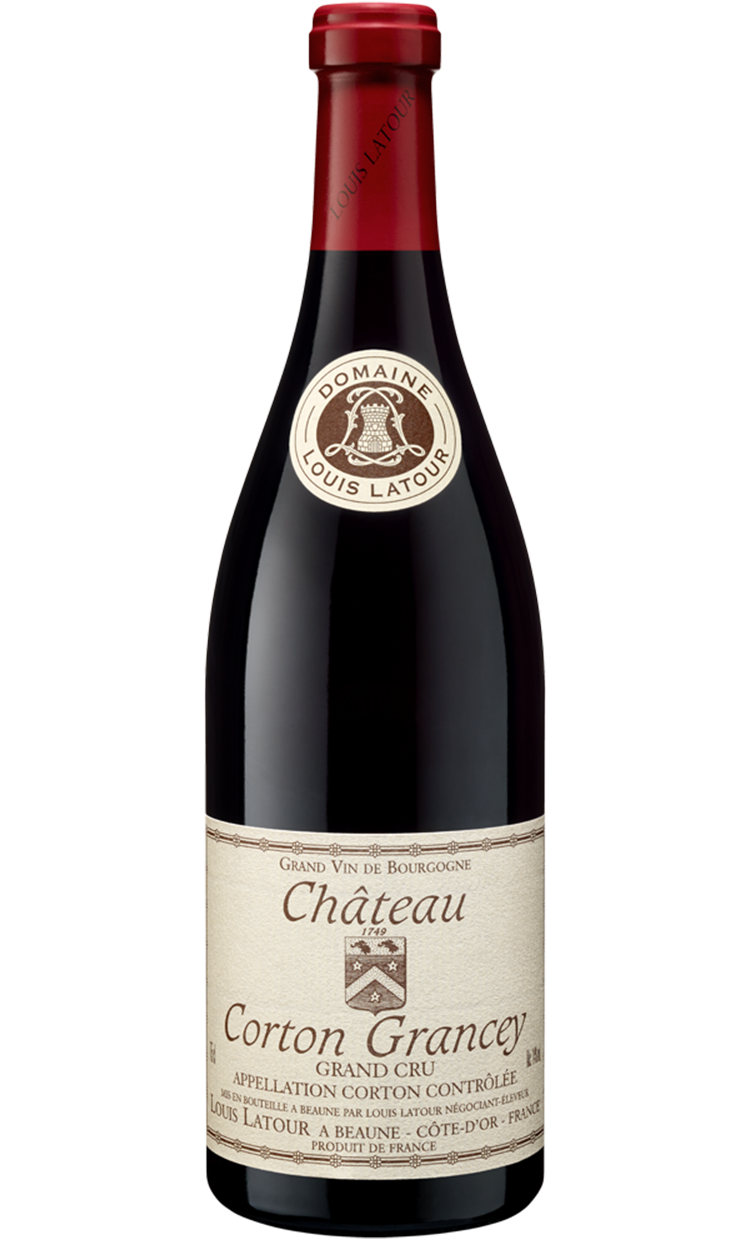
"Grancey" was the name of the last owners of the château situated on the road of Corton, before the Latour family bought it in 1891. This wine, produced by Maison Louis Latour, is unique and exclusive. It is a blend of five areas of Domaine Latour Corton Grand Cru: Bressandes, Perrières, Grèves, Clos du Roi, and Chaumes, the proportions of which vary depending on the vintage. The average age of the vines is over 40 years. After aging individually, only the best barrels are assembled to create the Château Corton Grancey. It is a wine that is produced only if the grapes are of a perfect maturity, vintages judged inferior are systematically declassified. Château Corton Grancey will seduce you with its dark ruby colour and notes of blackcurrant and blackberry. The palate is full and generous, with notes of black cherry, liquorice and nutmeg and a touch of pepper on the finish. The finish is very long and sappy.
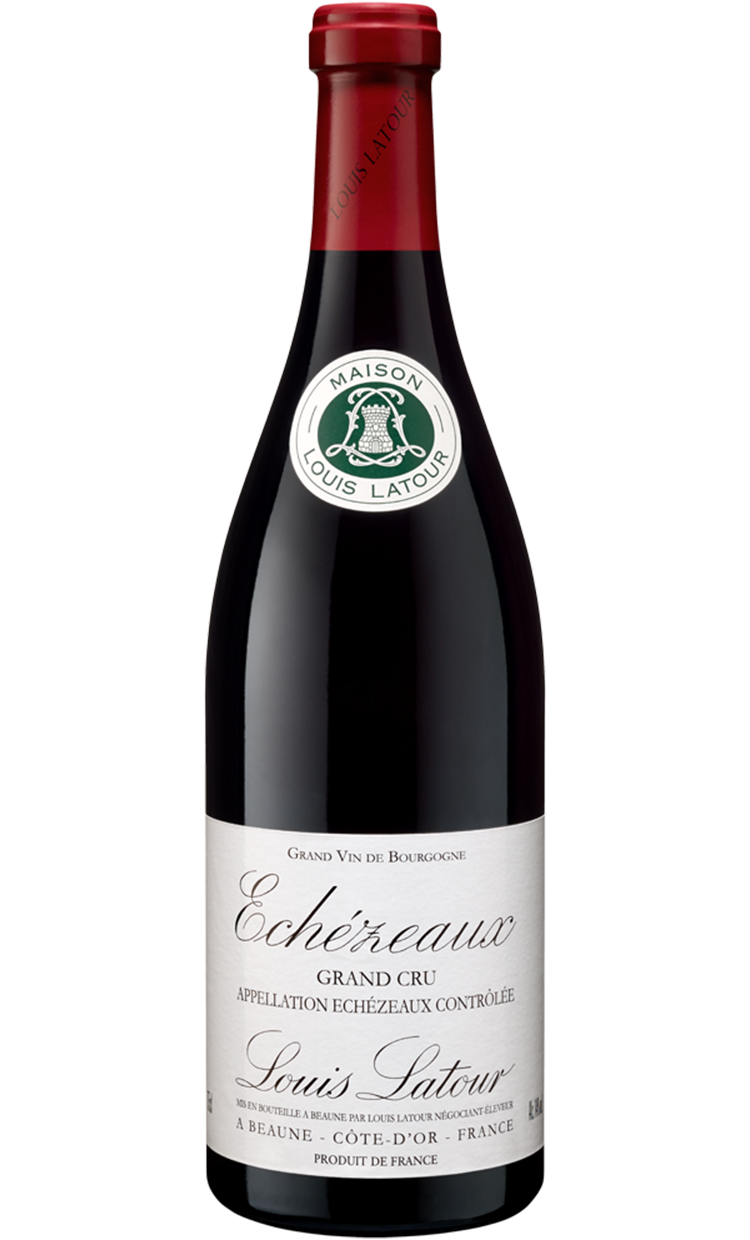
This is a superb vineyard situated above Clos Vougeot, between Vosne-Romanée and Vougeot in the Côte de Nuits. It belongs to the era of the Cîteaux Abbey. Echézeaux offers quite diverse and complex soils depending on each climate, all with an easterly exposure. Echézeaux is an exquisite red wine that is robust, solid, and completely harmonious. It is always a great wine to age. A powerful wine, that has a beautiful, deep, brilliant ruby colour. The nose is intense and complex with delicious aromas combining cherry, liquorice, undergrowth, and empyreumatic notes. The palate is full and fresh, with silky tannins. Aromas of liquorice, mocha and cherry. Good persistence.
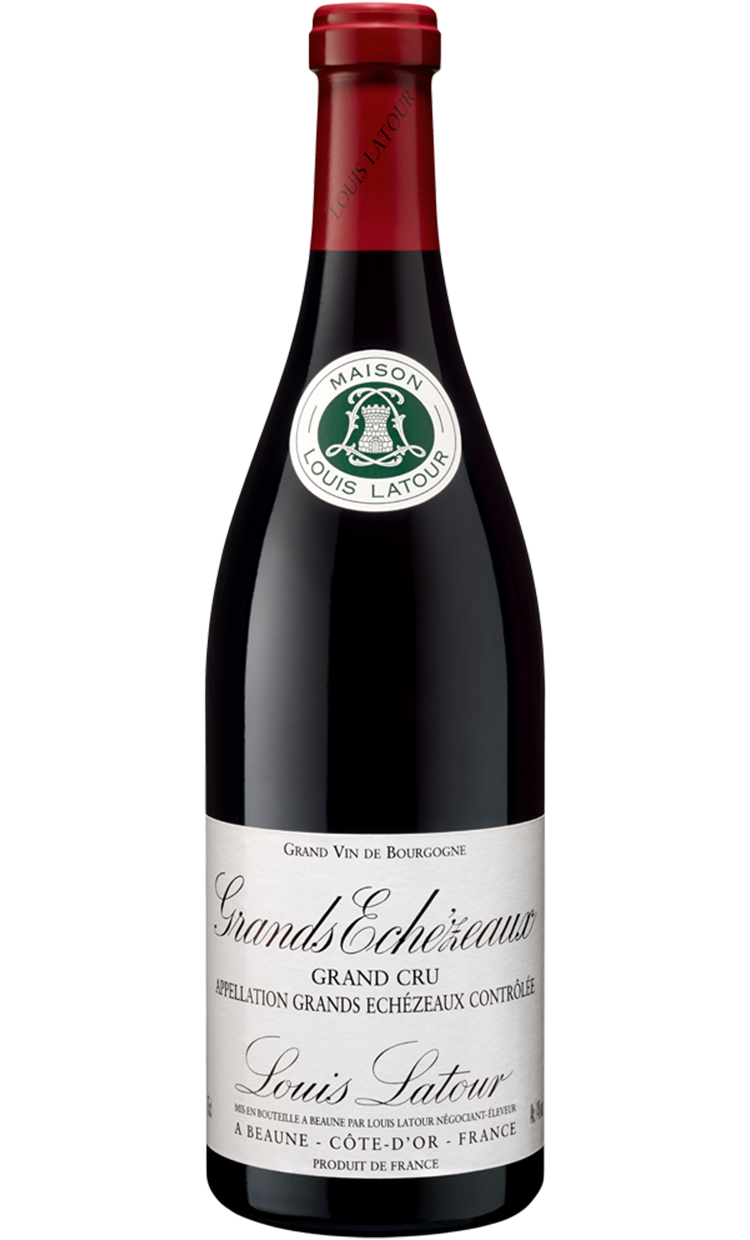
This exquisite red wine comes from the parcel of Grands Echézeaux located between Vosne-Romanée to the north and Vougeot to the south in the Côte de Nuits area. Like Vougeot, Grands Echézeaux is a creation of the monks of Cîteaux in the 12th century. The vineyard's soils are quite homogeneous, of a clay limestone nature, close to the upper part of Clos Vougeot, at about 250 metres of altitude. The Grands Echézeaux combines strength, distinction, and longevity. The alcoholic and malolactic fermentation takes place, followed by the maturation of the wine for 10-12 months in oak barrels, which are manufactured at Maison Louis Latour. Of a deep colour (ruby/garnet), the Grands-Echezeaux Grand Cru offers aromas of mocha, toasted bread, liquorice, and black berries accompanied with a hint of undergrowth. It is a powerful and persistent wine in the mouth with notes of chocolate and peppermint.
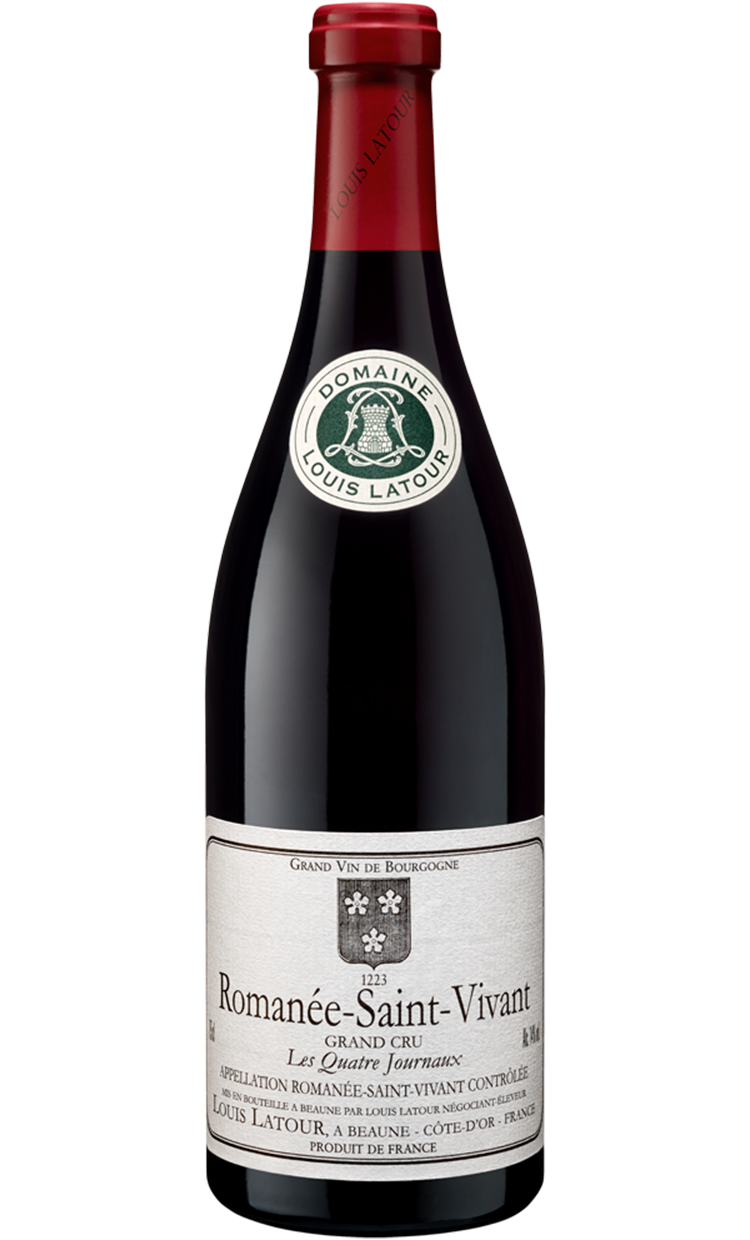
The Latour family has been proprietors of a part of Romanée-Saint-Vivant since December 1898. "Les Quatre Journaux" is a magnificent plot of land situated at the South-West of Romanée Saint Vivant, a few meters from the Romanée-Conti vineyard. A "Journal" is an old Burgundian measurement corresponding to approximately 0.4 hectares (34,28 ares). Even though the Latours' initial purchase carried the entirety of the plot, half of it was sold some years later. Today Maison Louis Latour owns 0.8 hectares of Romanée-Saint-Vivant. It offers a marvelously aromatic wine, with a velvety texture which culminates in a persistent and powerful finish in the mouth. It is one of our greatest red wines. This wine has a beautiful ruby colour. The nose develops aromas of blackcurrant and undergrowth. The palate is full and fresh, with notes of morello cherry and blackcurrant.

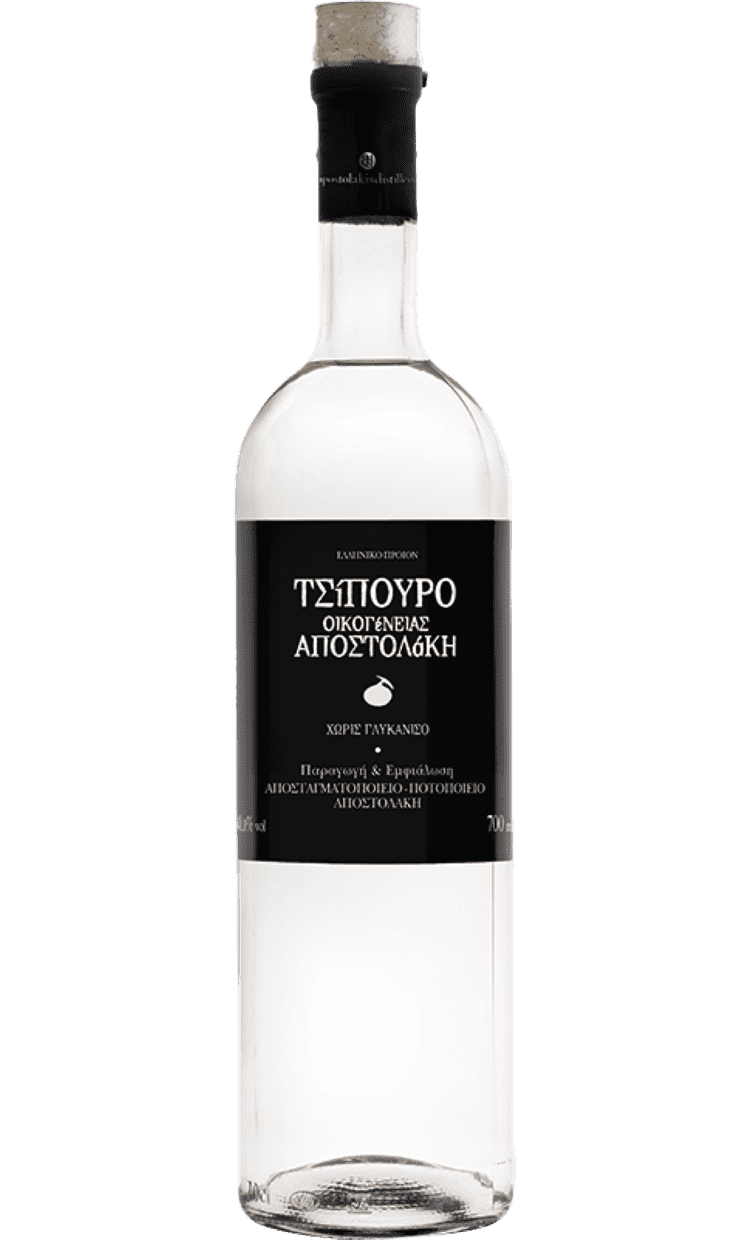
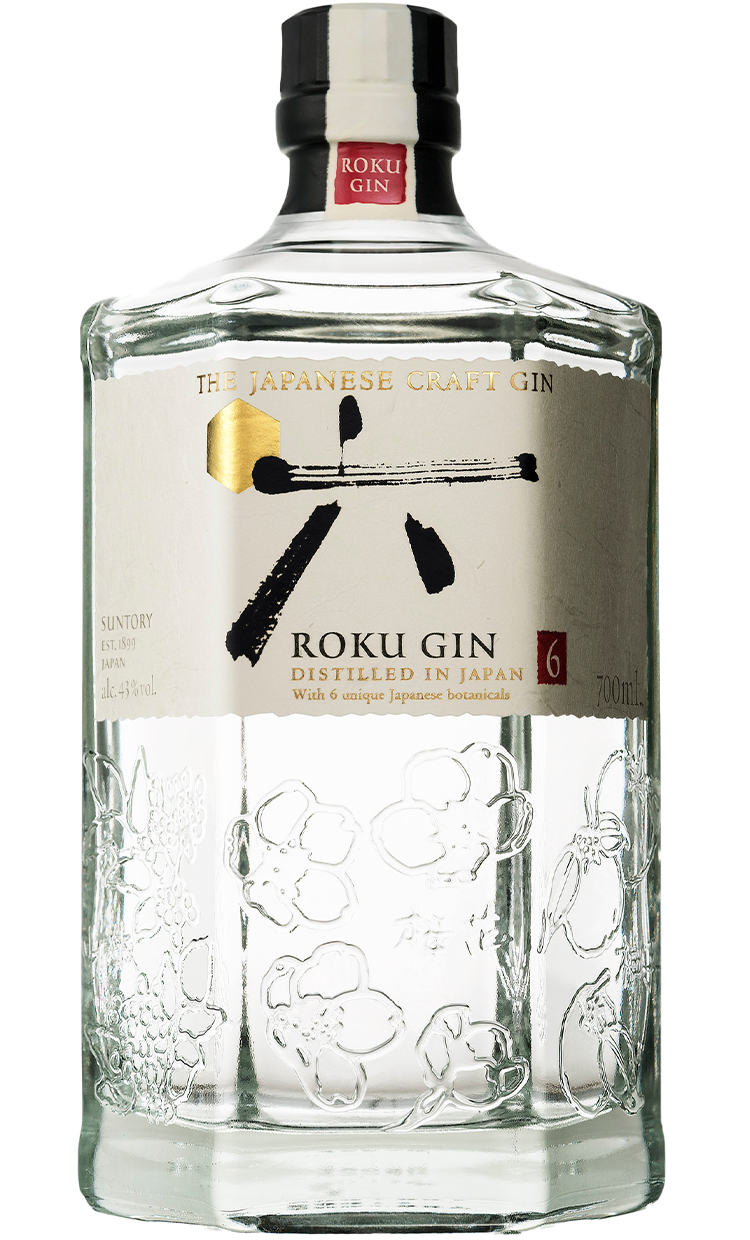
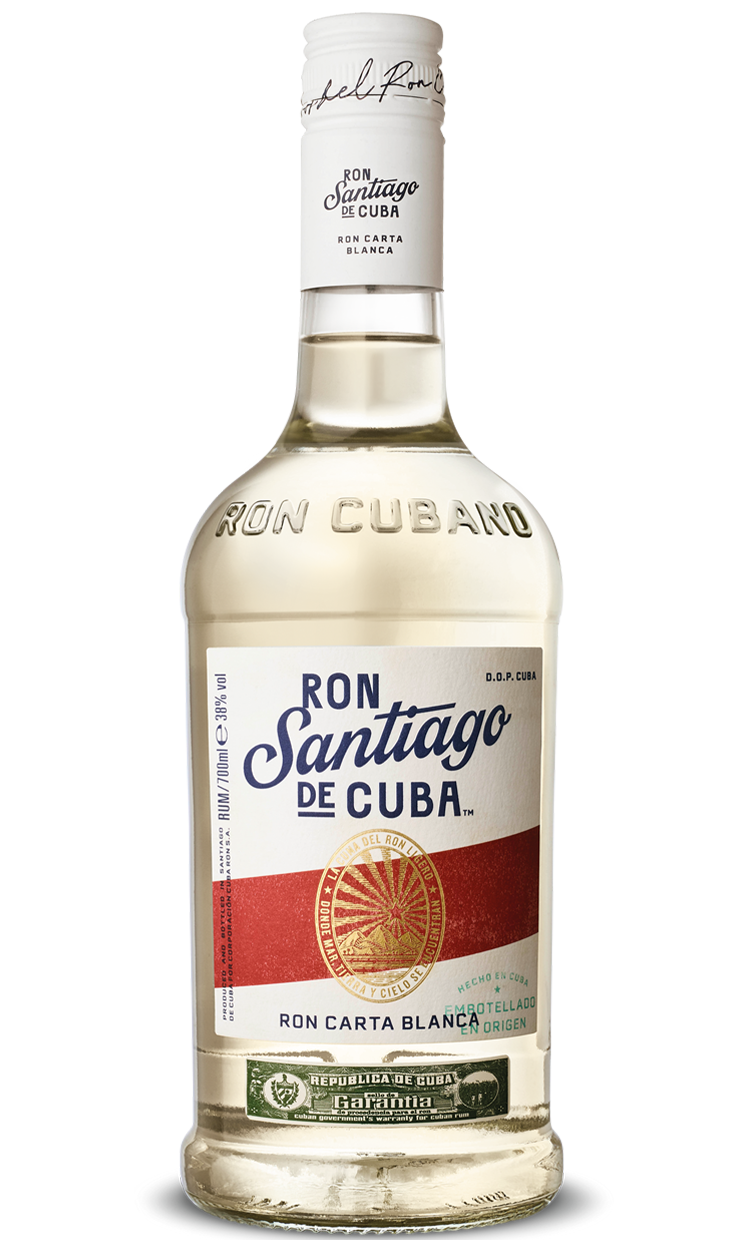
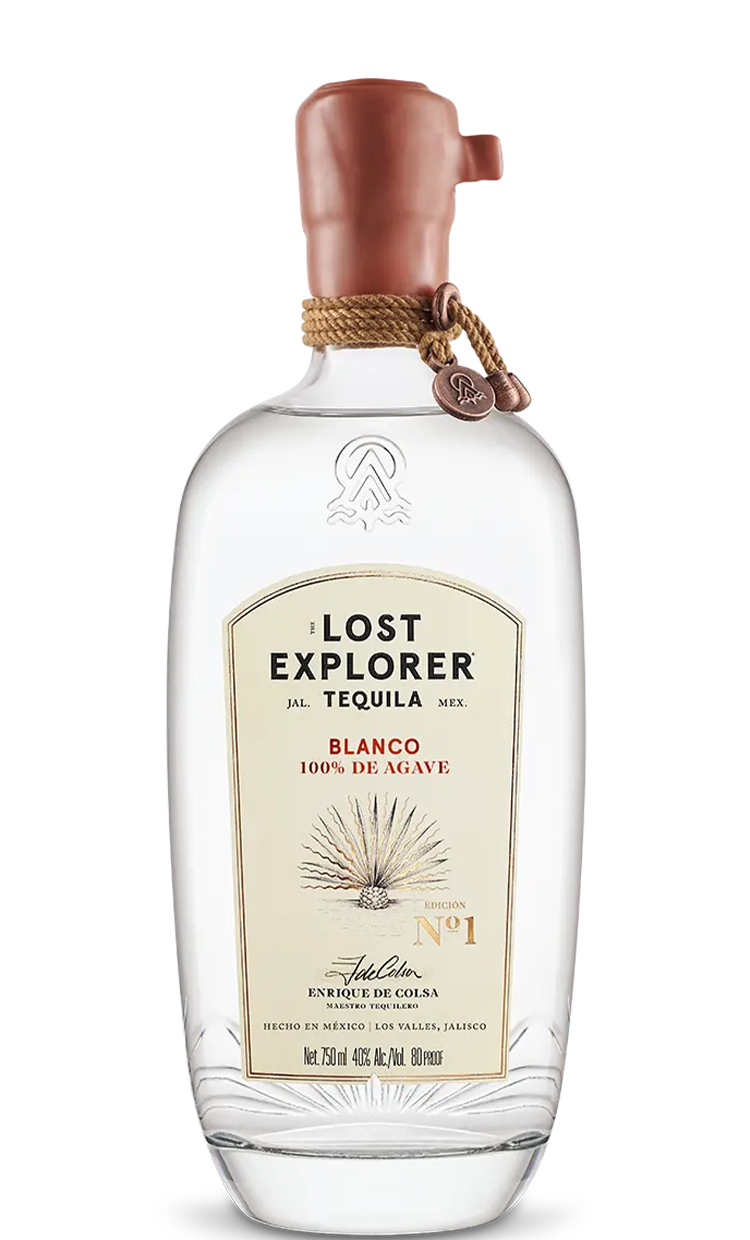
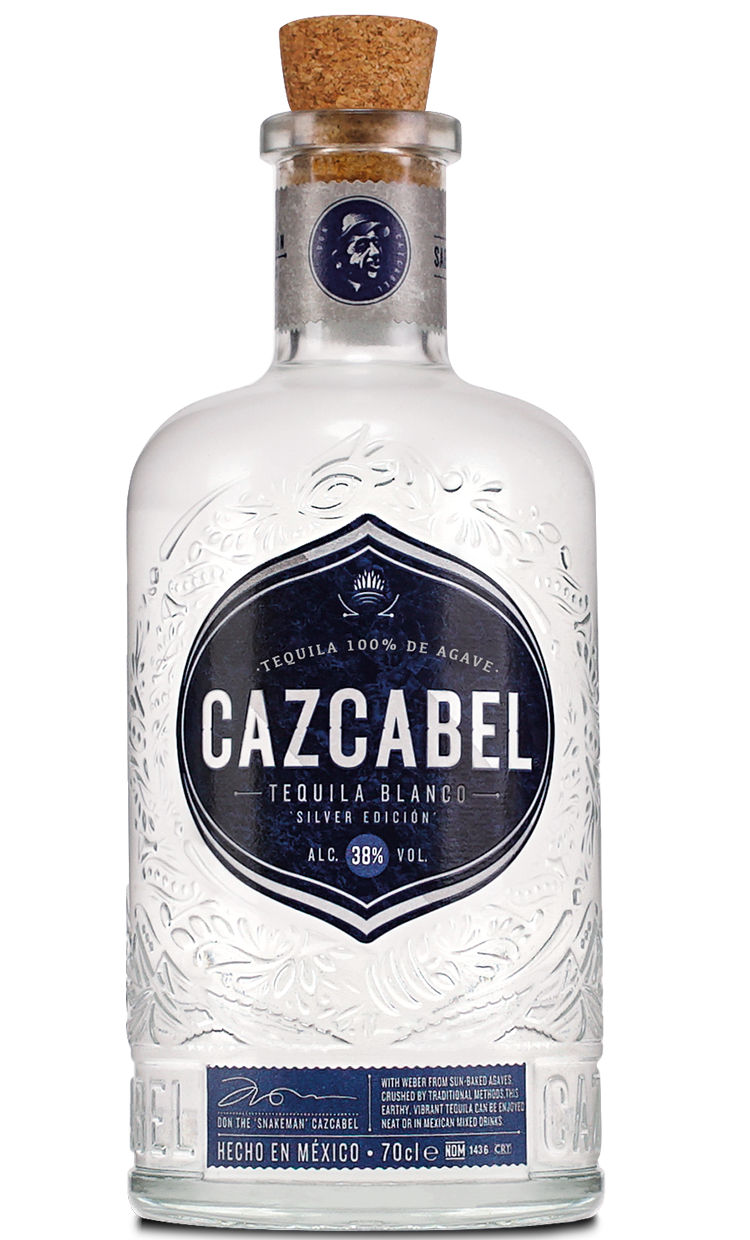
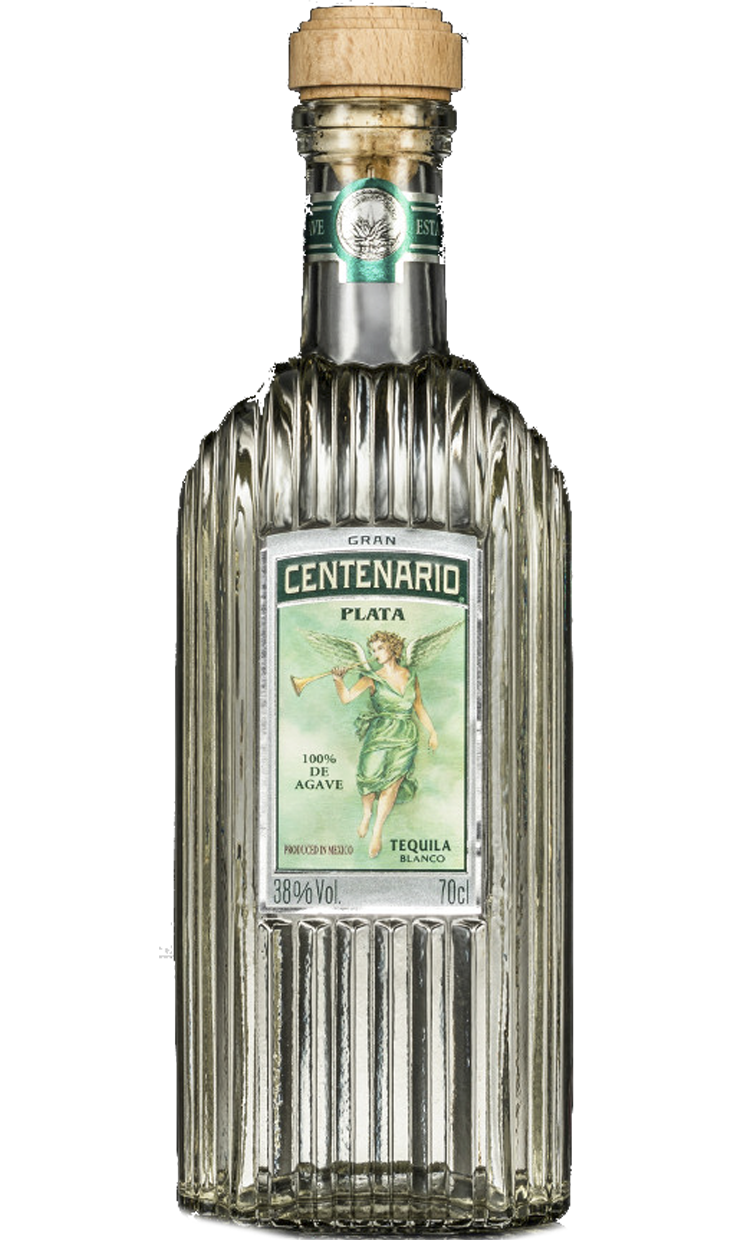
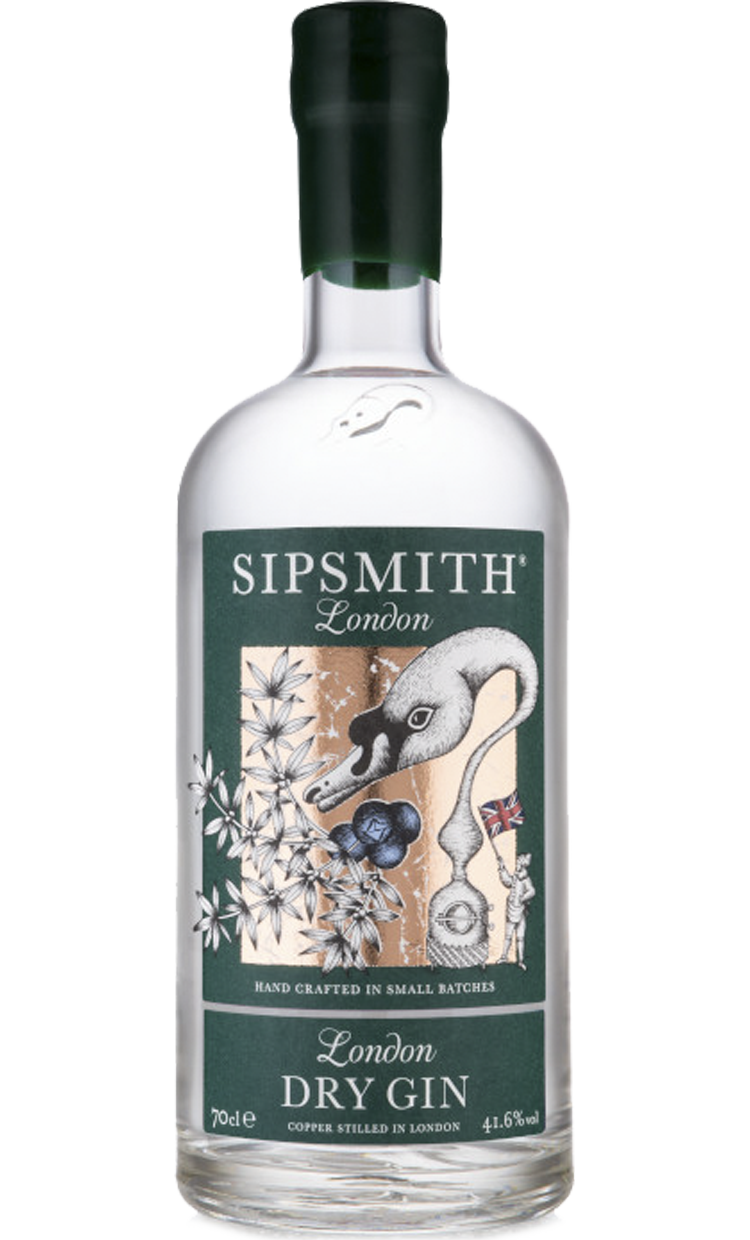
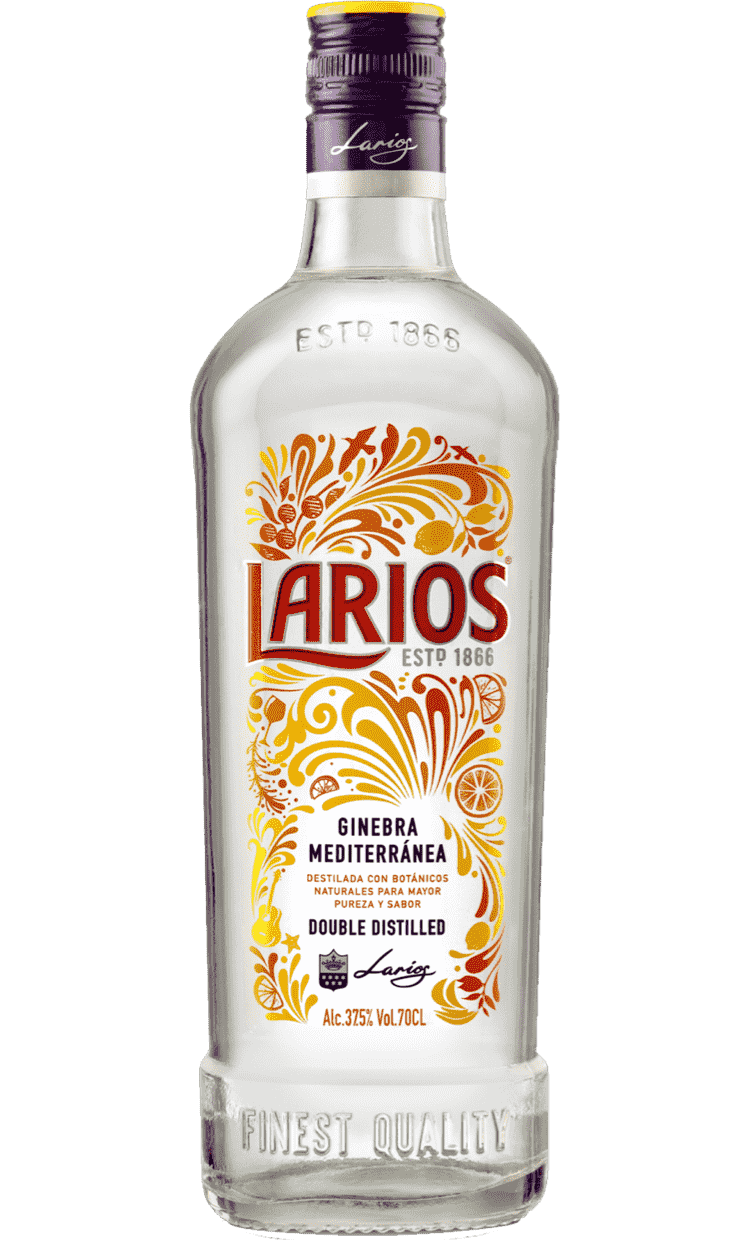
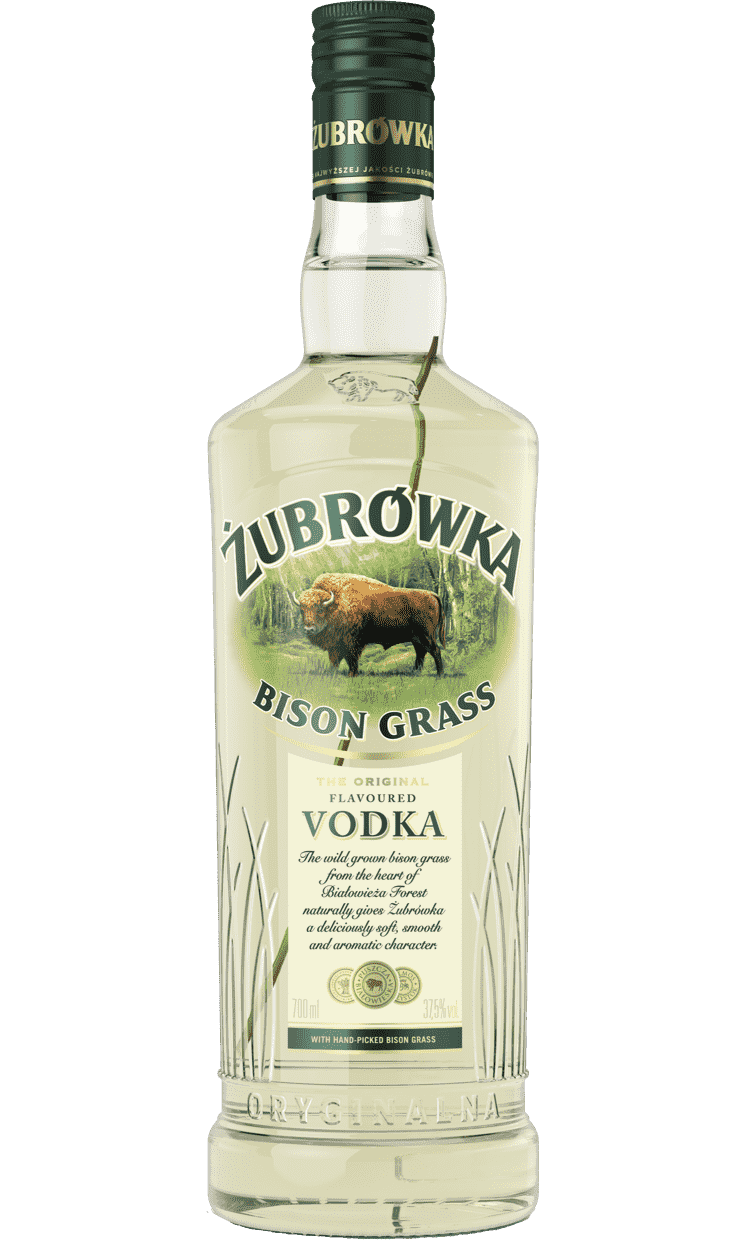
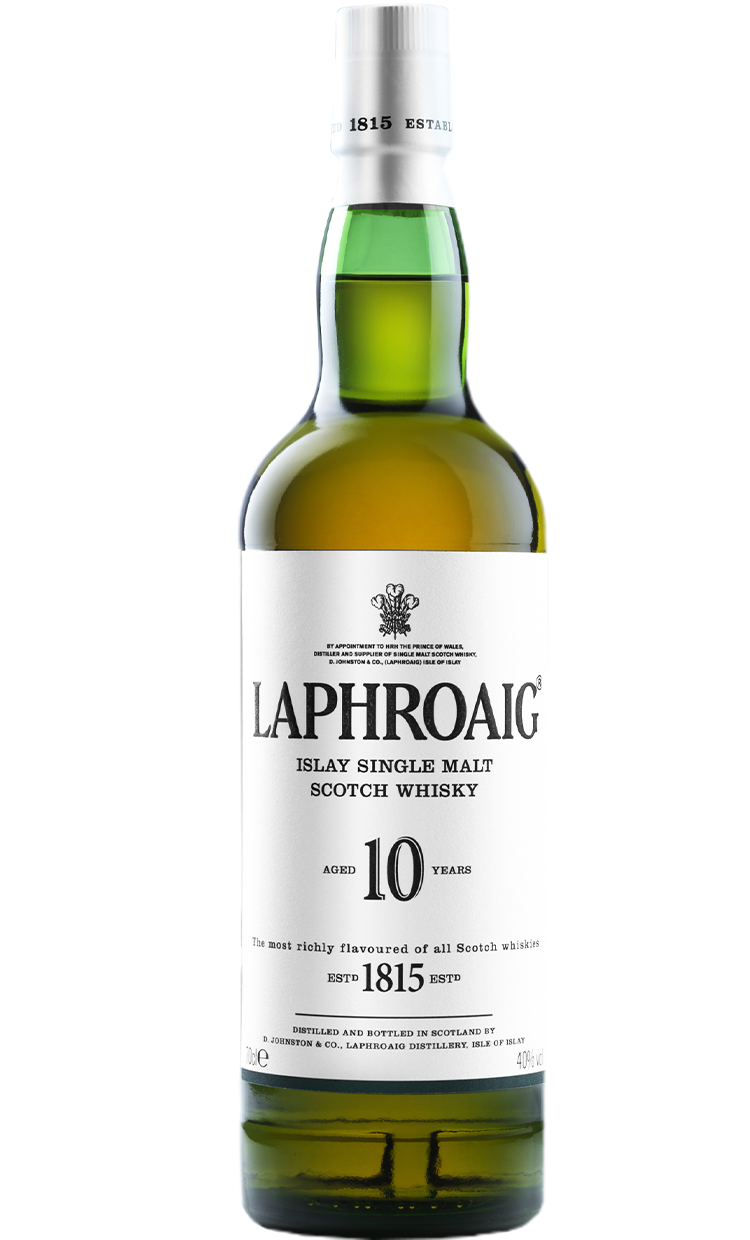
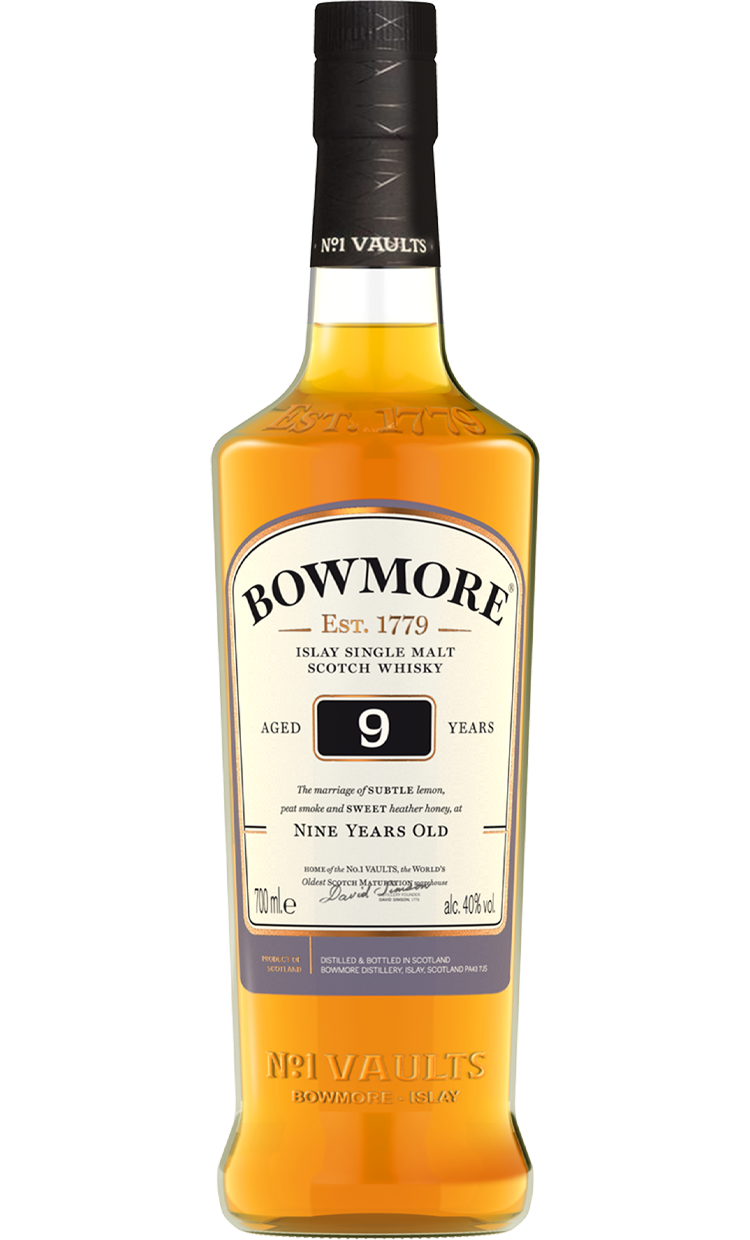
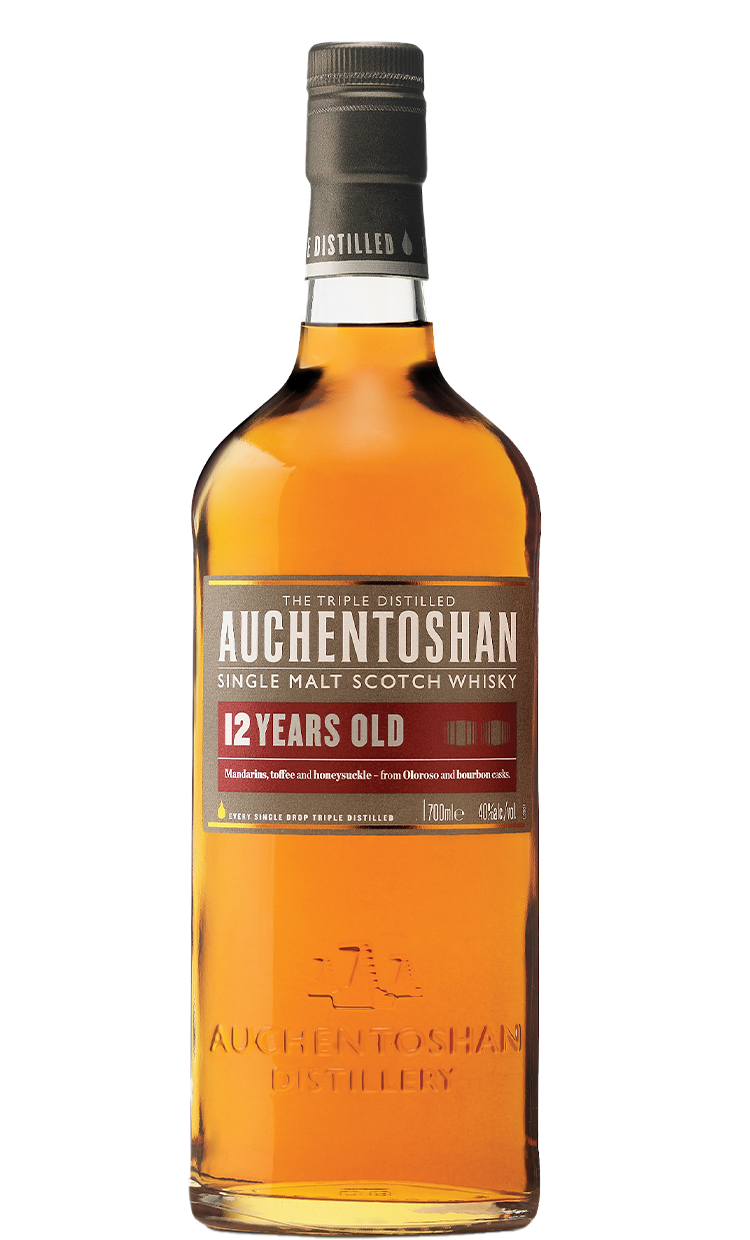
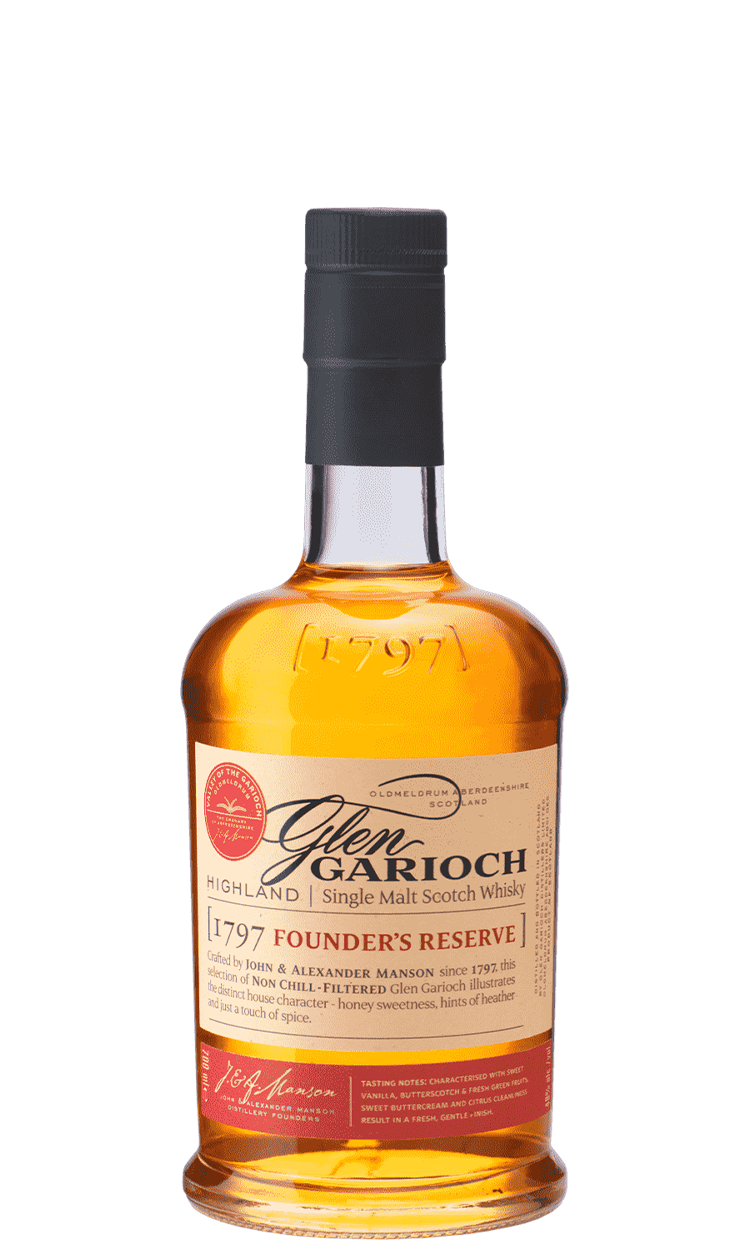
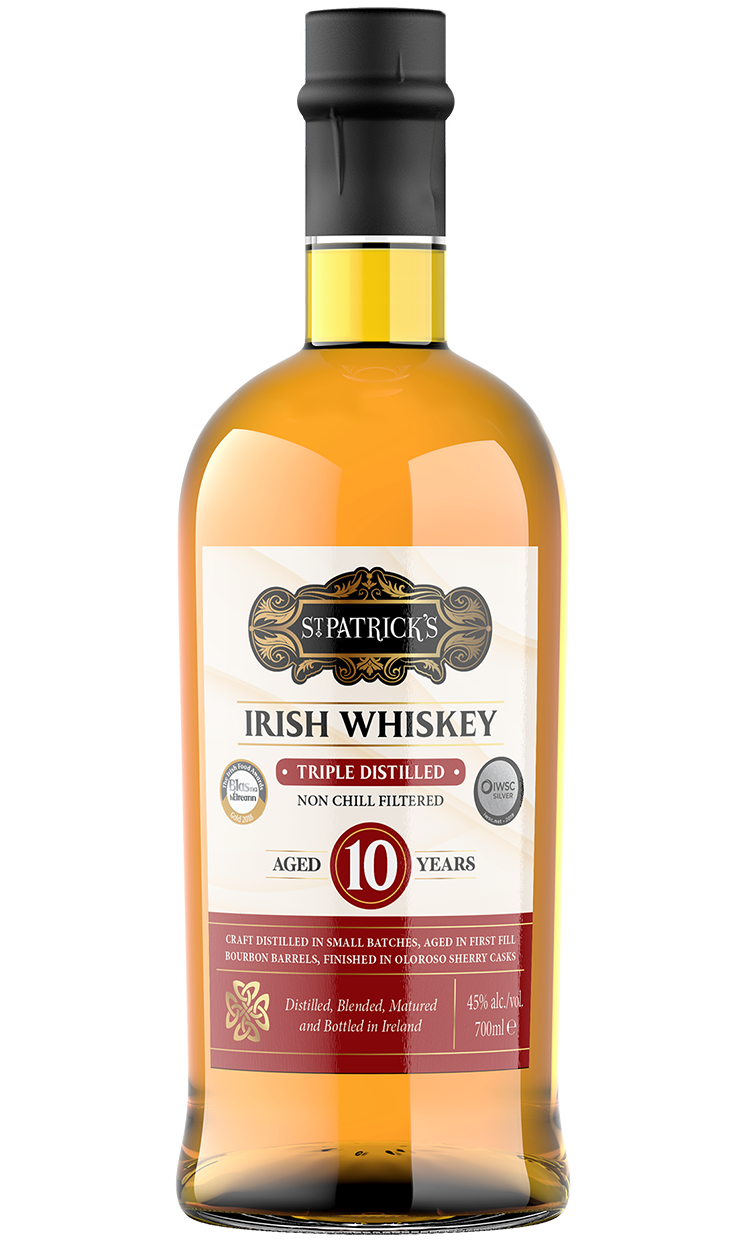
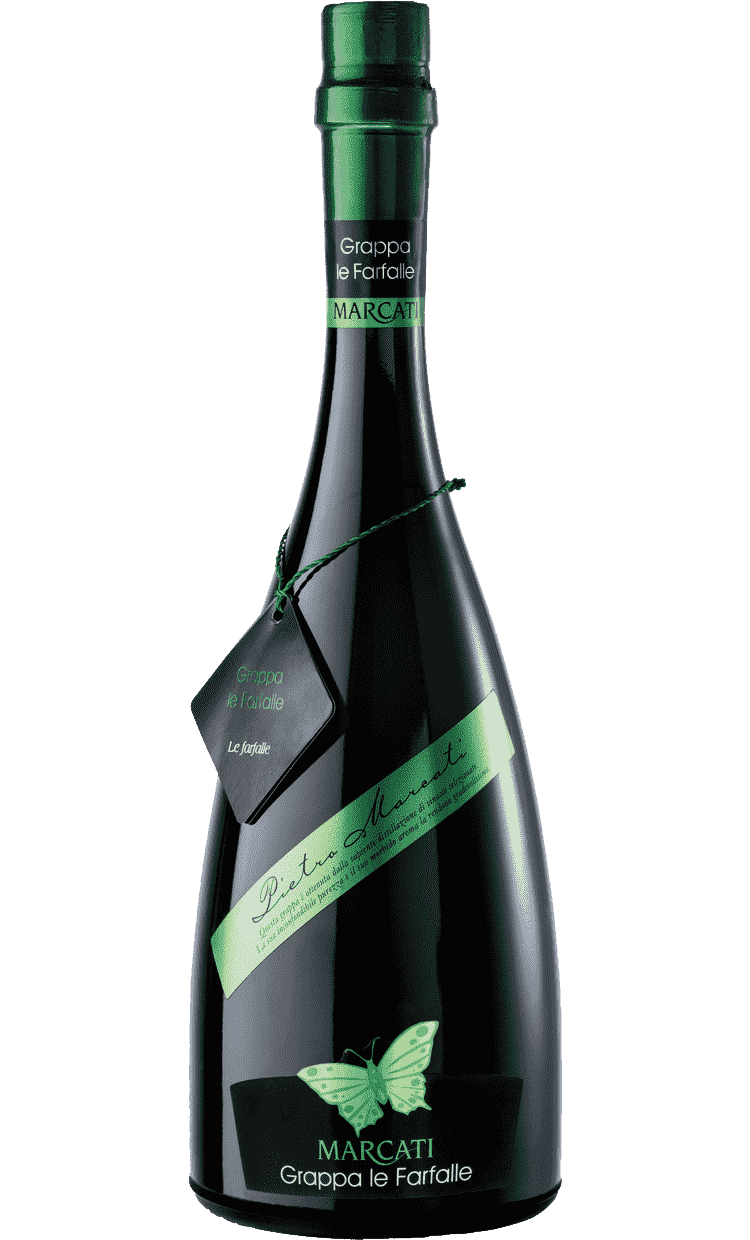
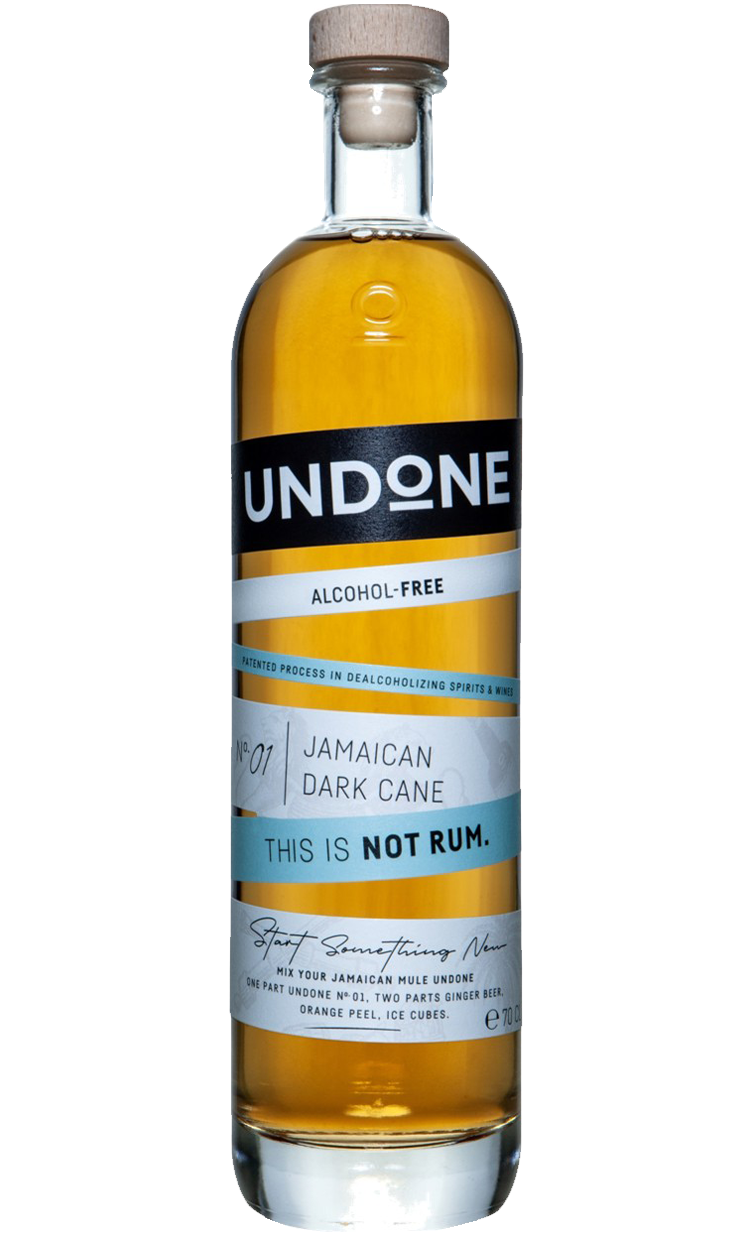
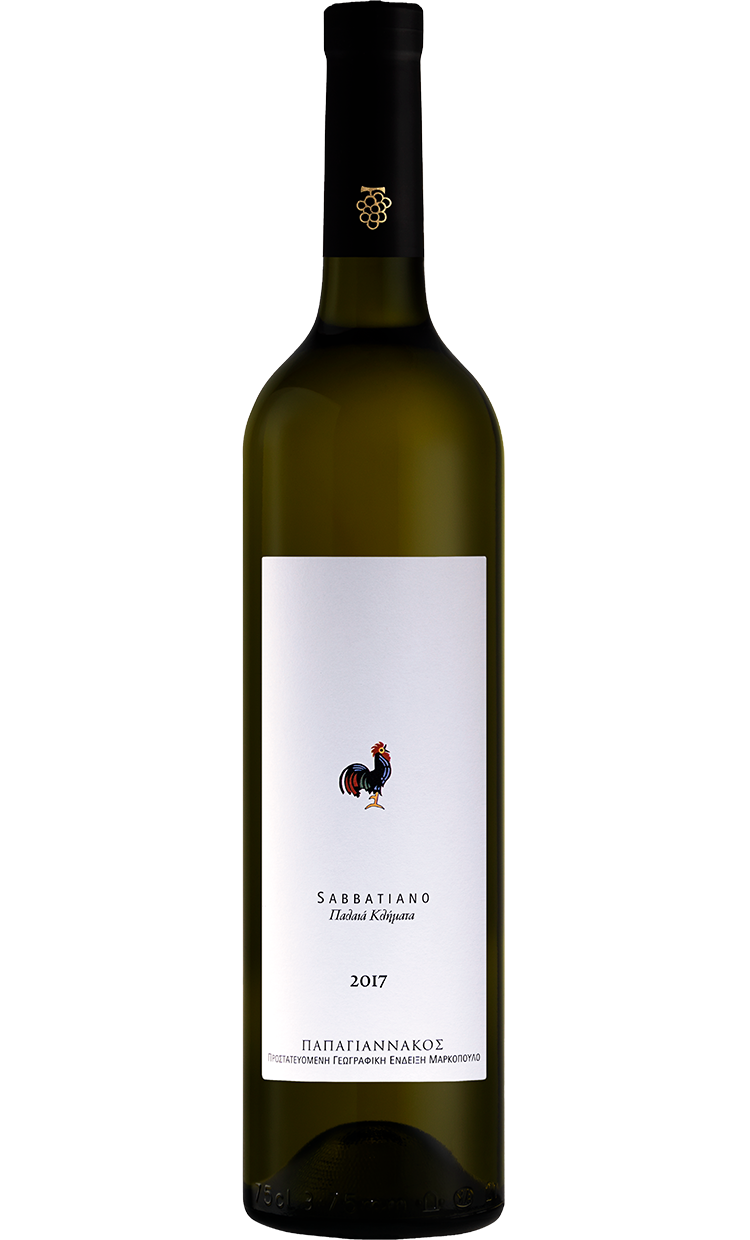
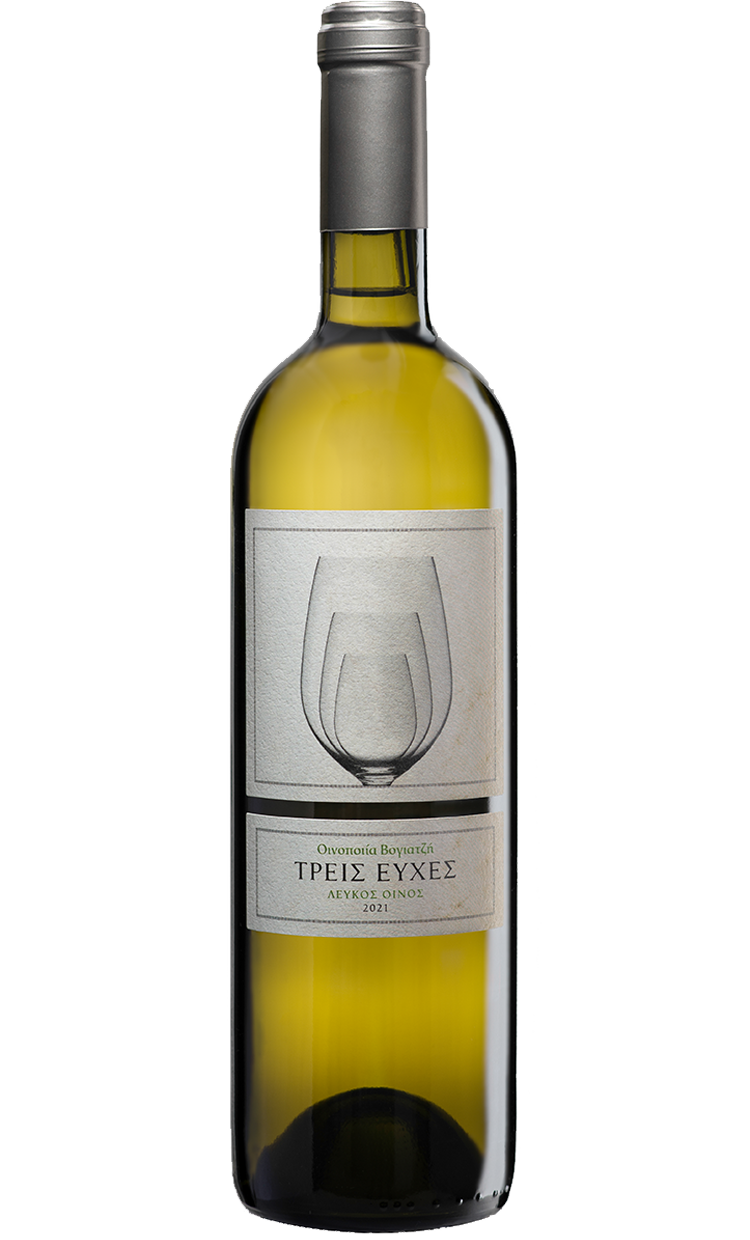
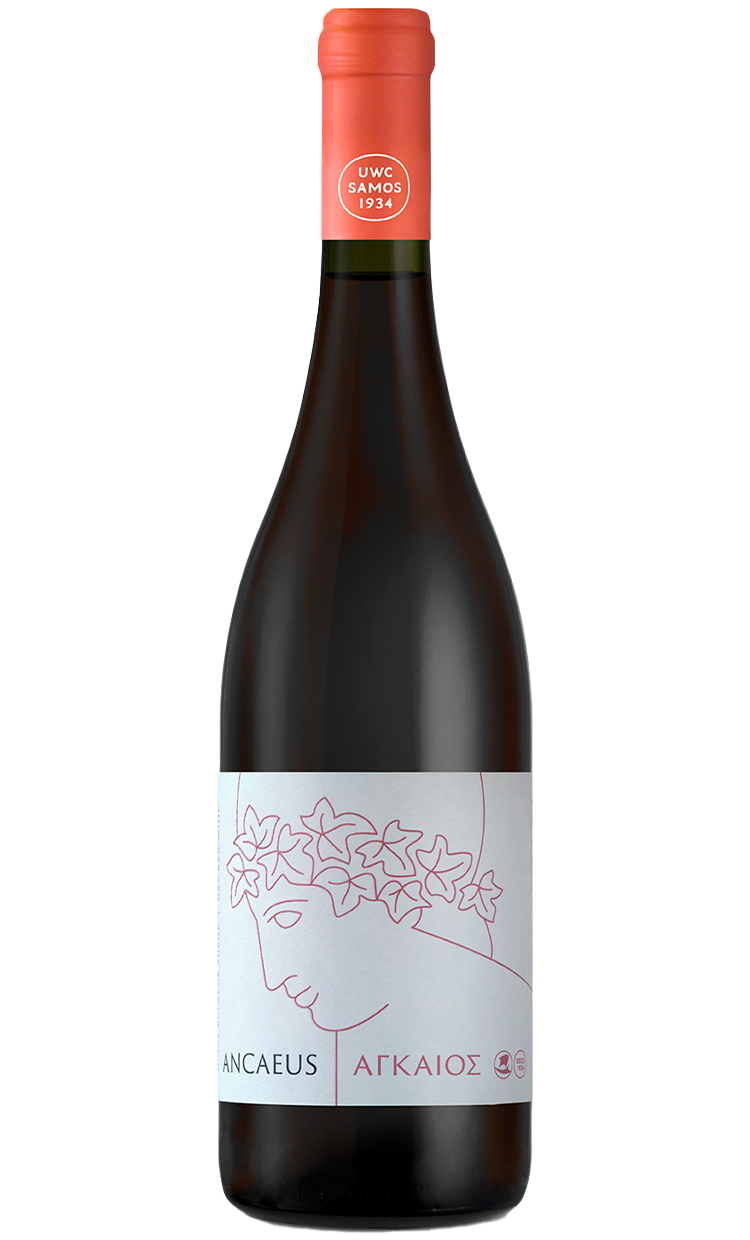
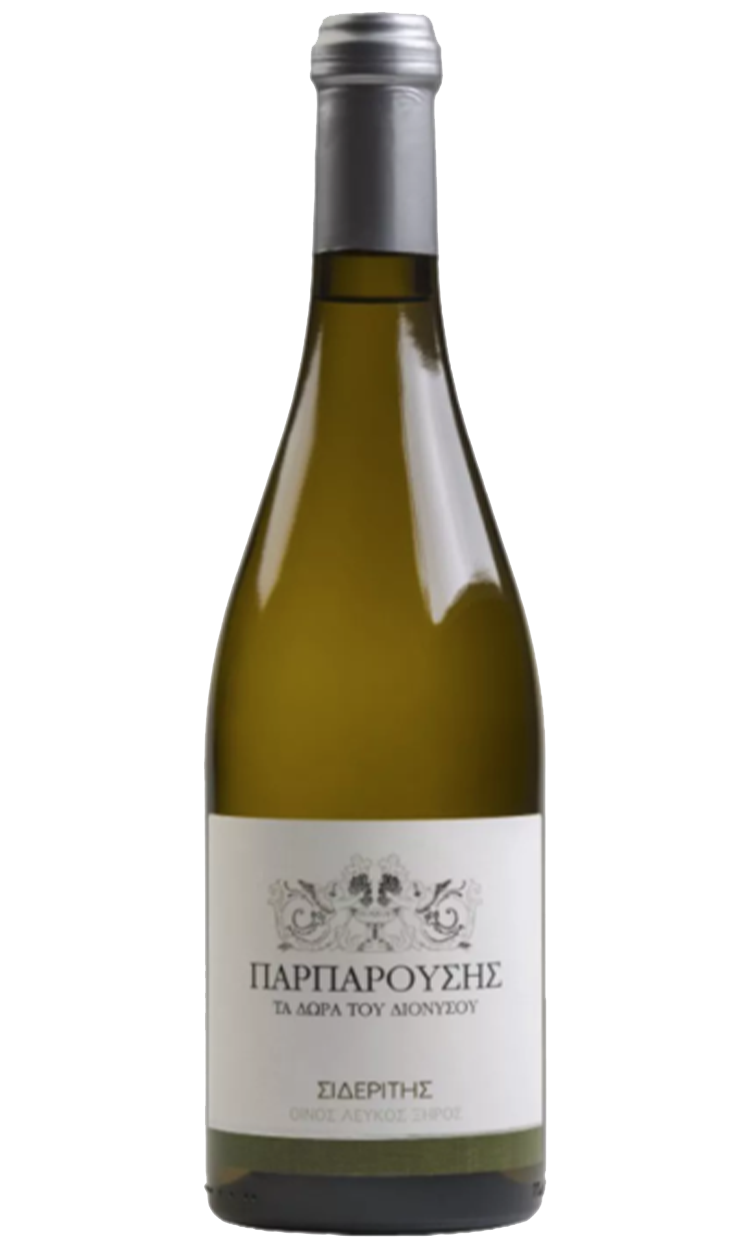
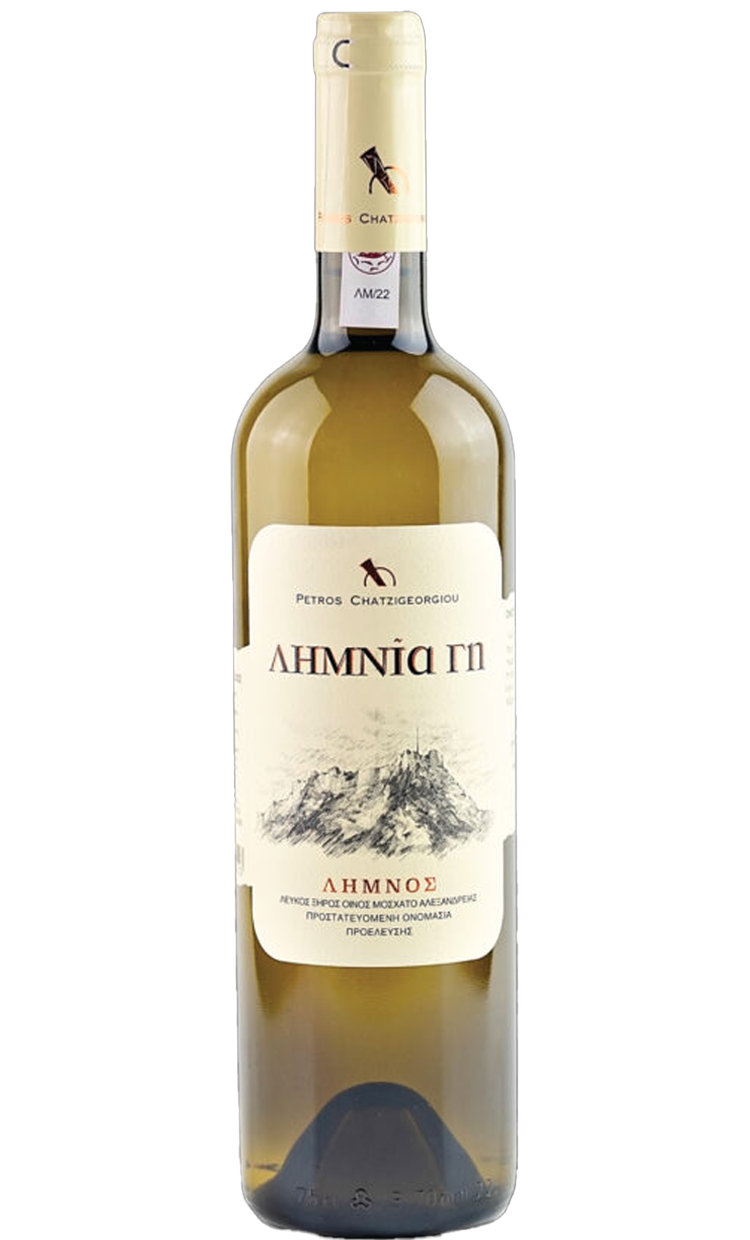
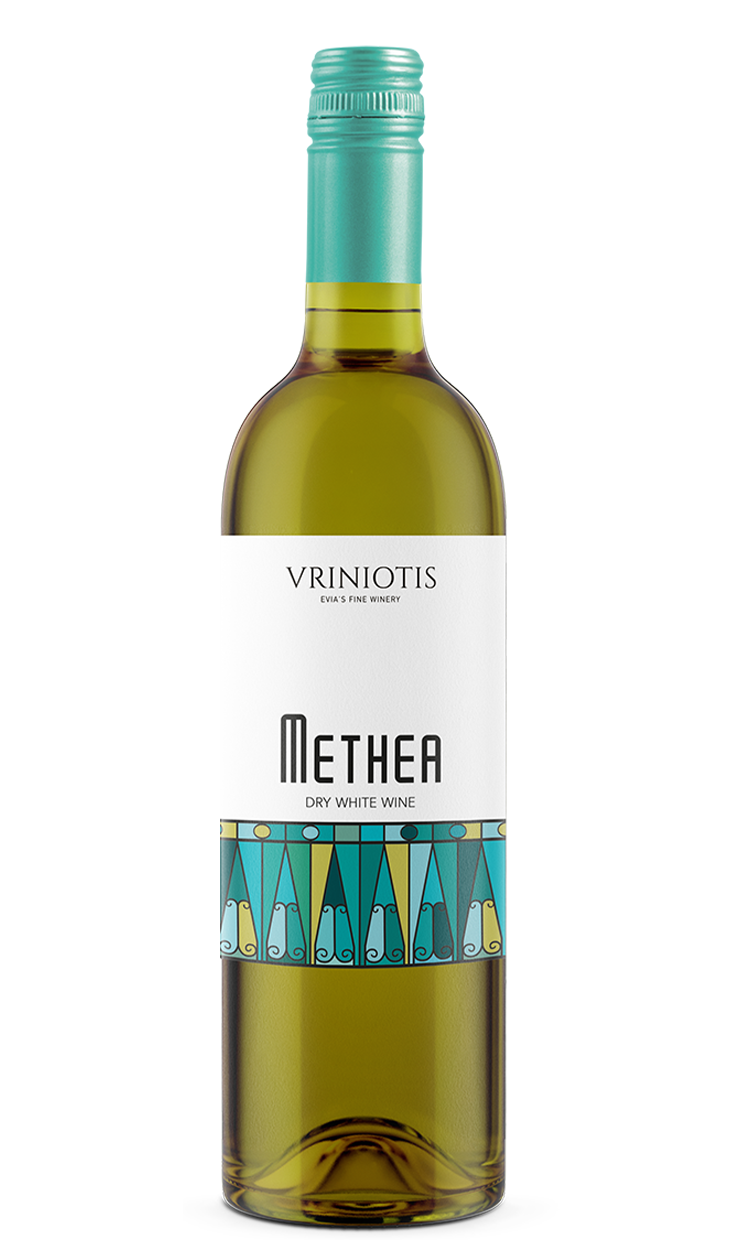
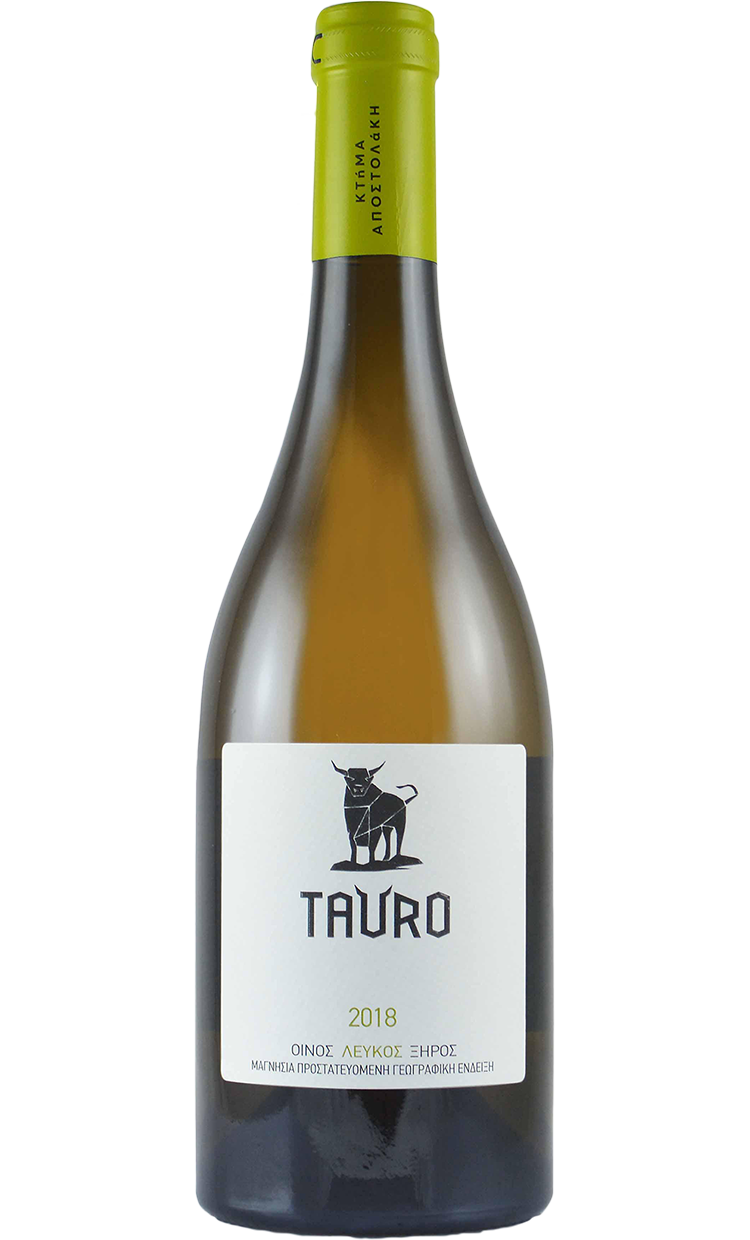
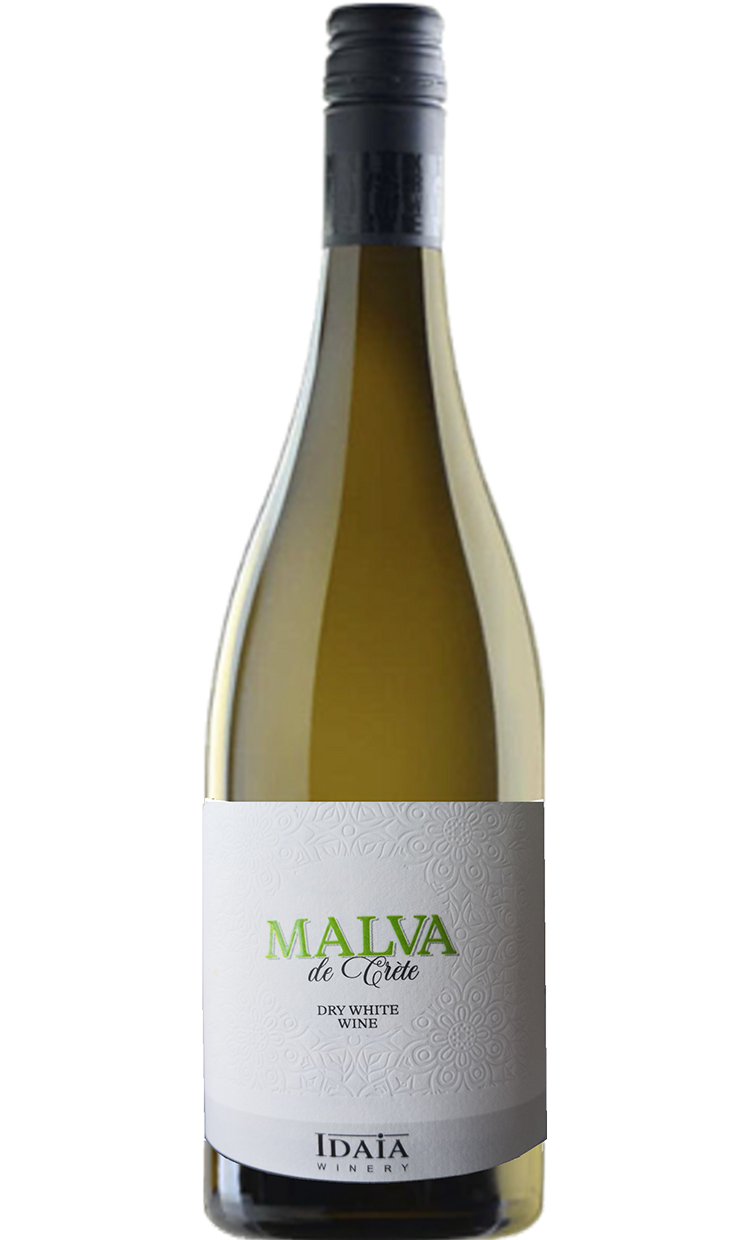
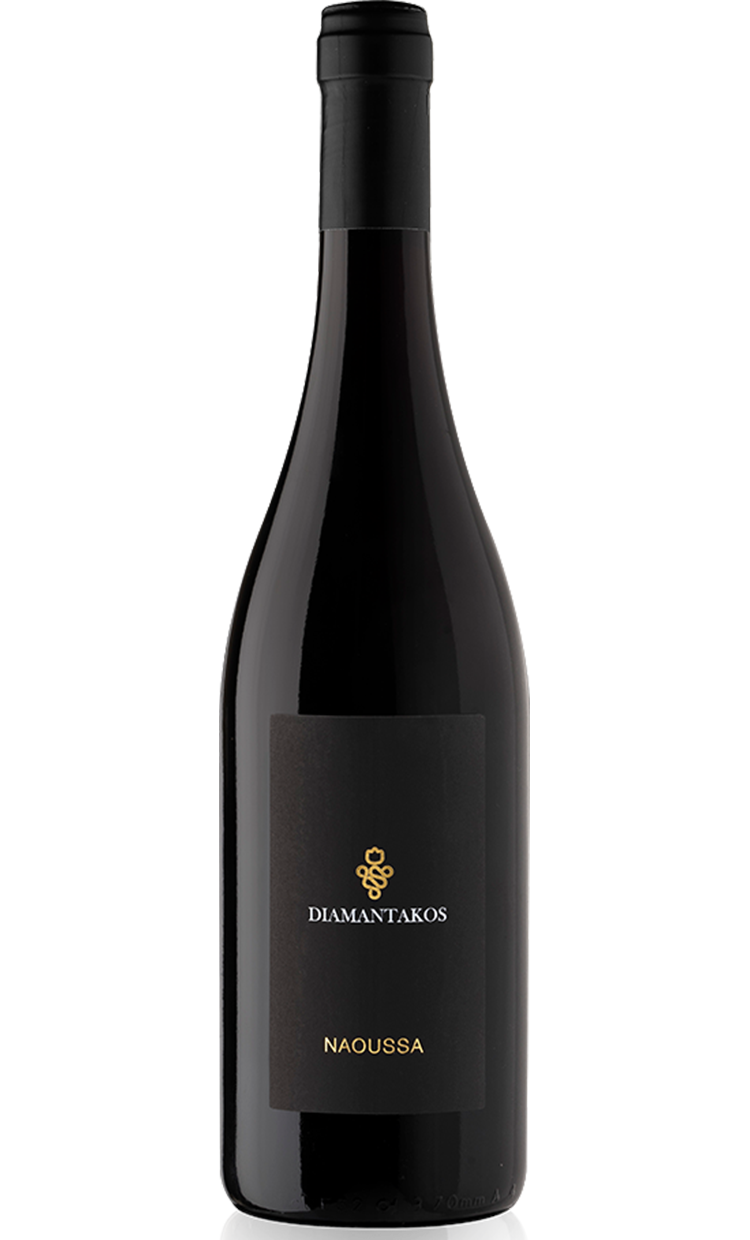
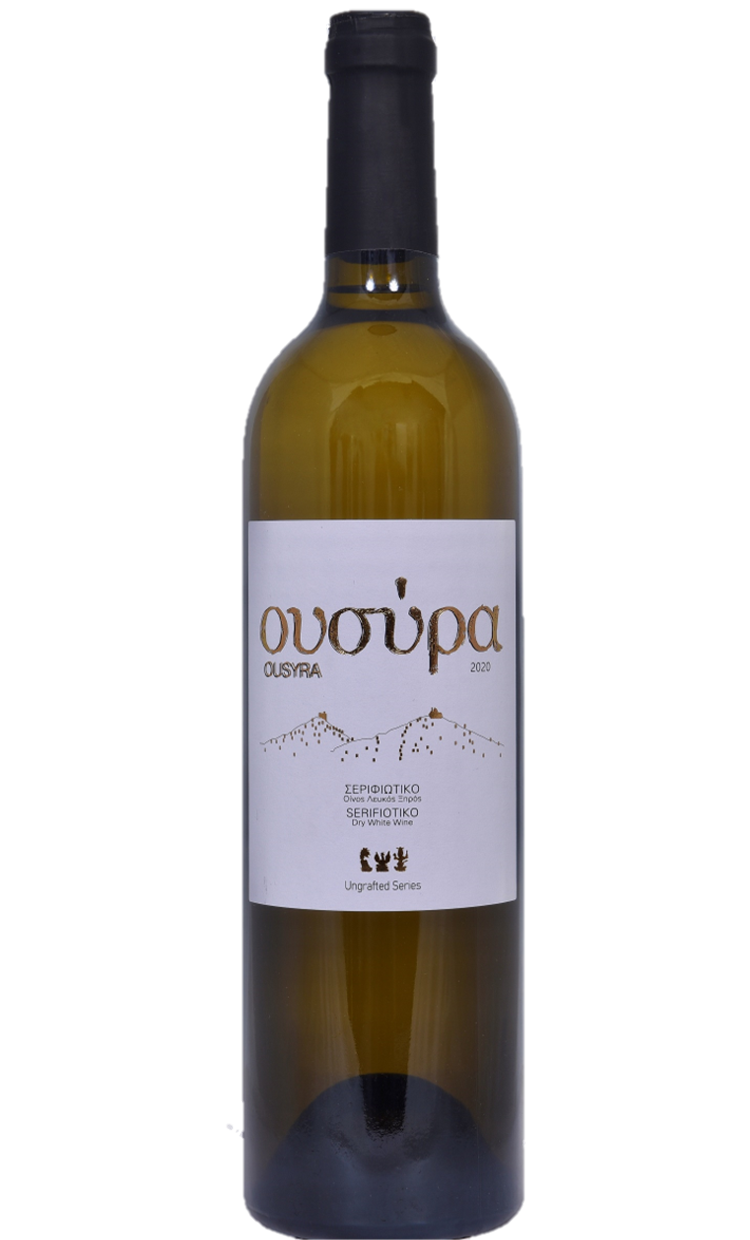
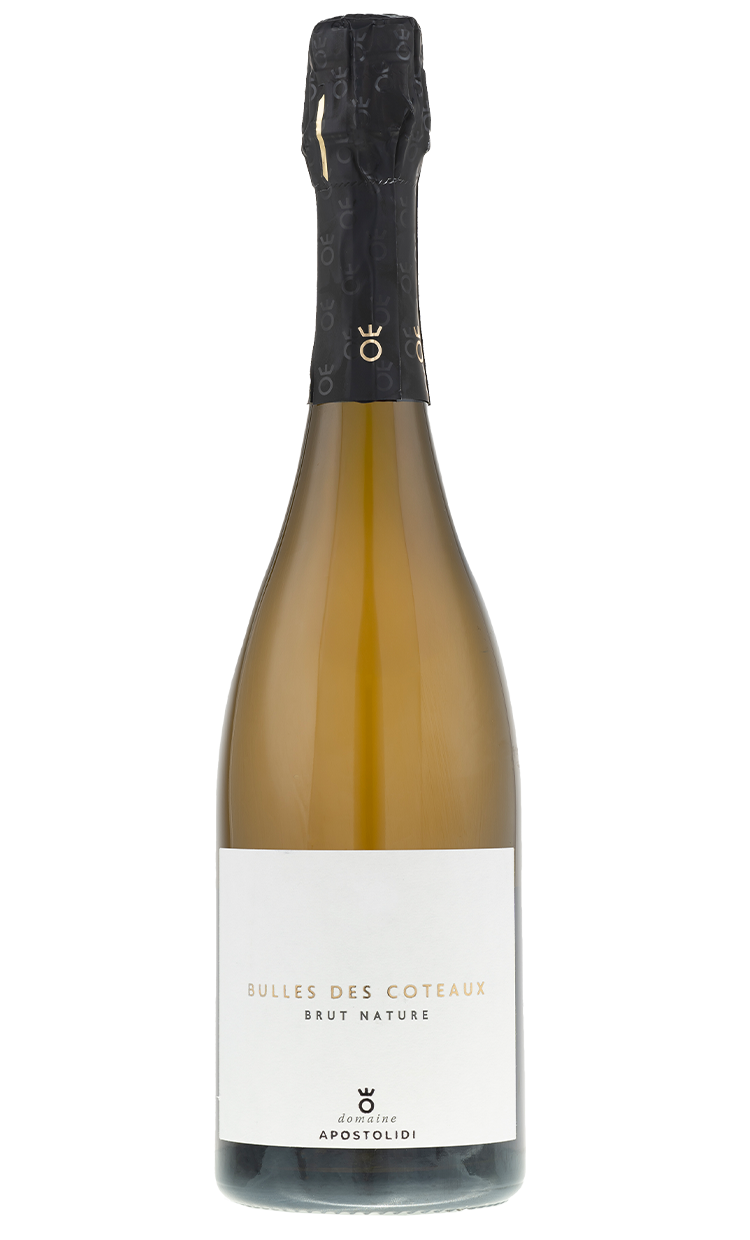
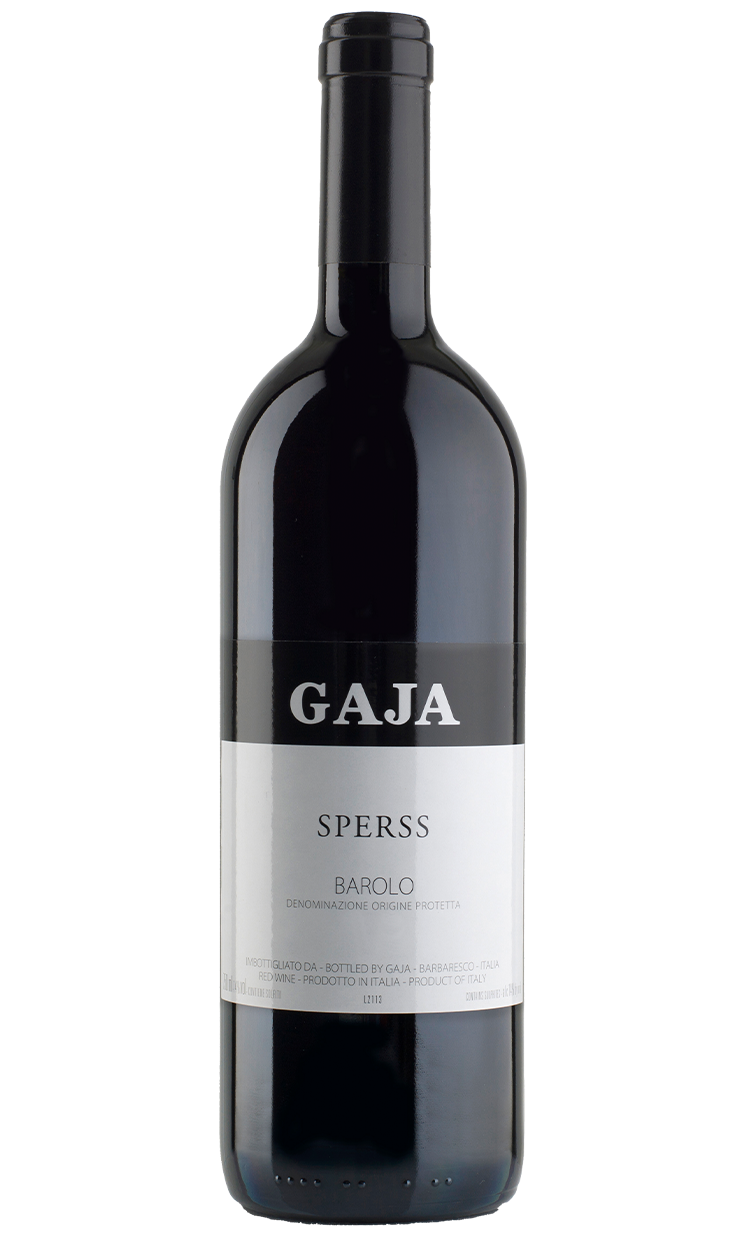
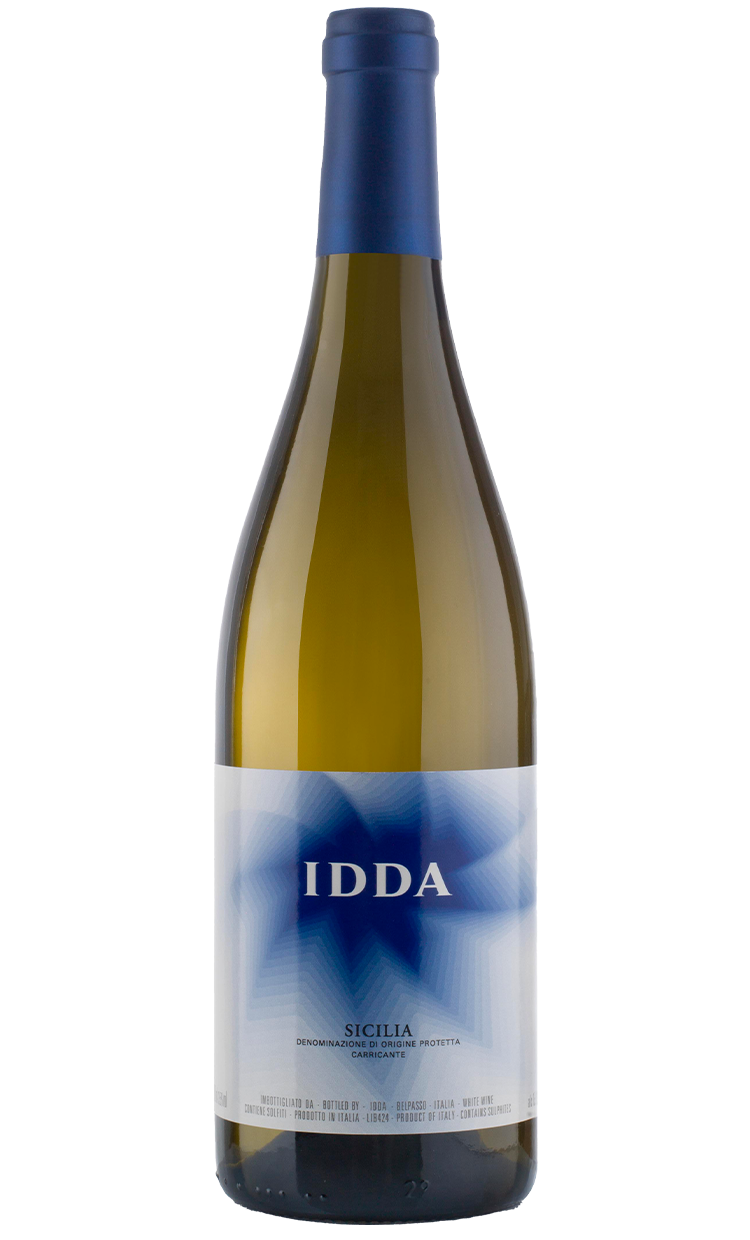
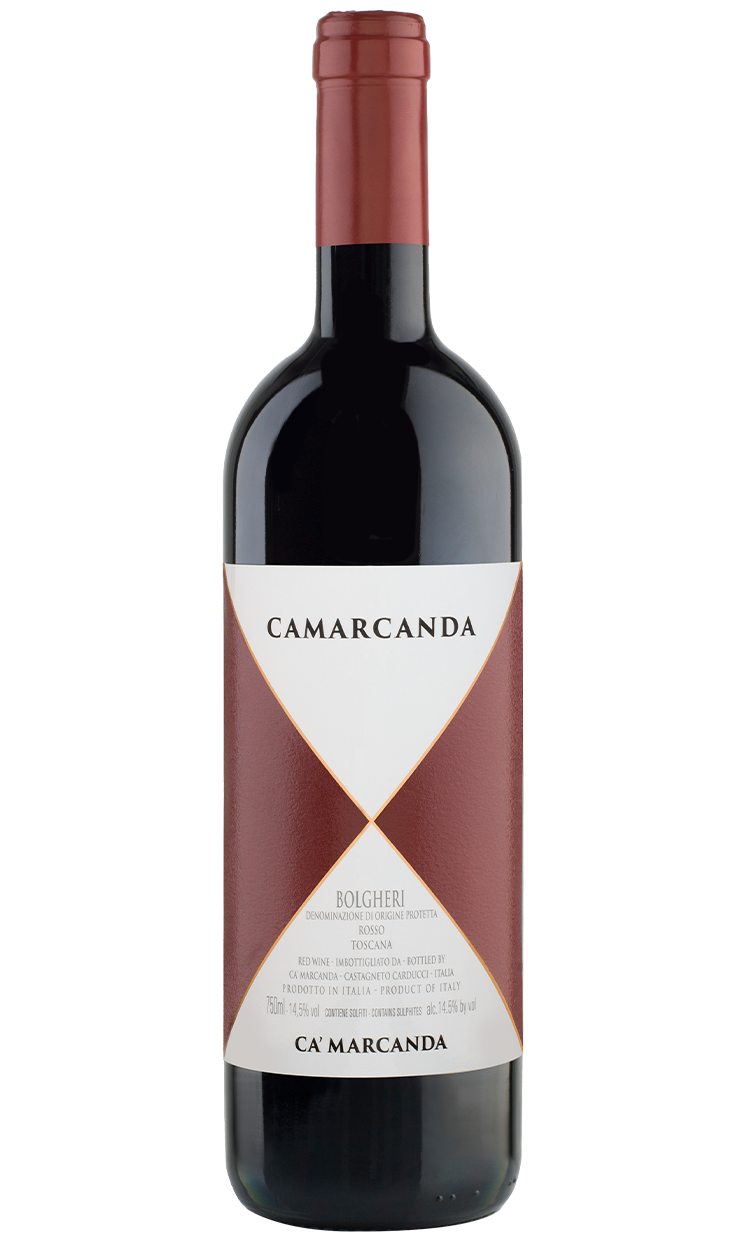
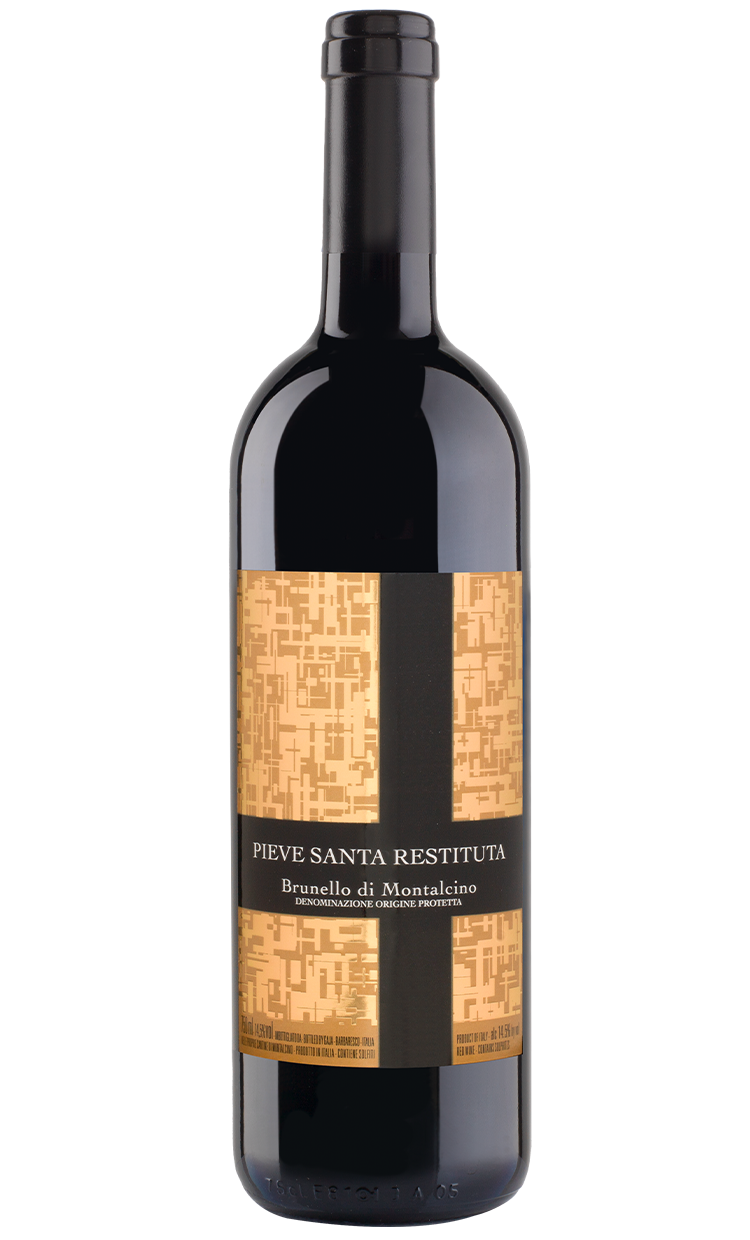
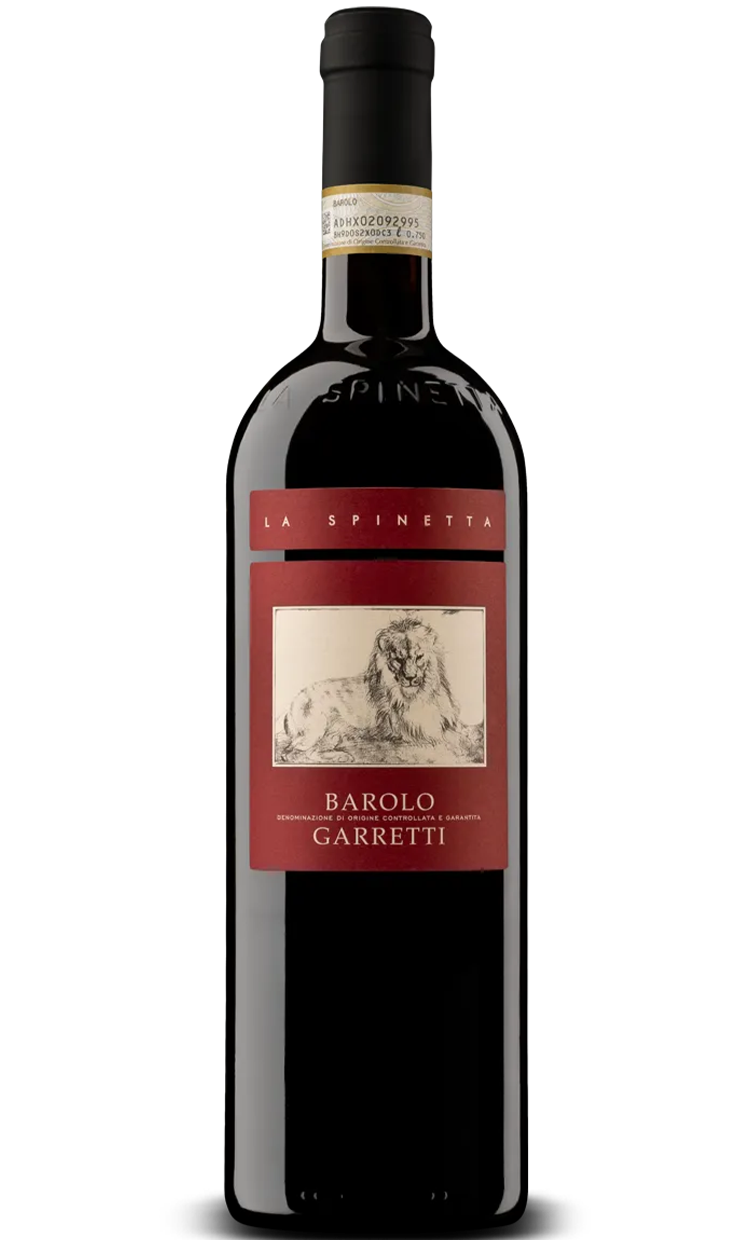
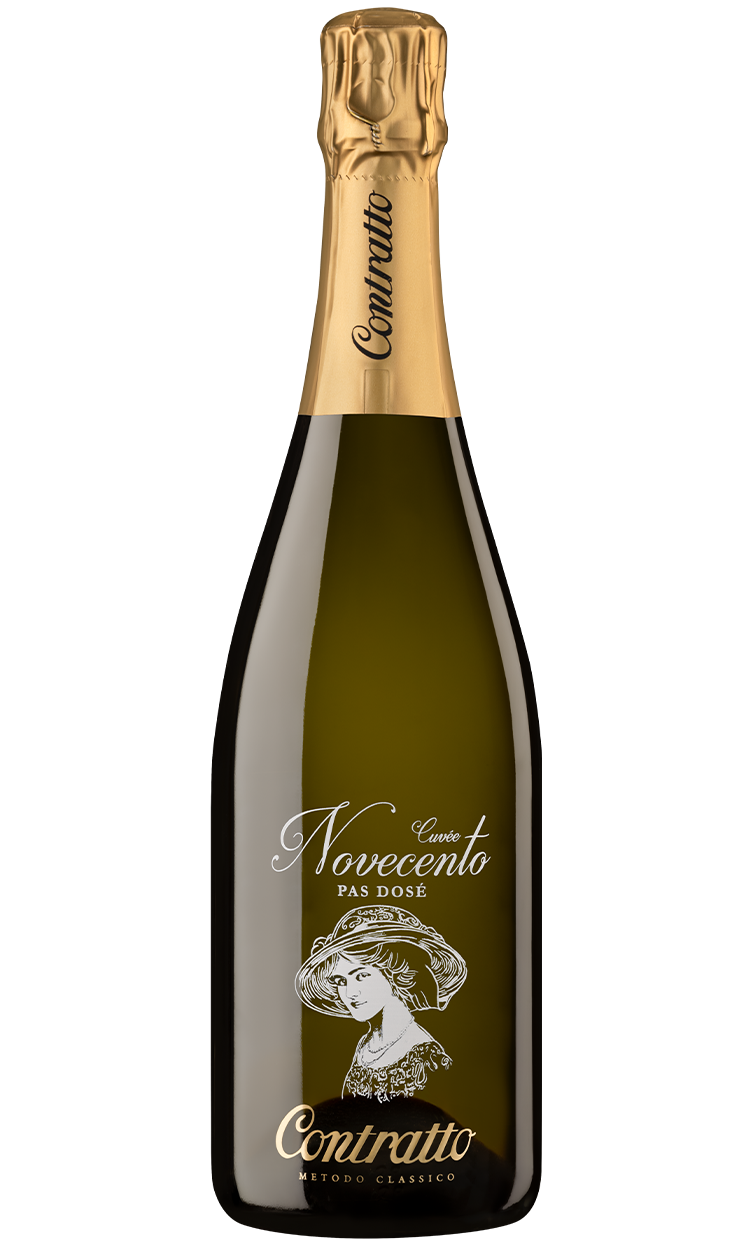
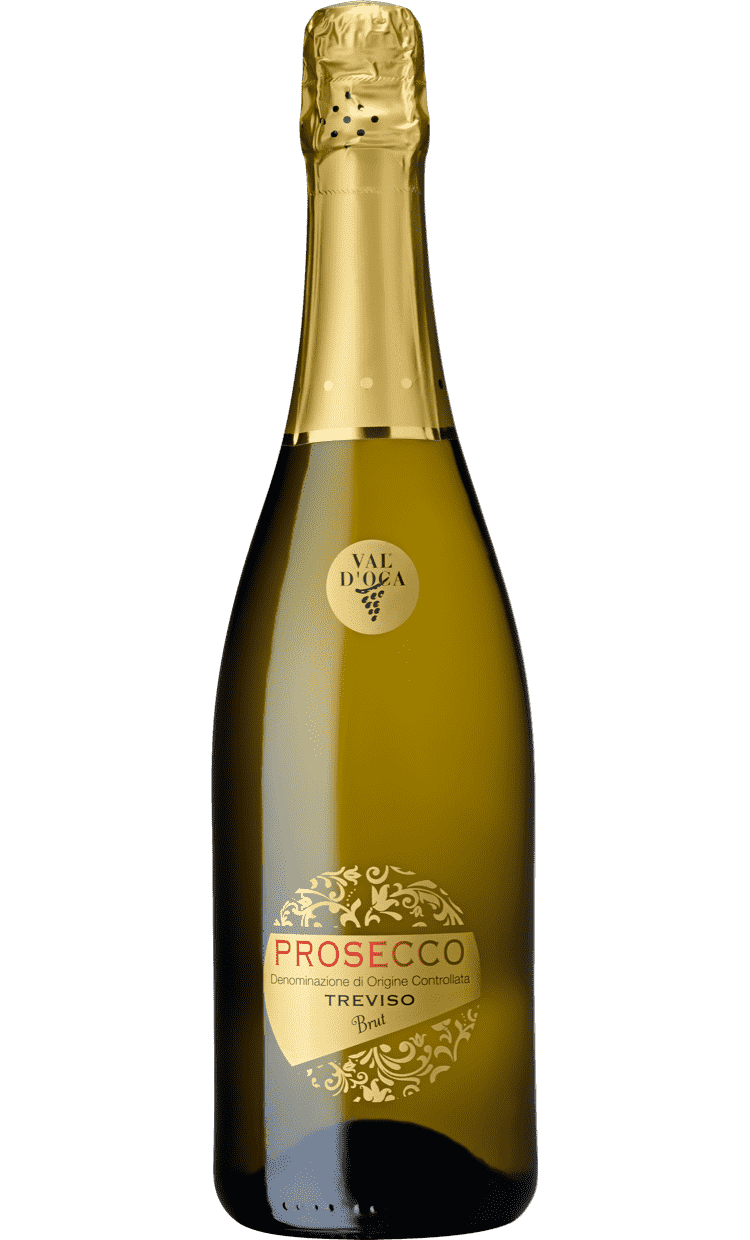
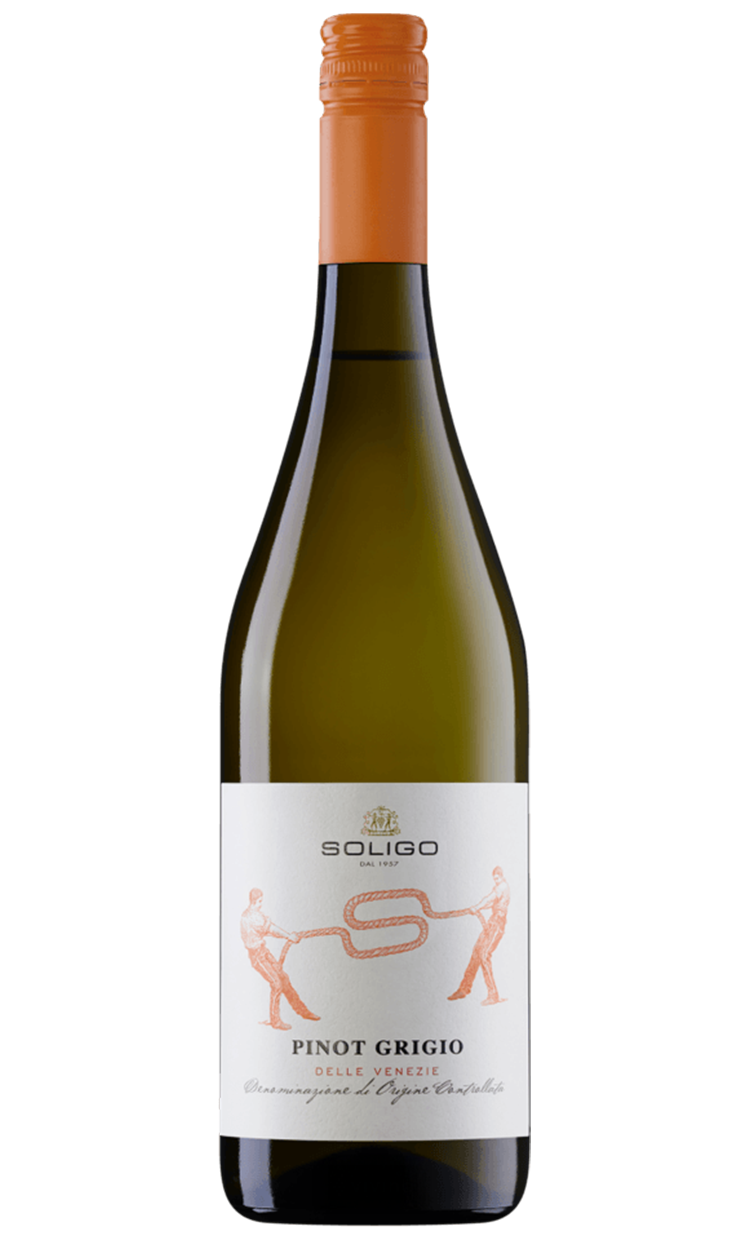
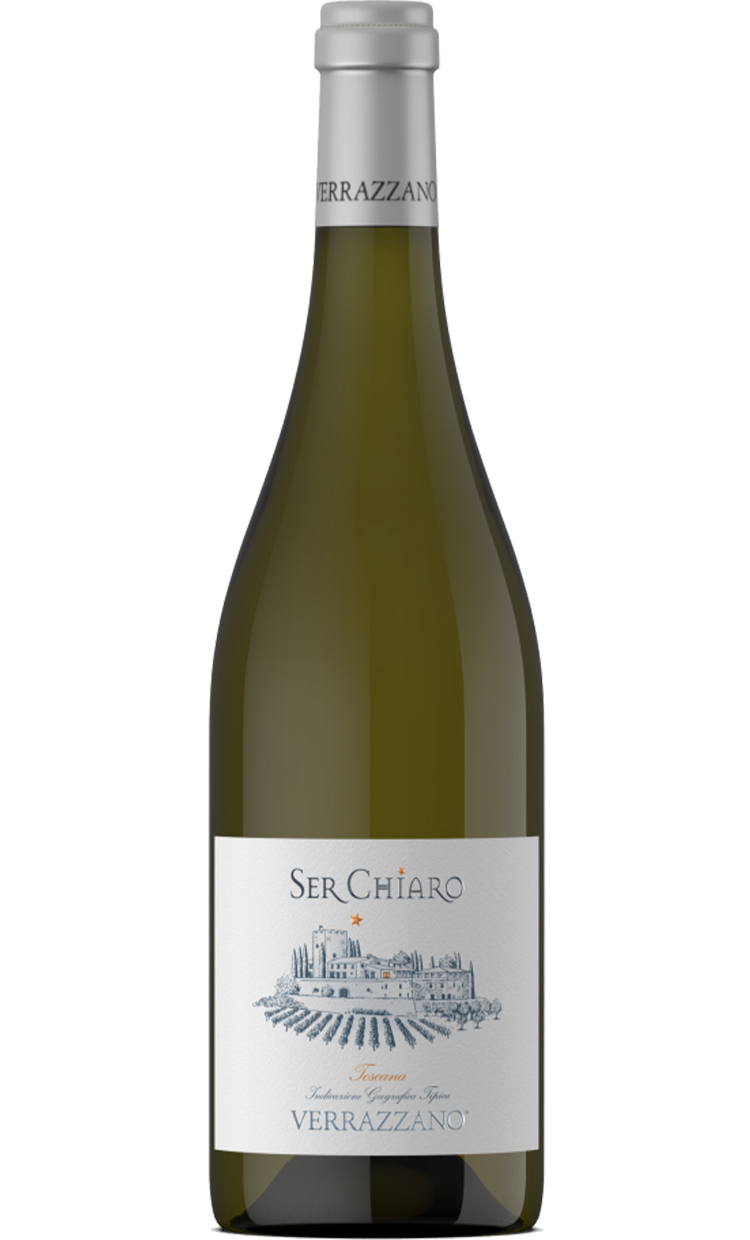
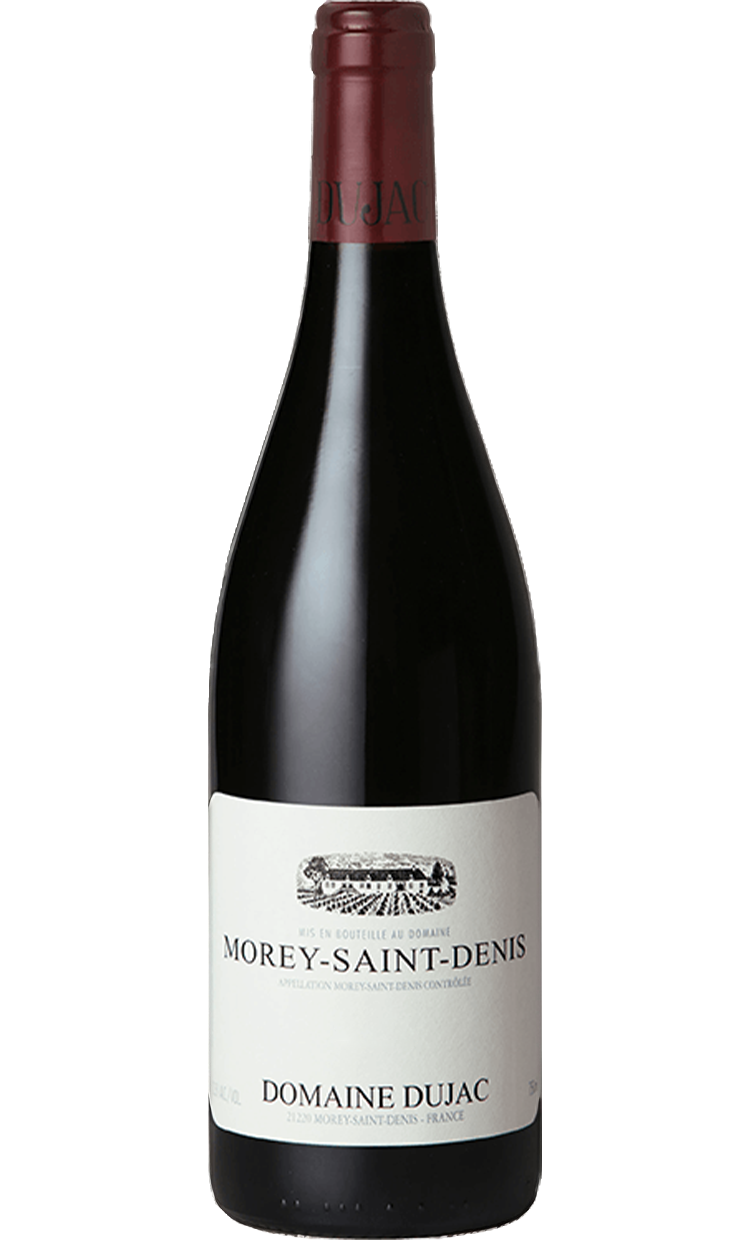
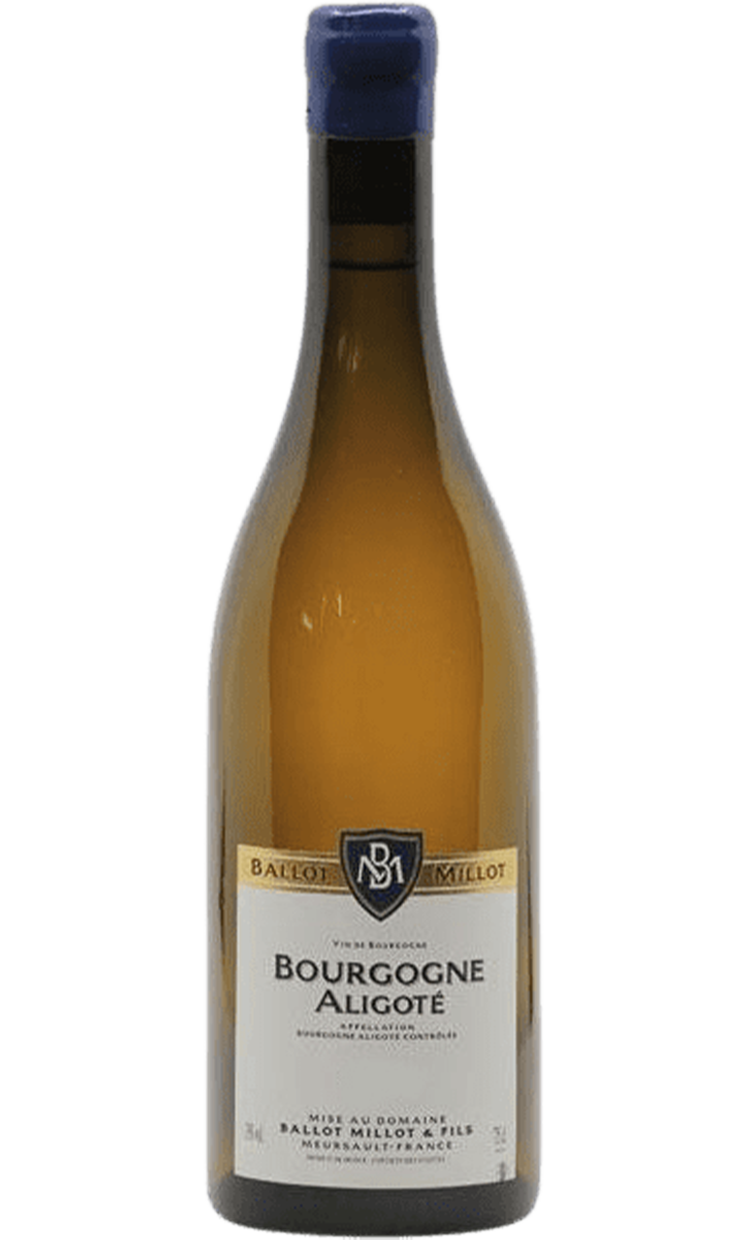
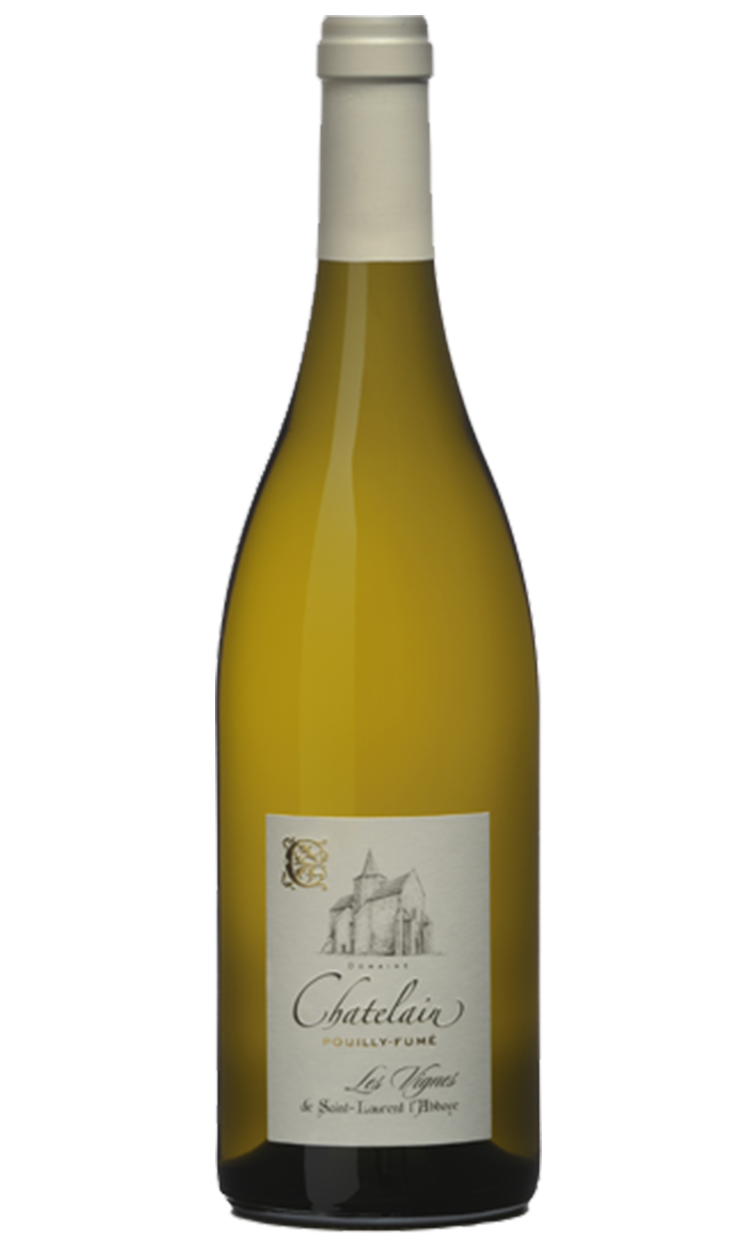
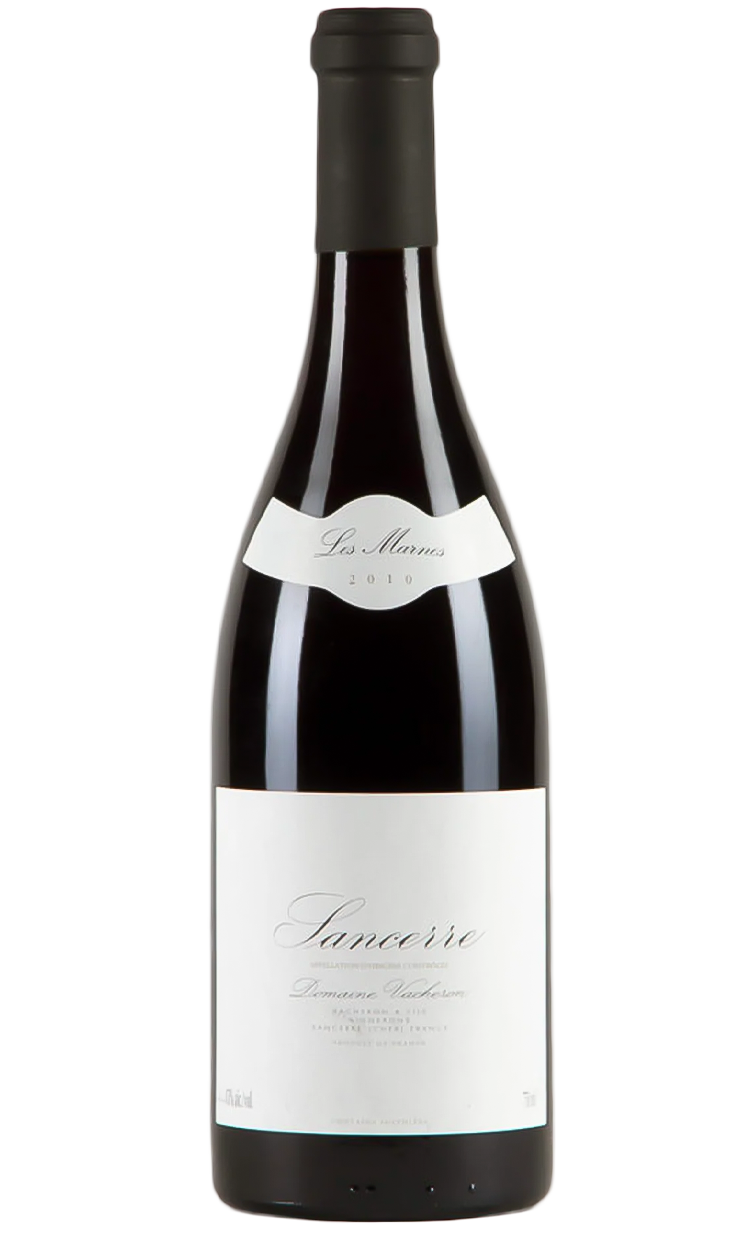
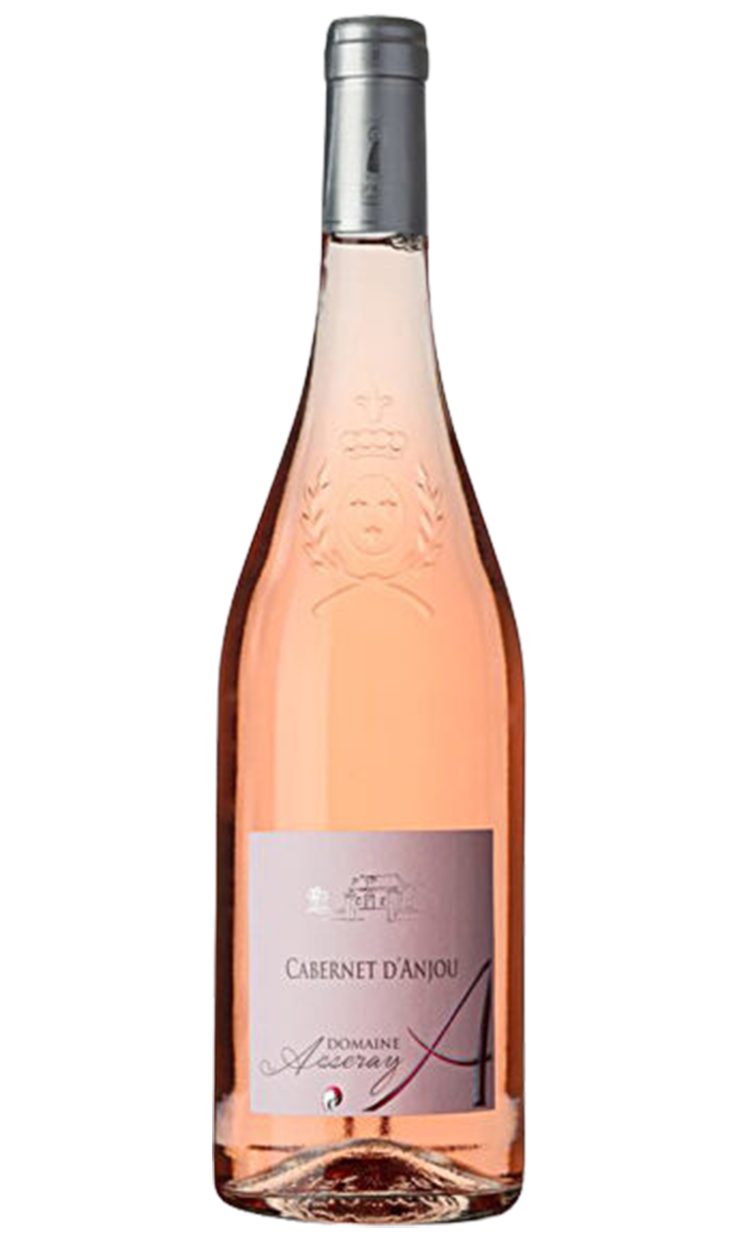
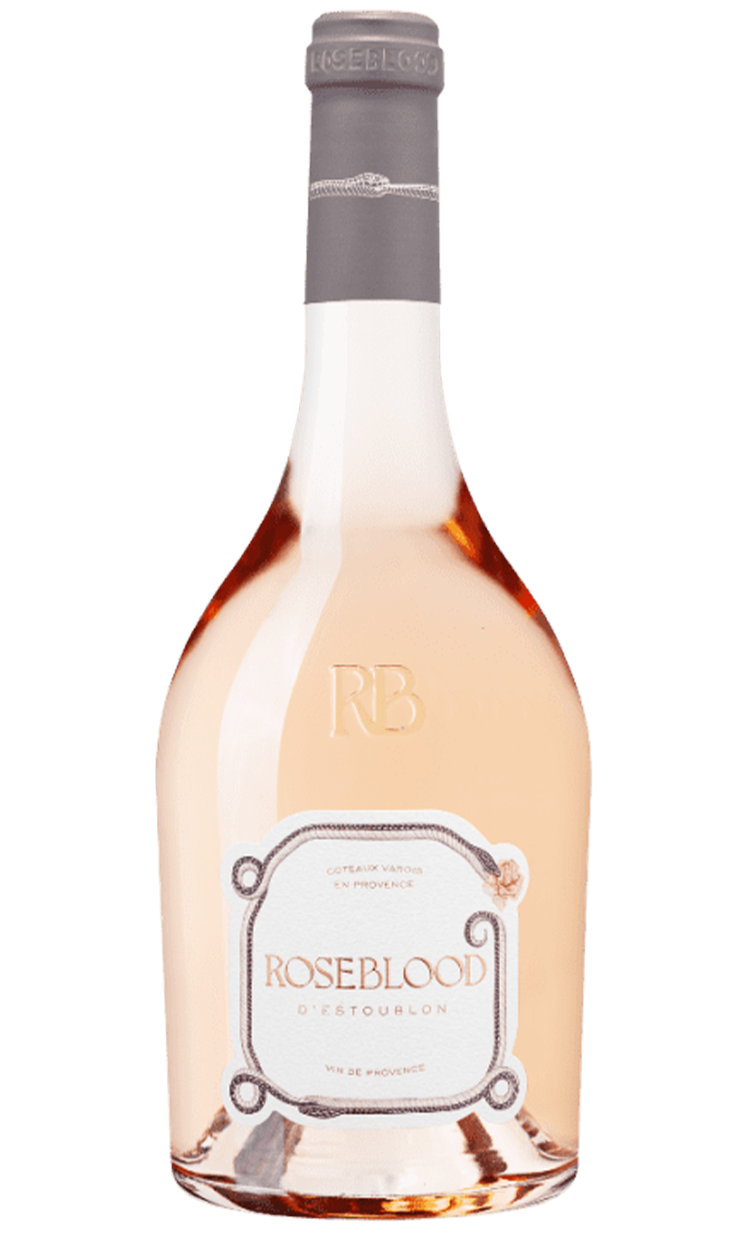
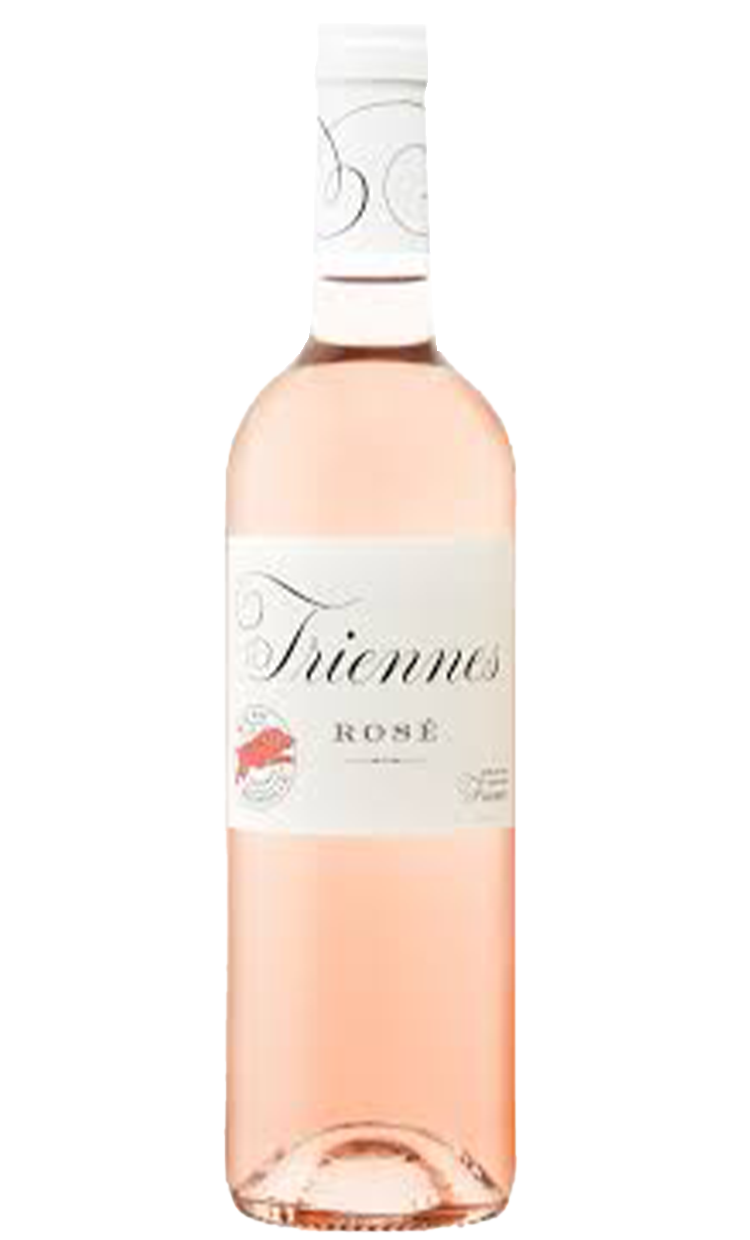
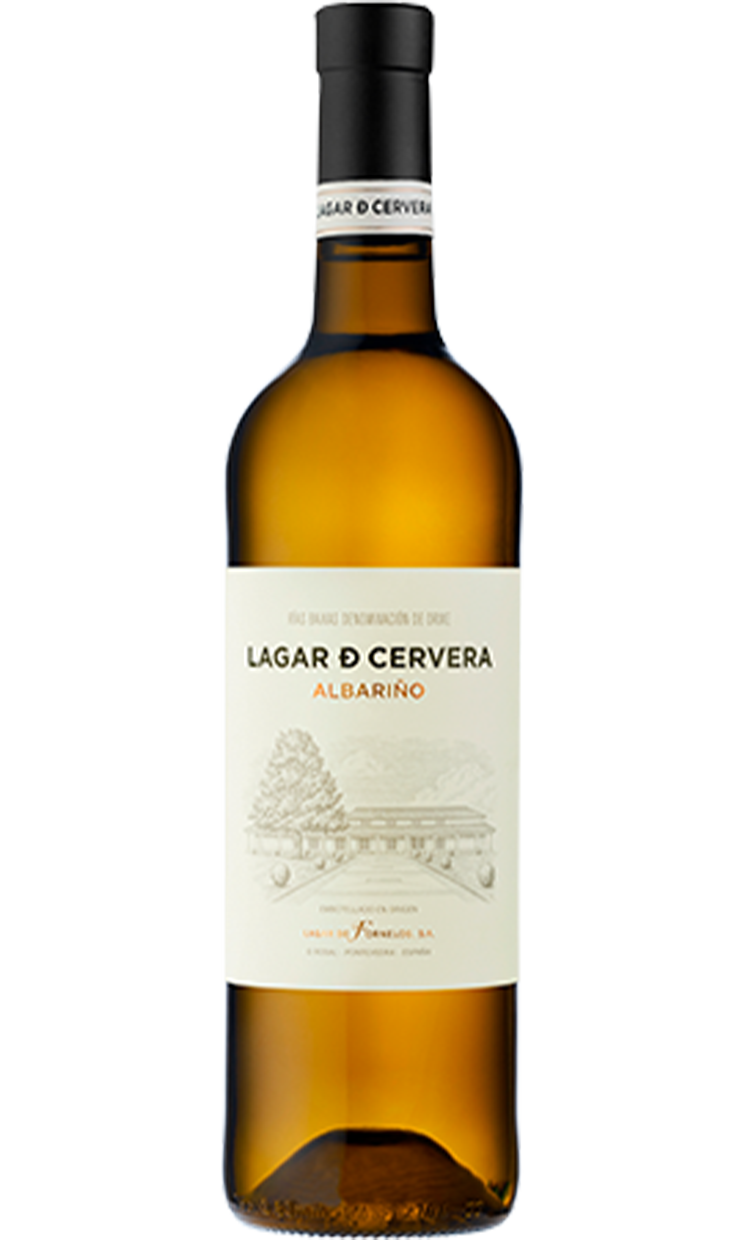
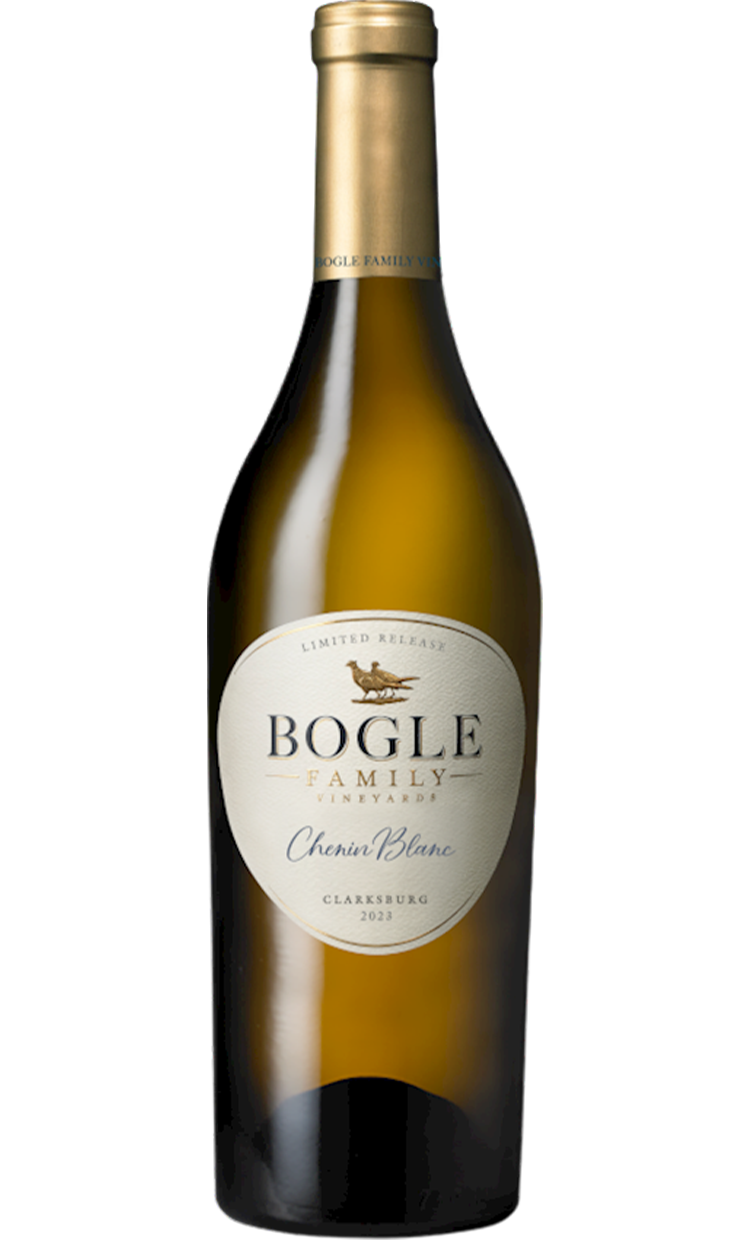
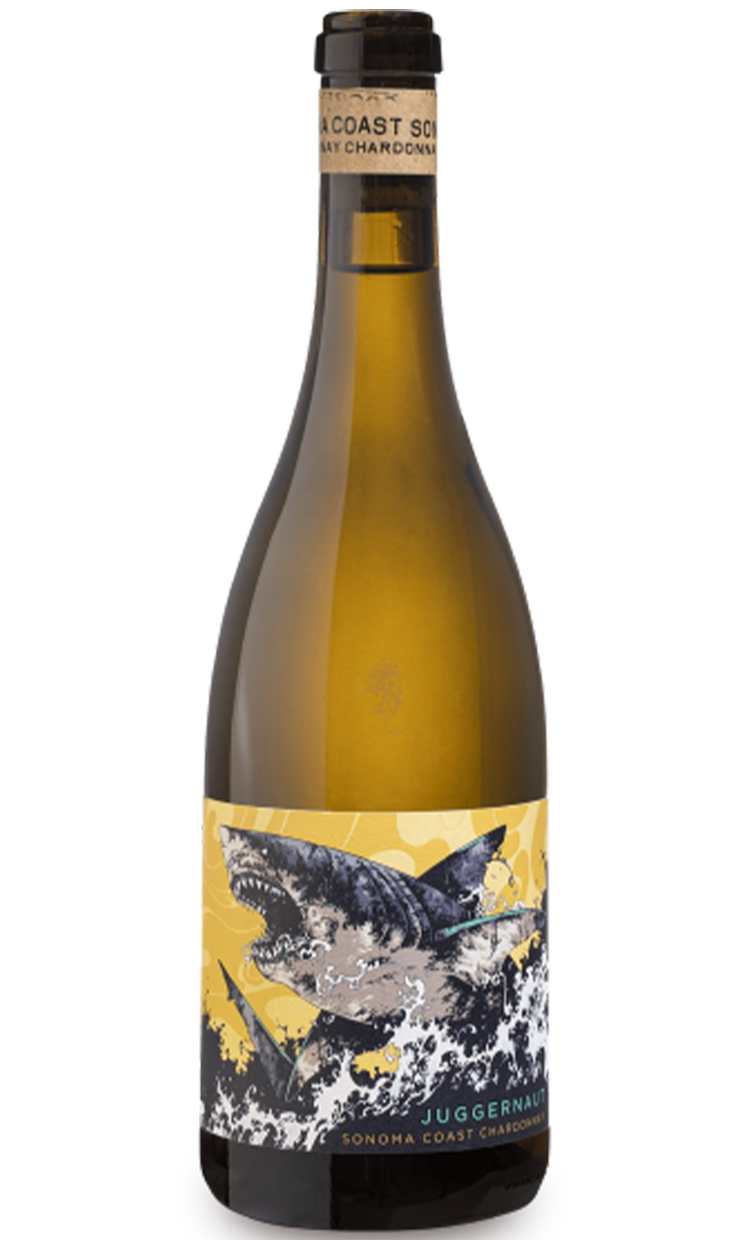
![ELEMENT[AL]](https://www.dynamiki-sa.gr/uploads/1/image_png/o_1j1b5qeal171f6oe1vcra0tf3ir.png)
